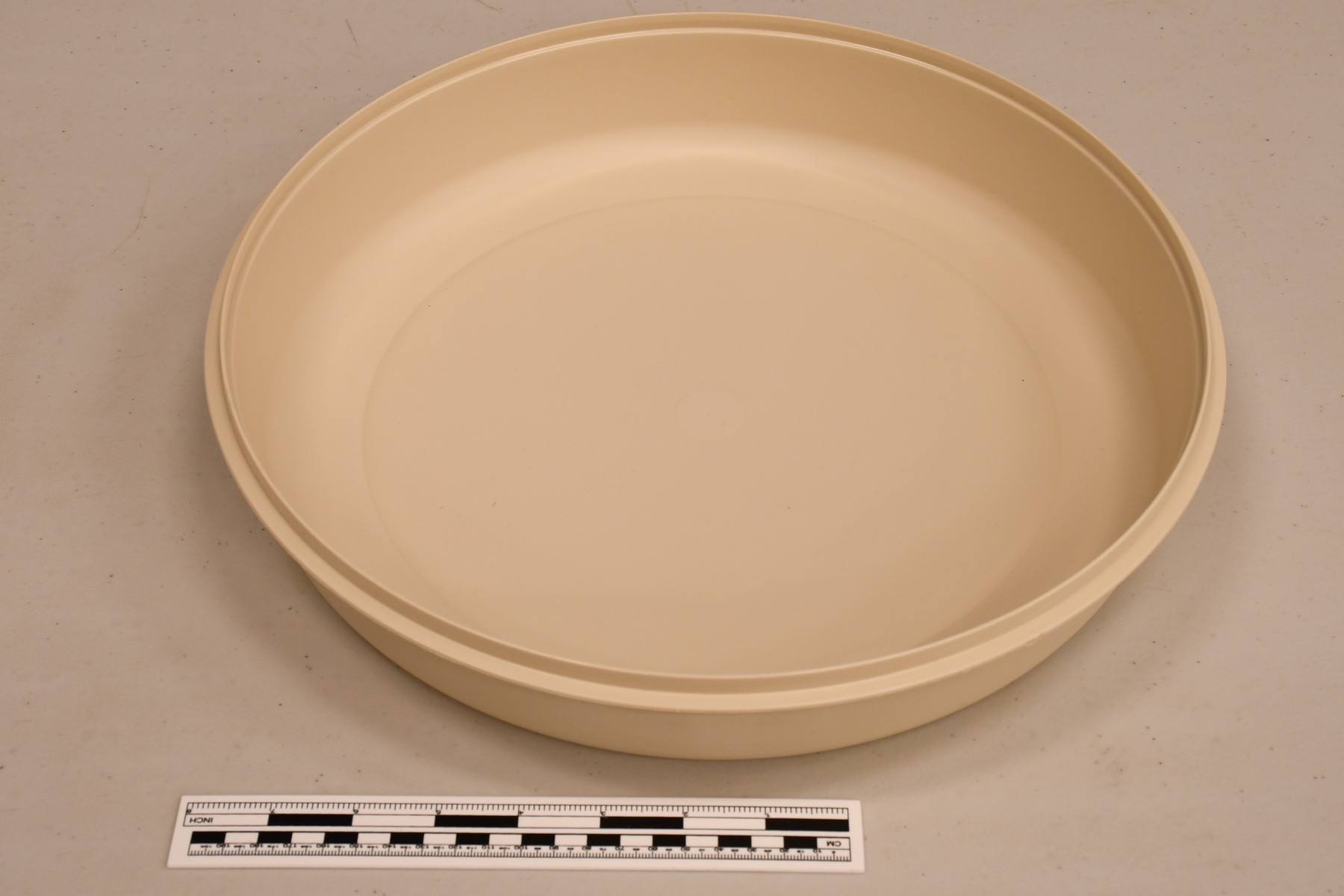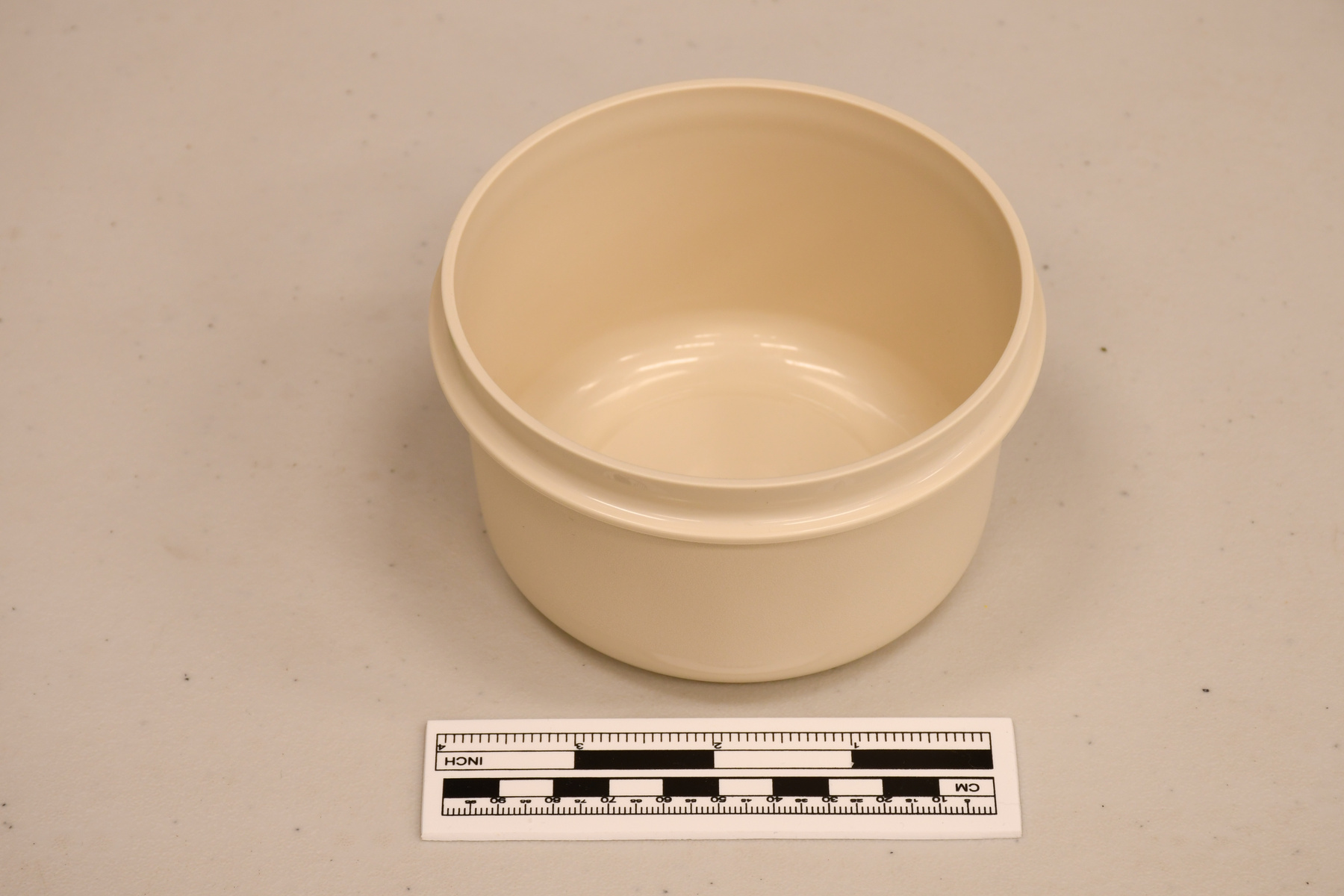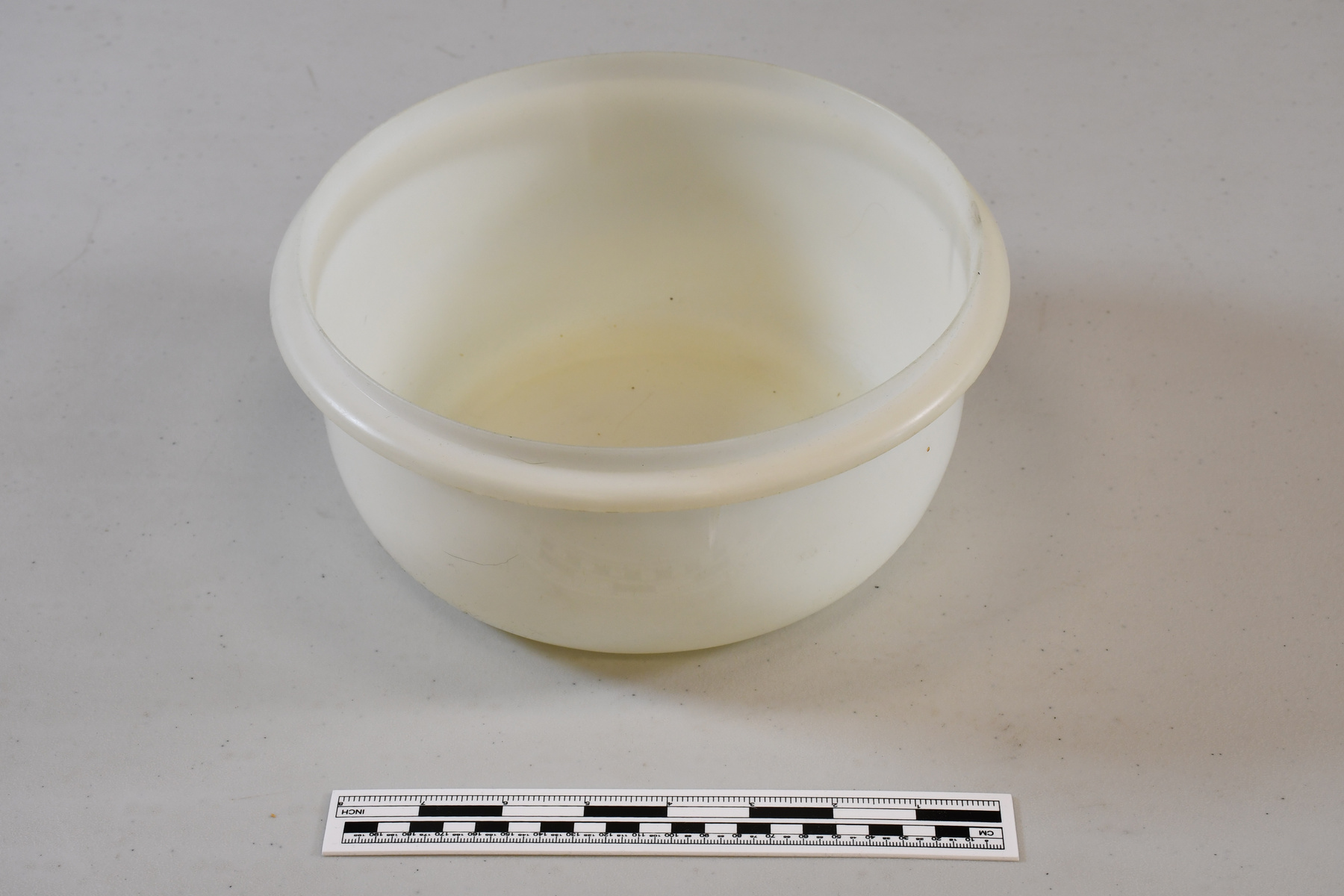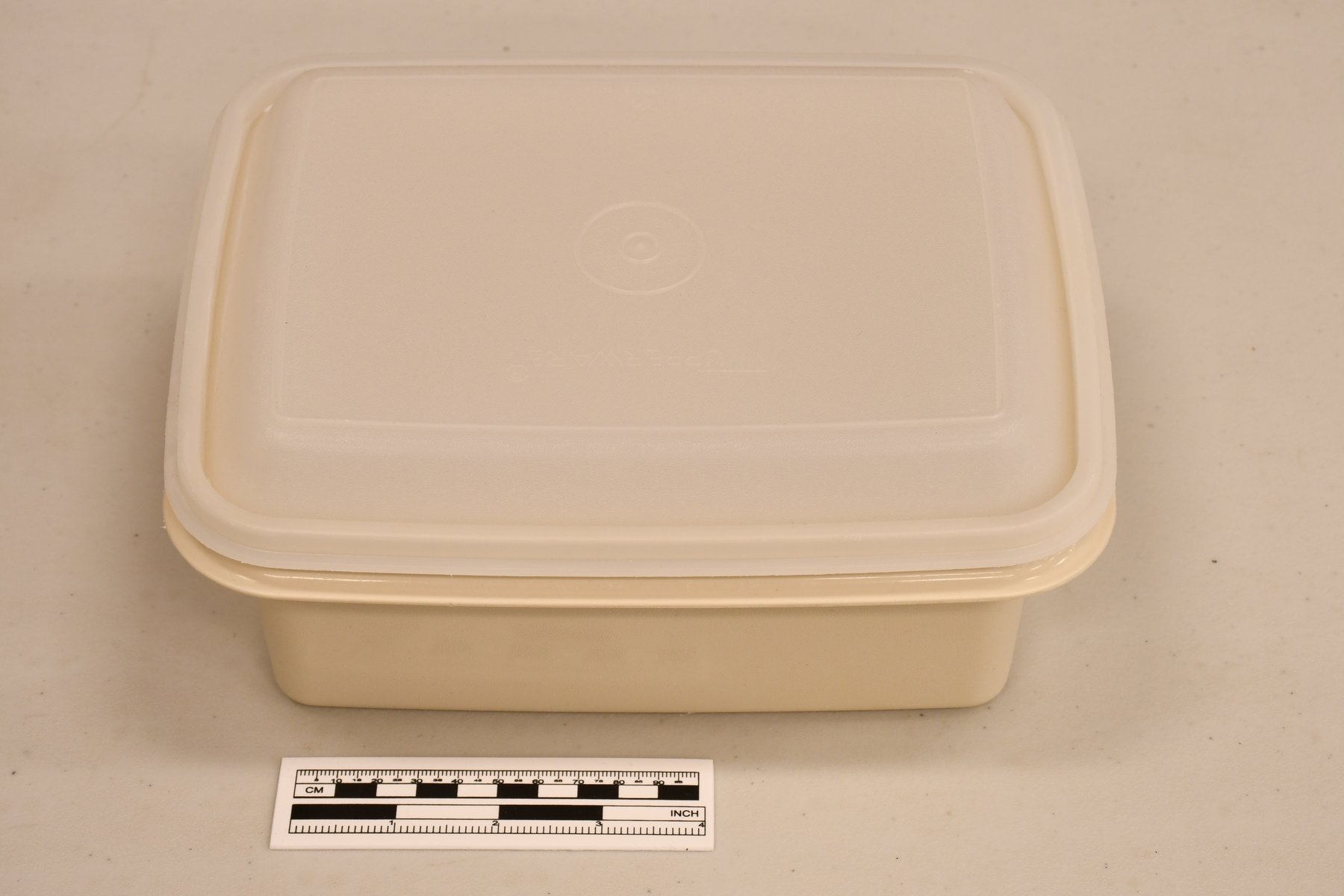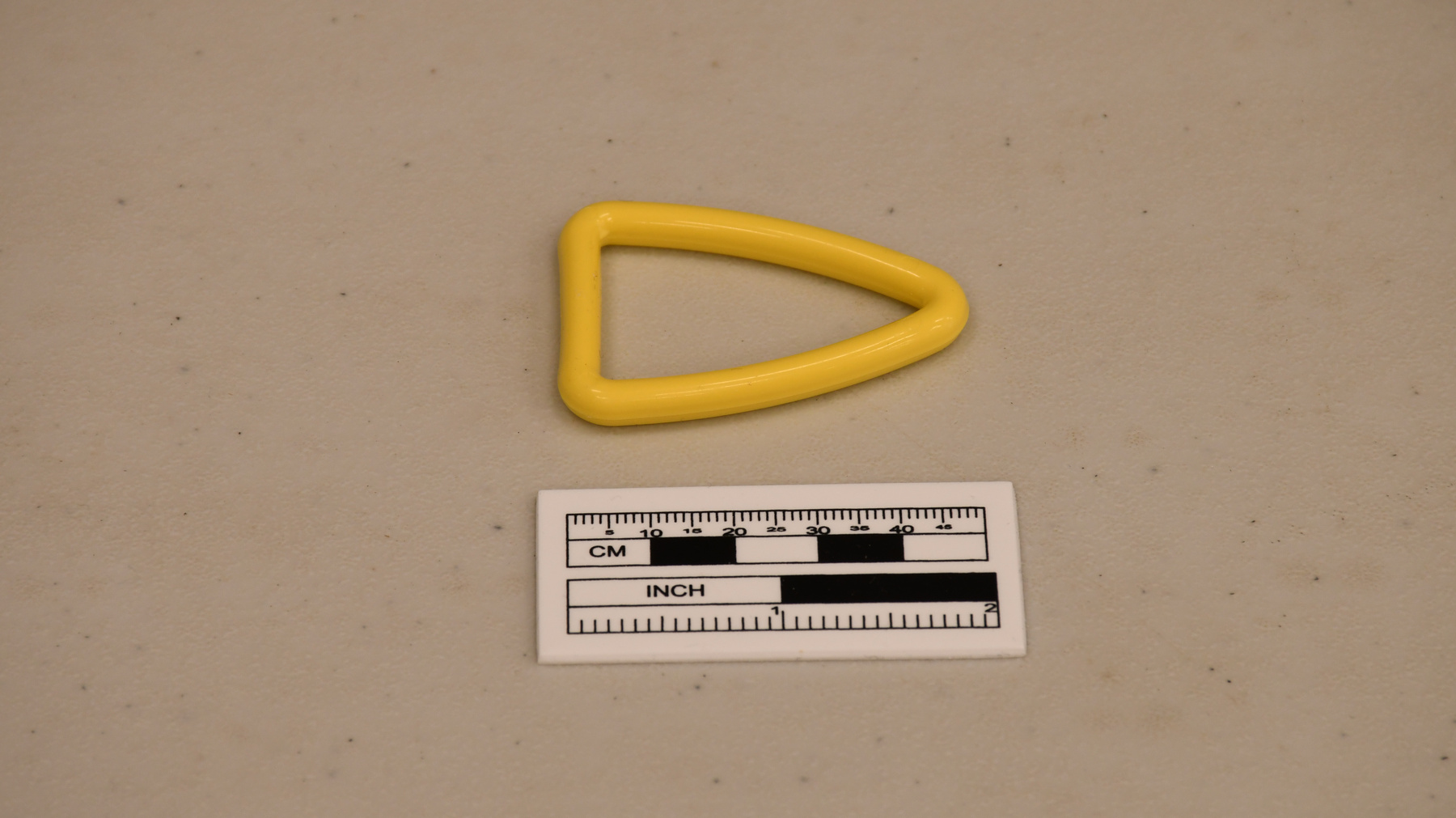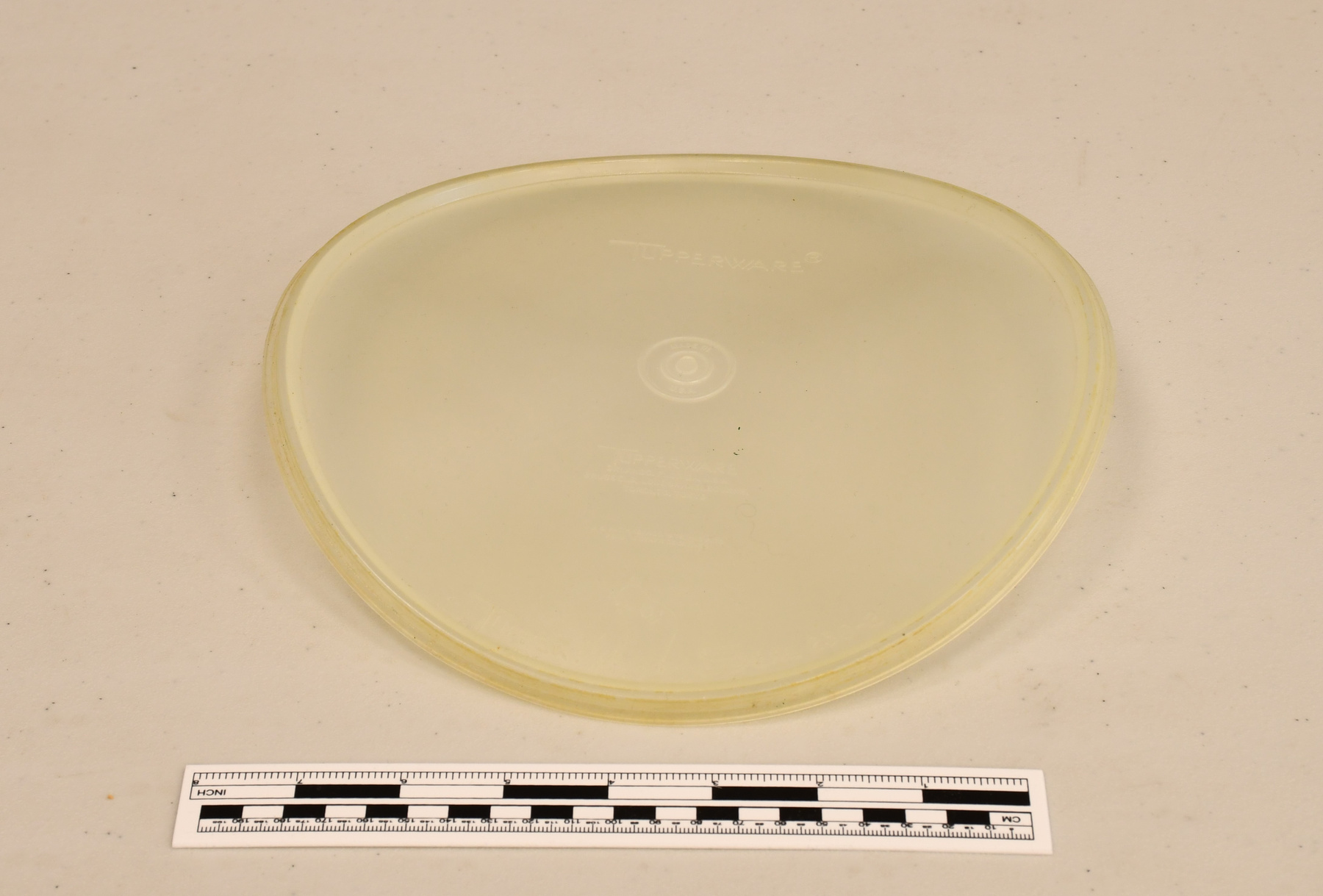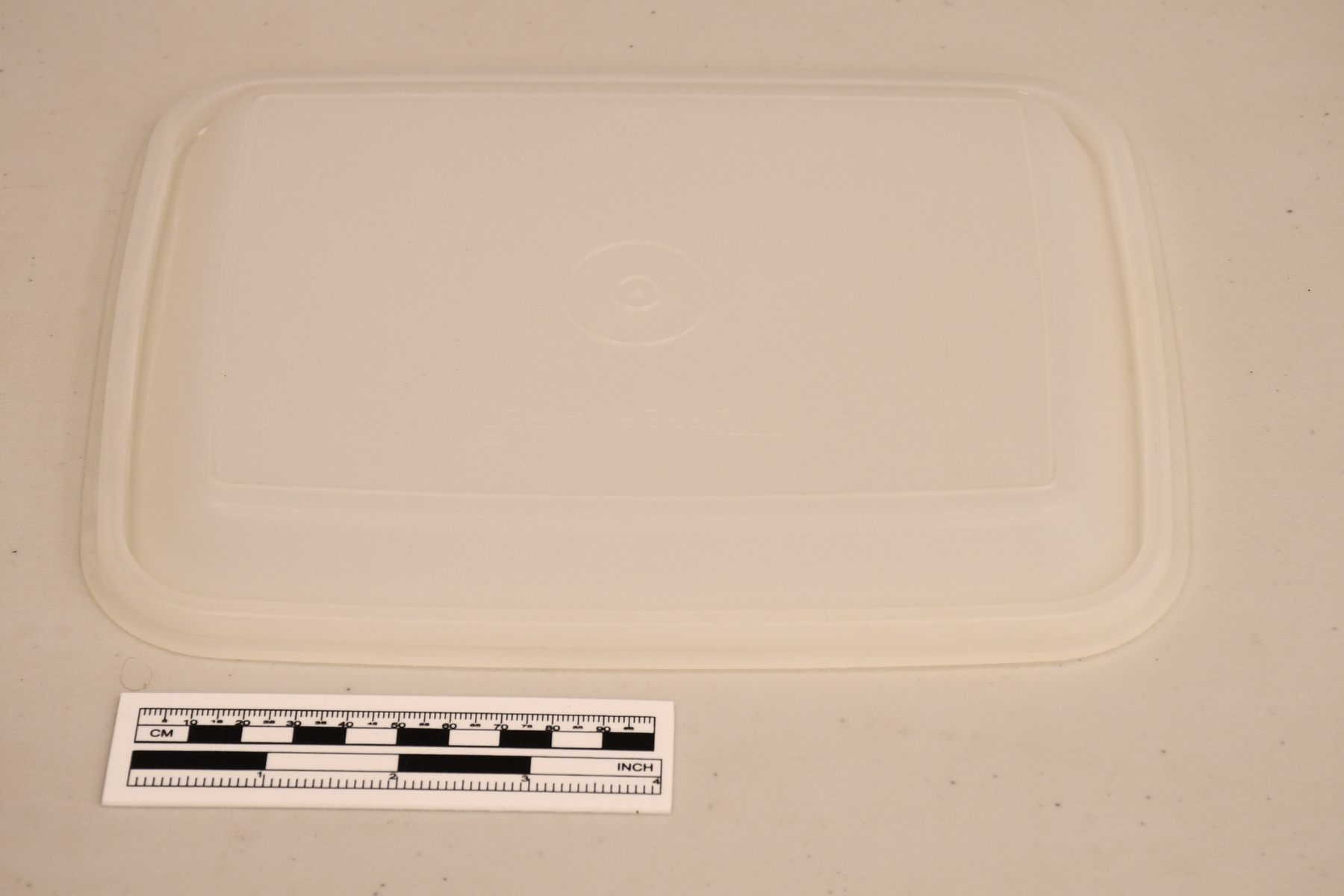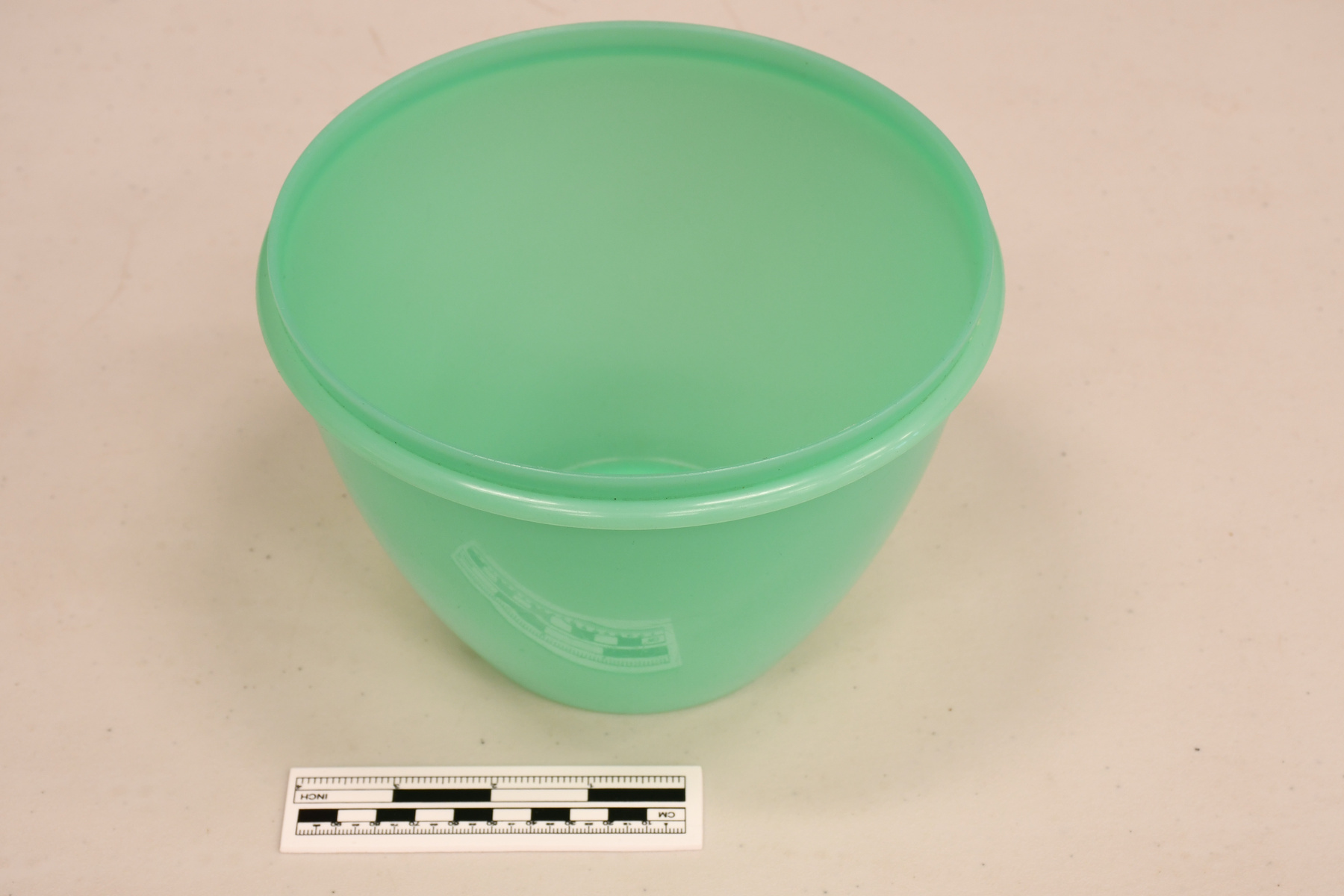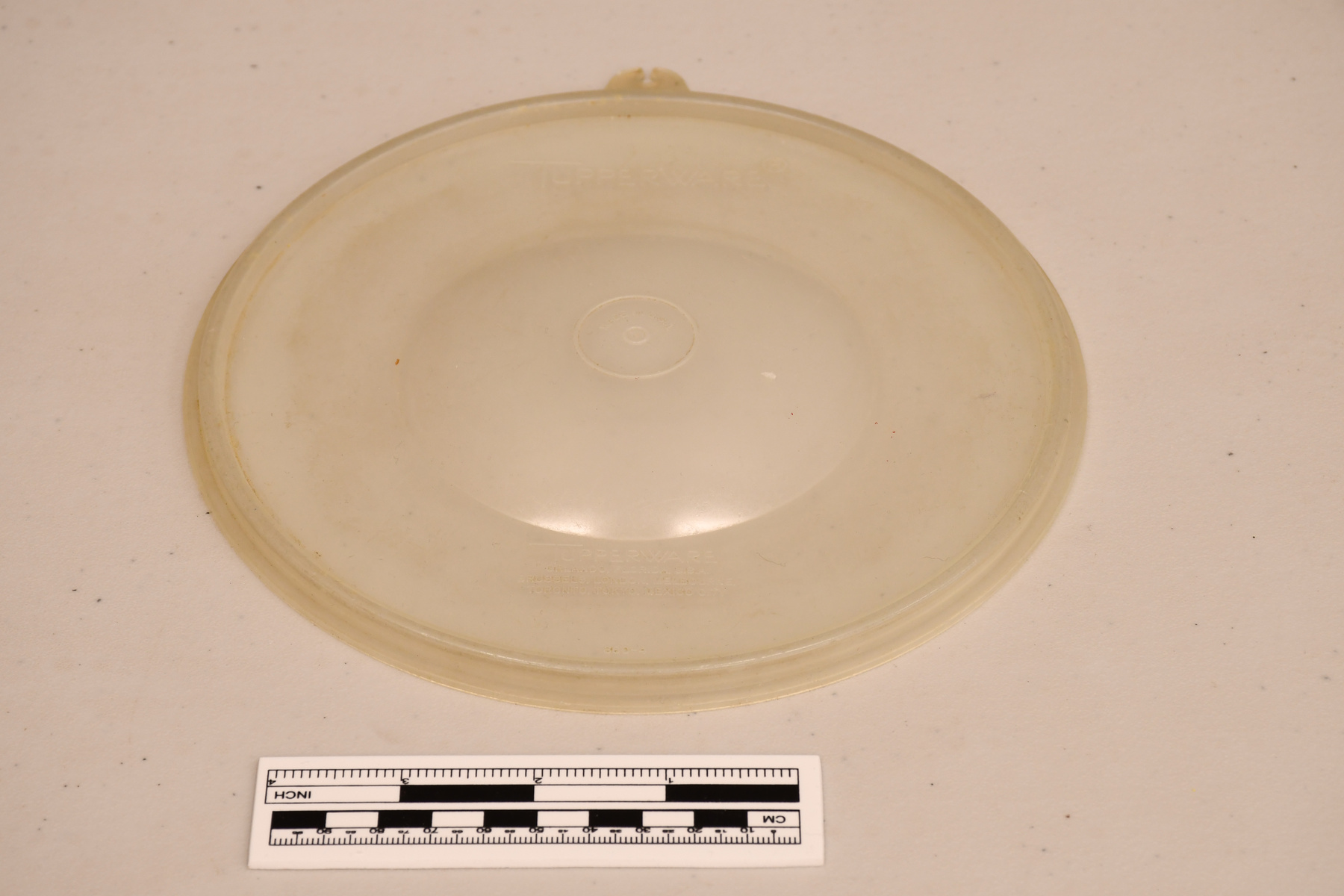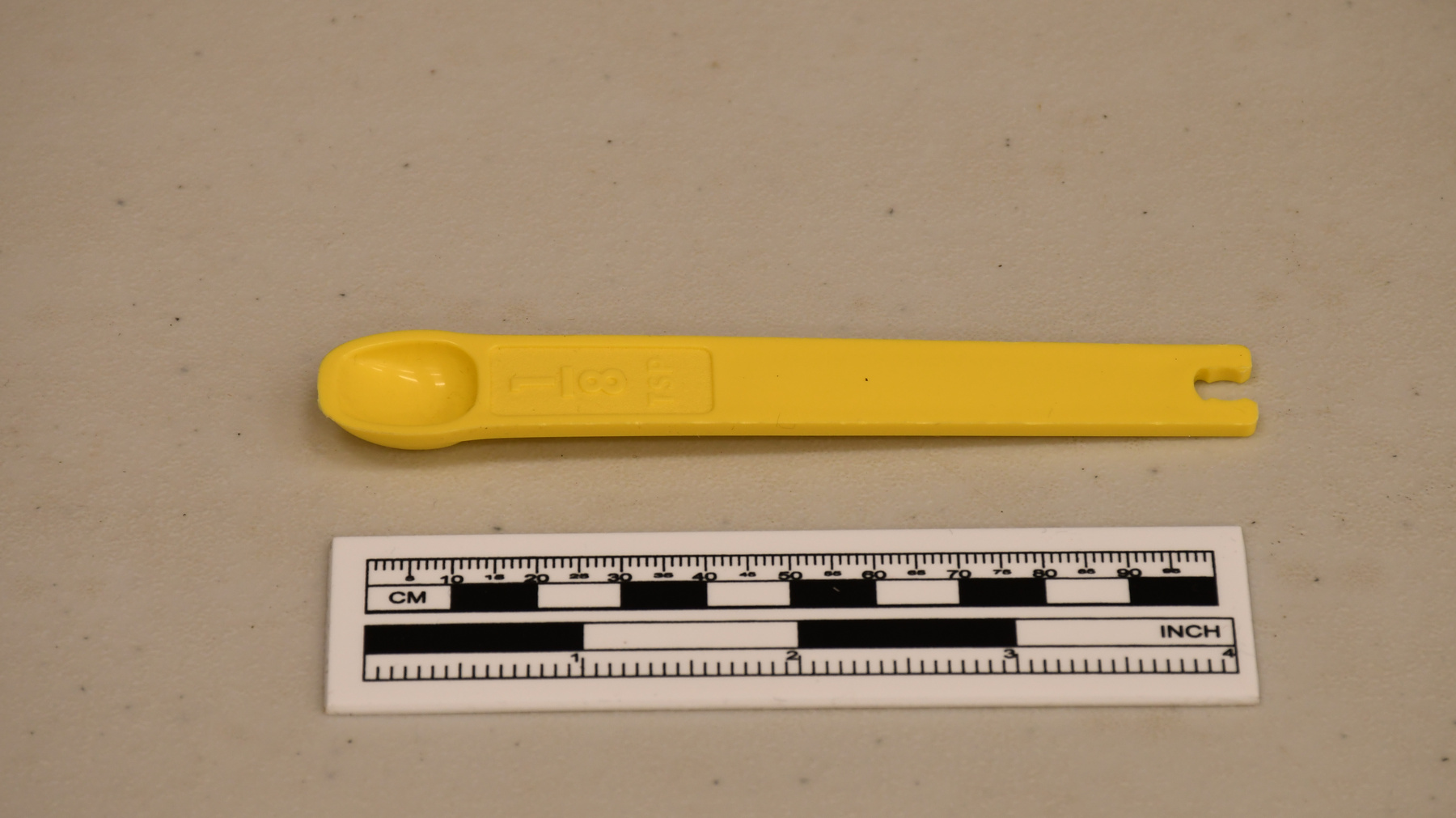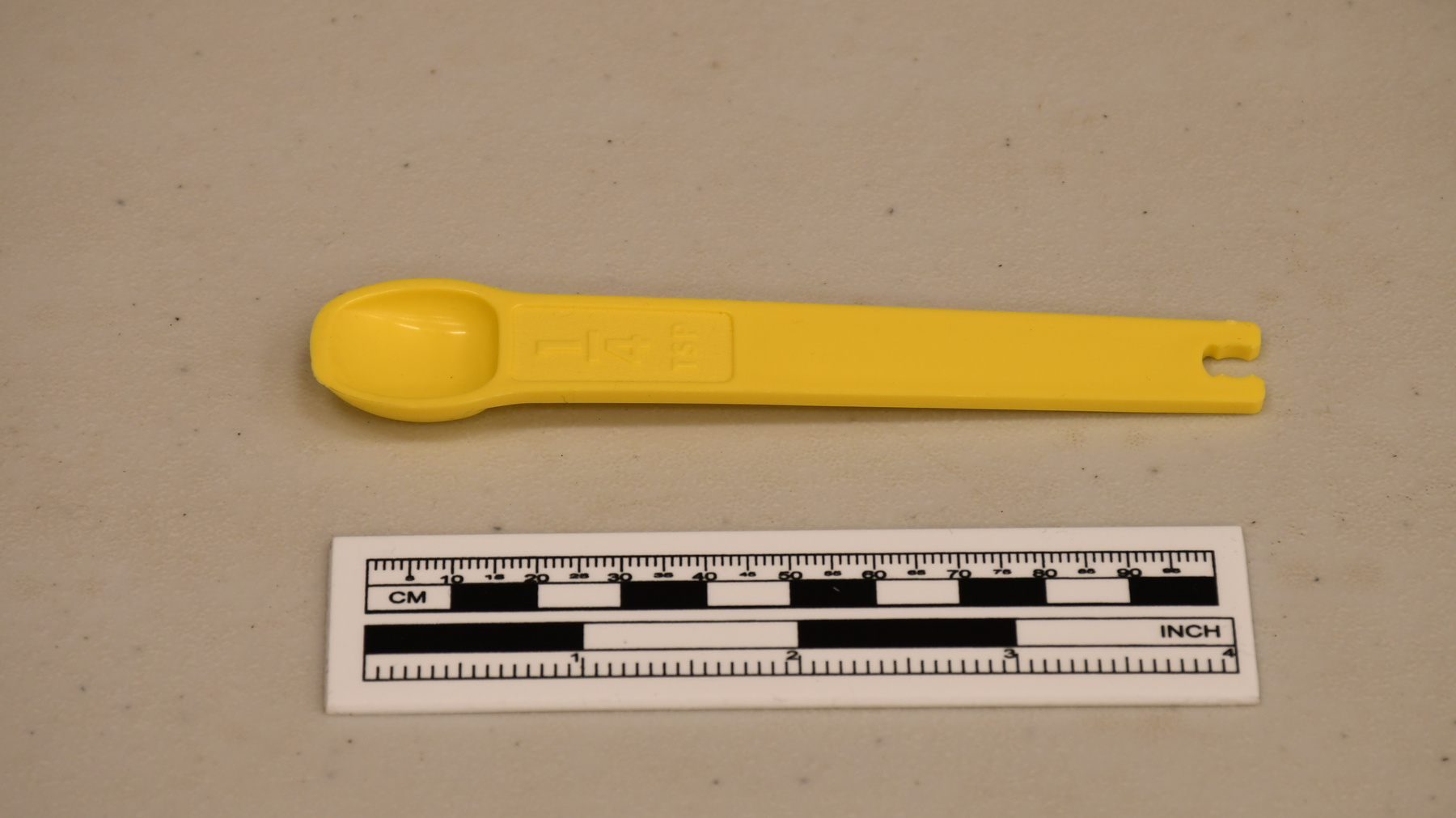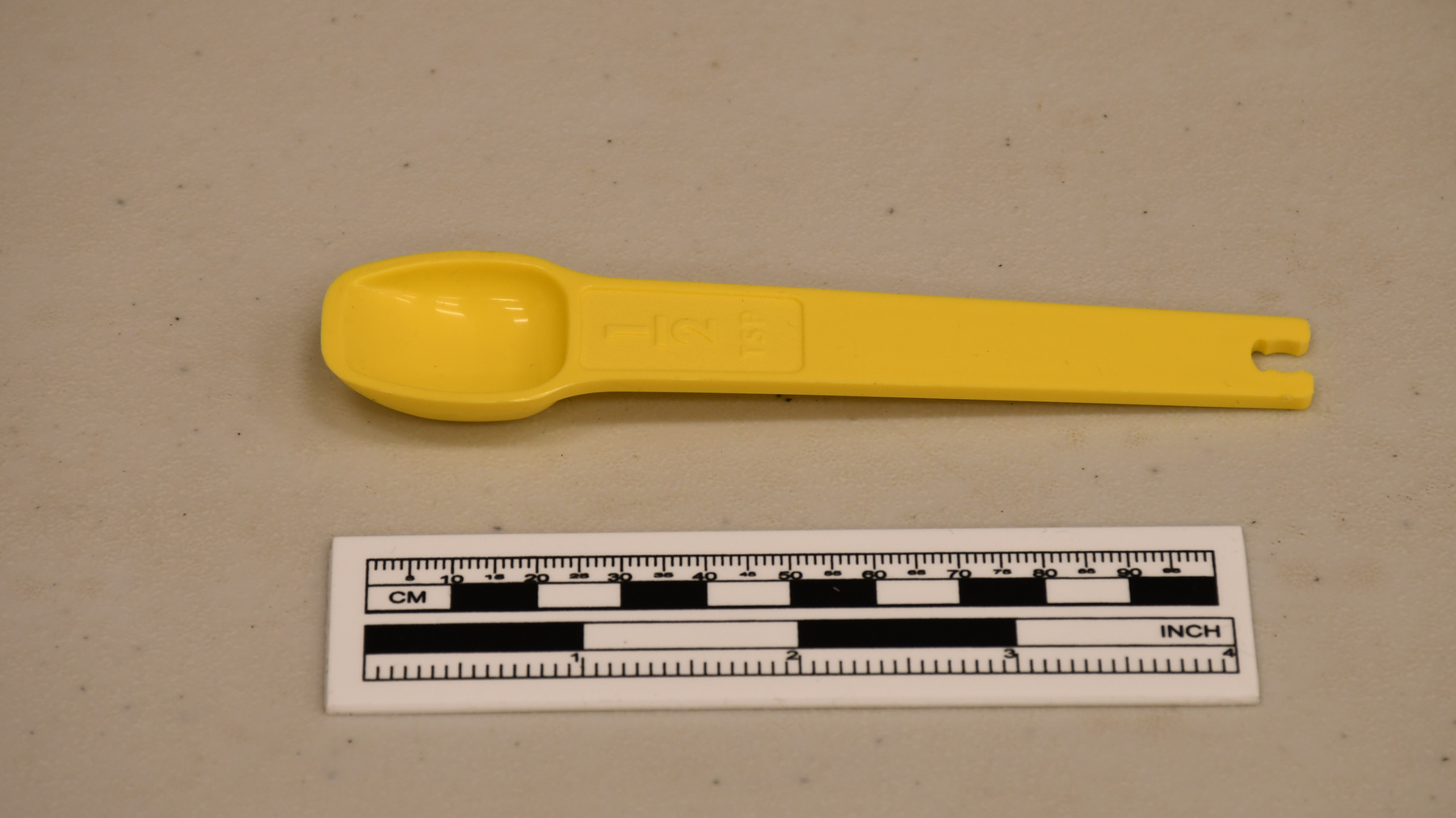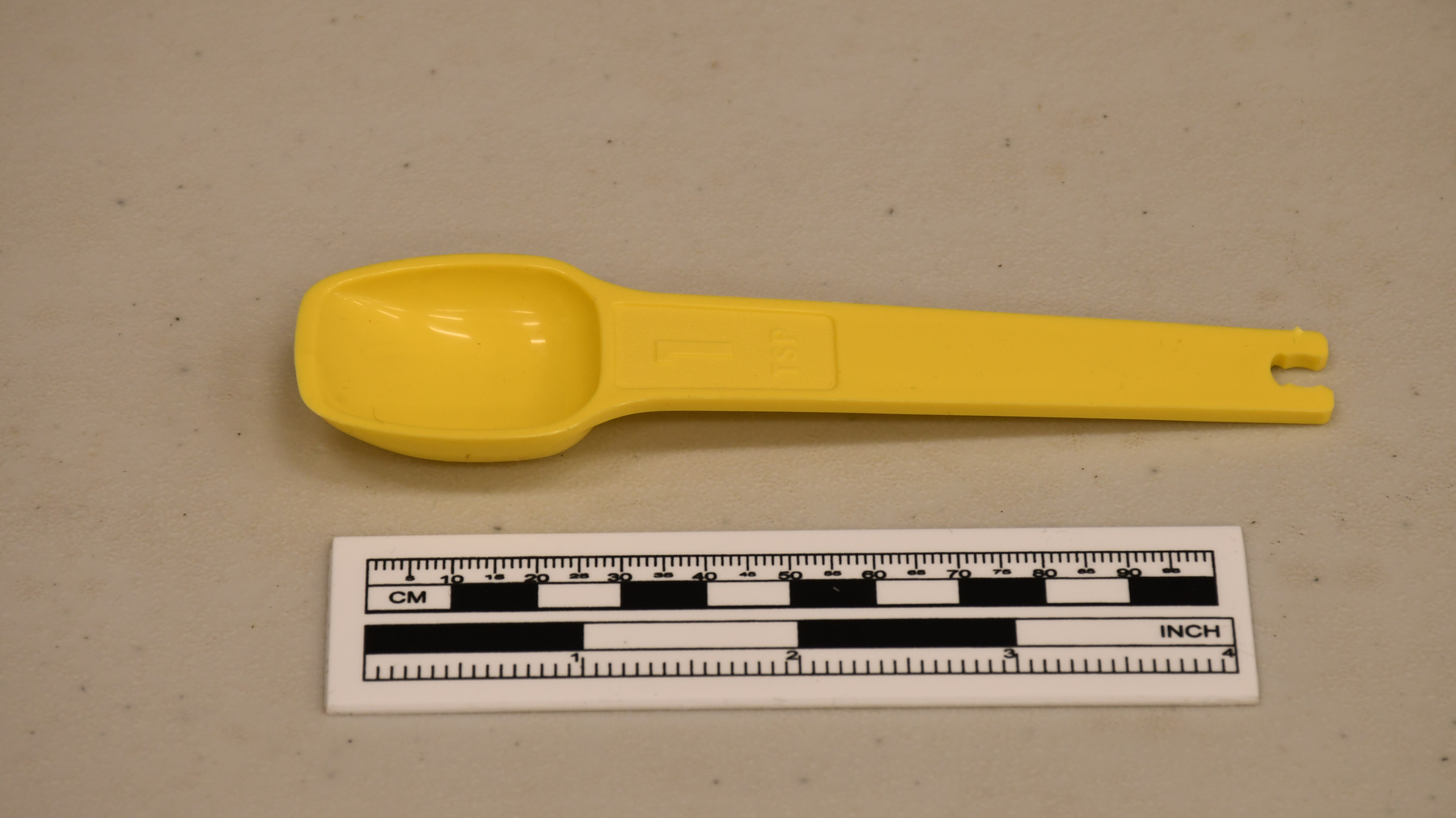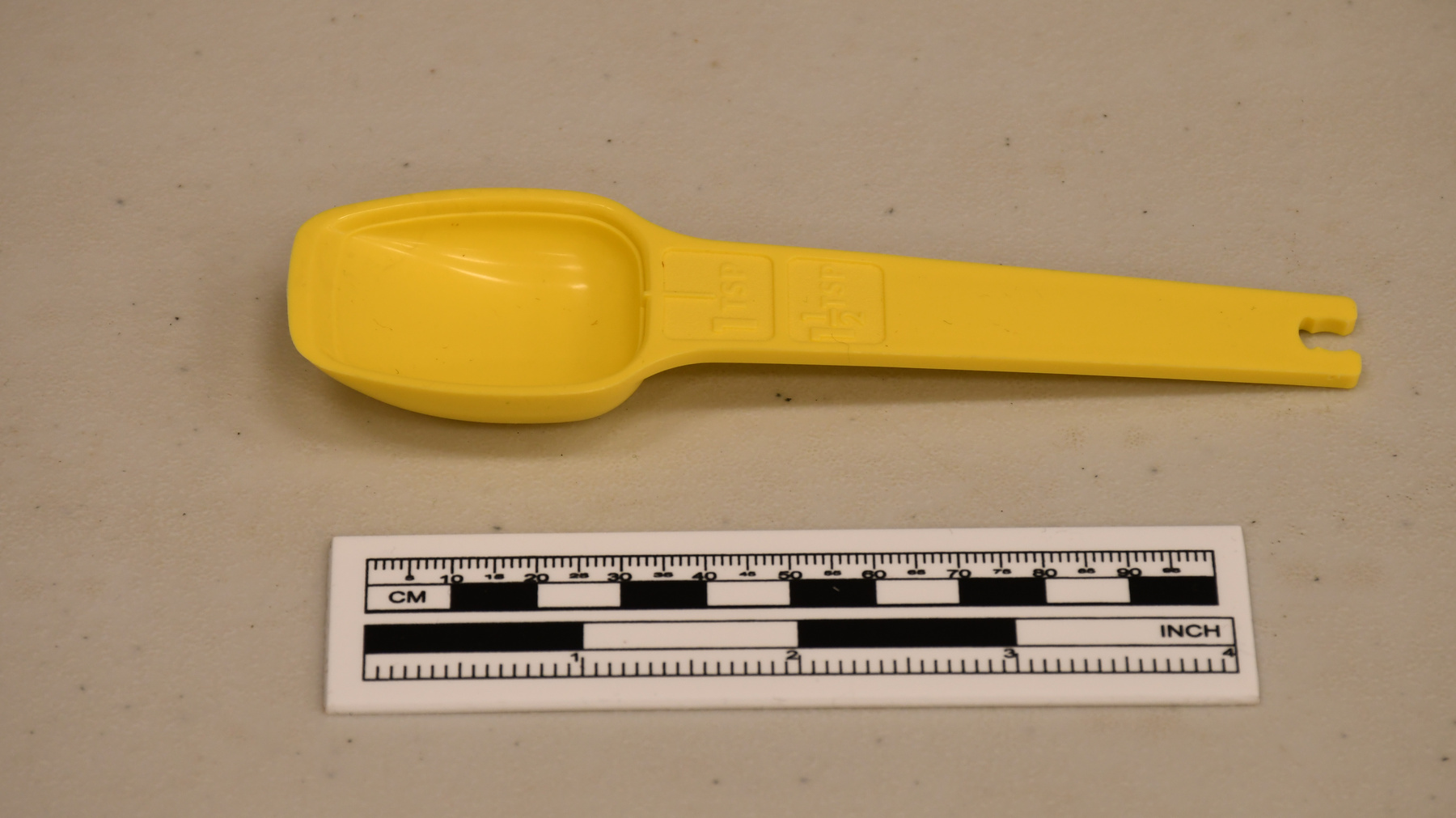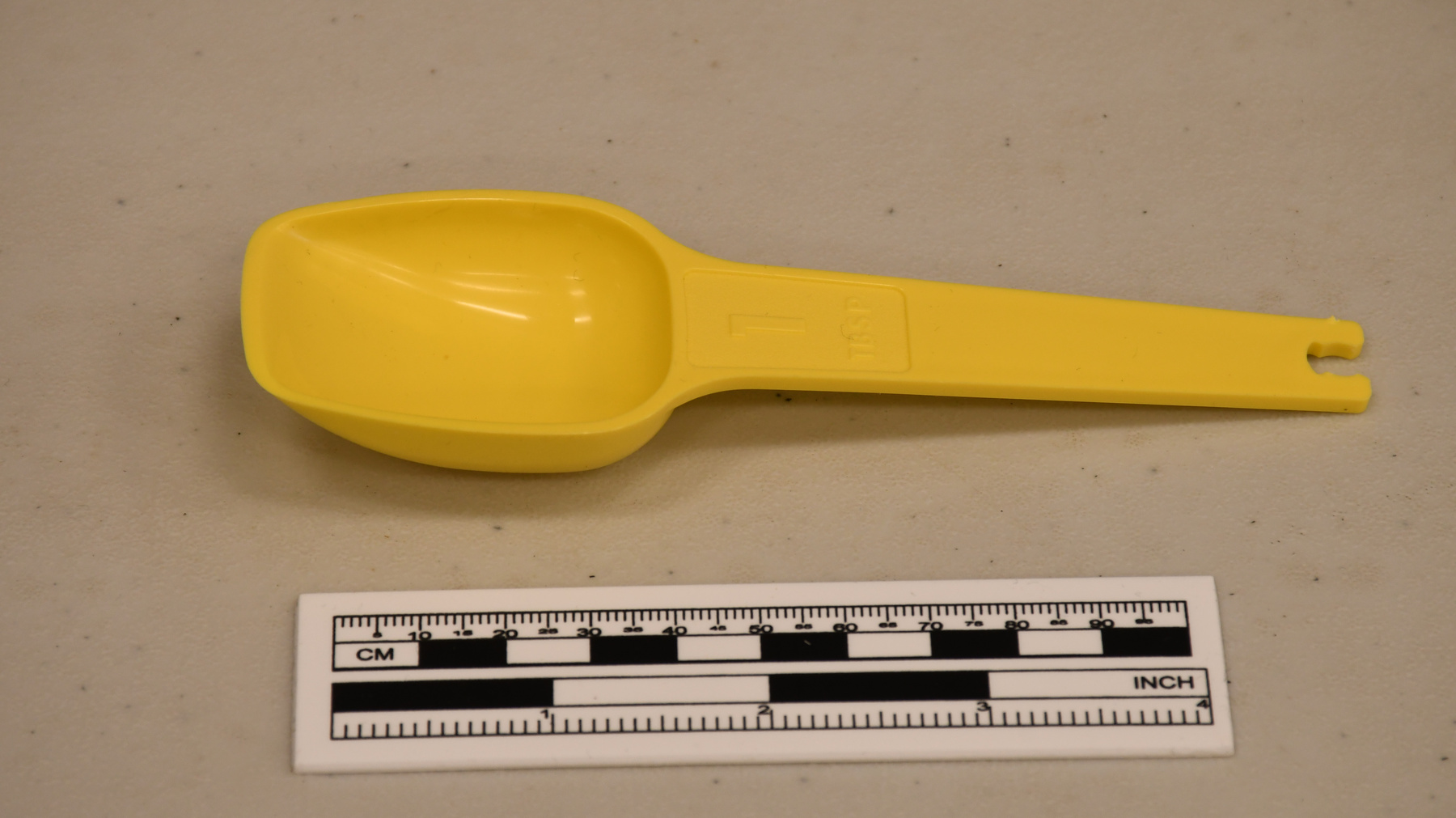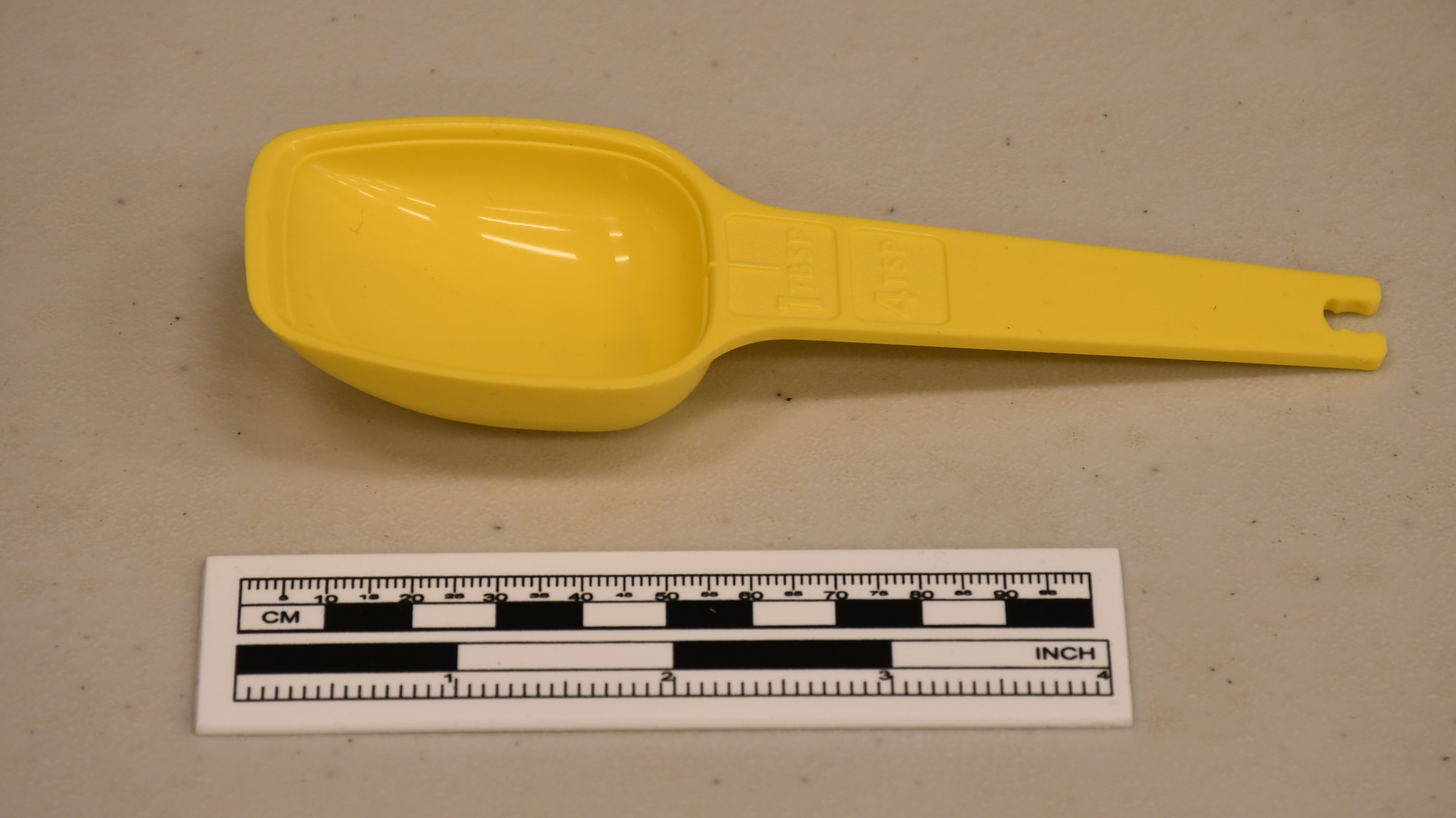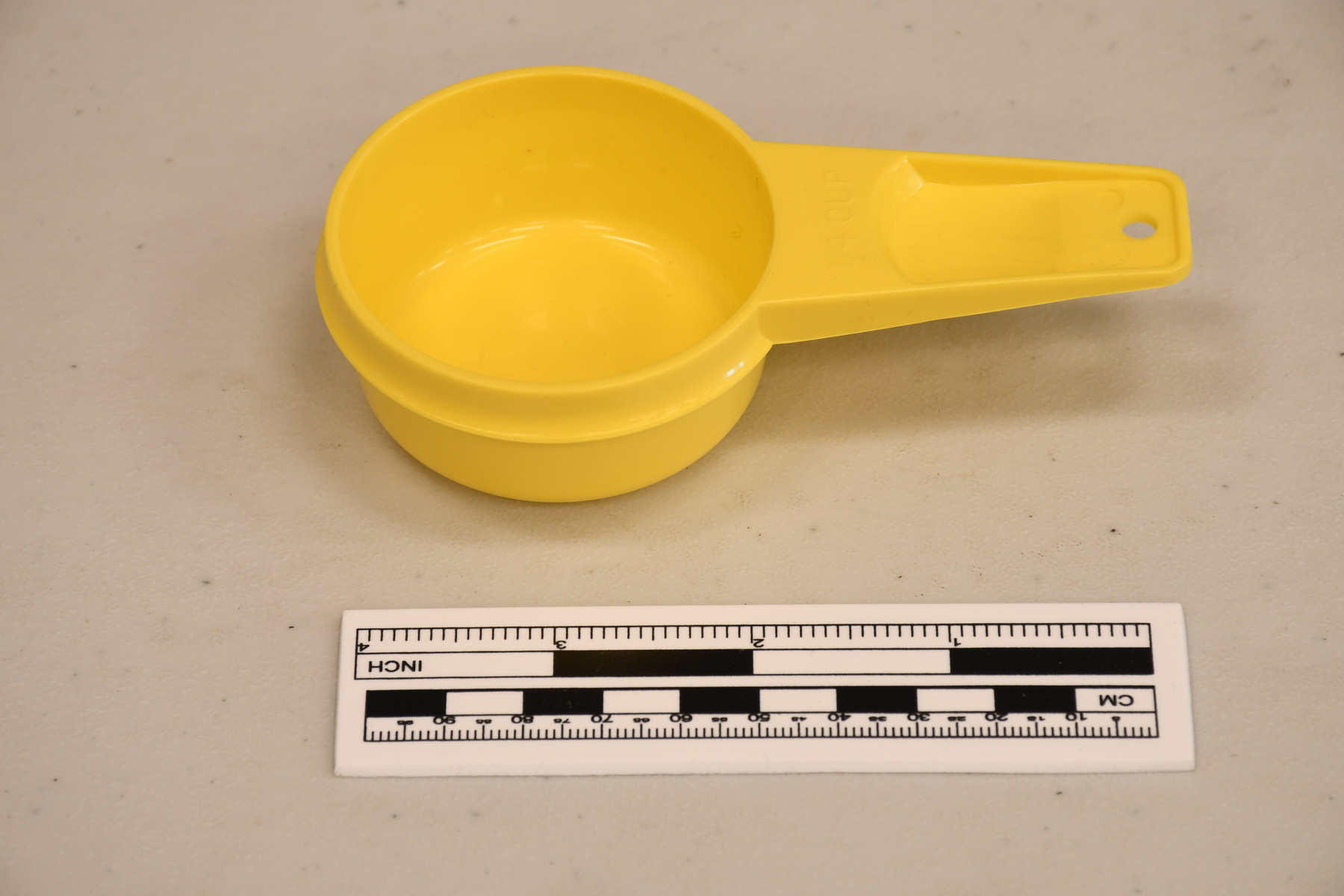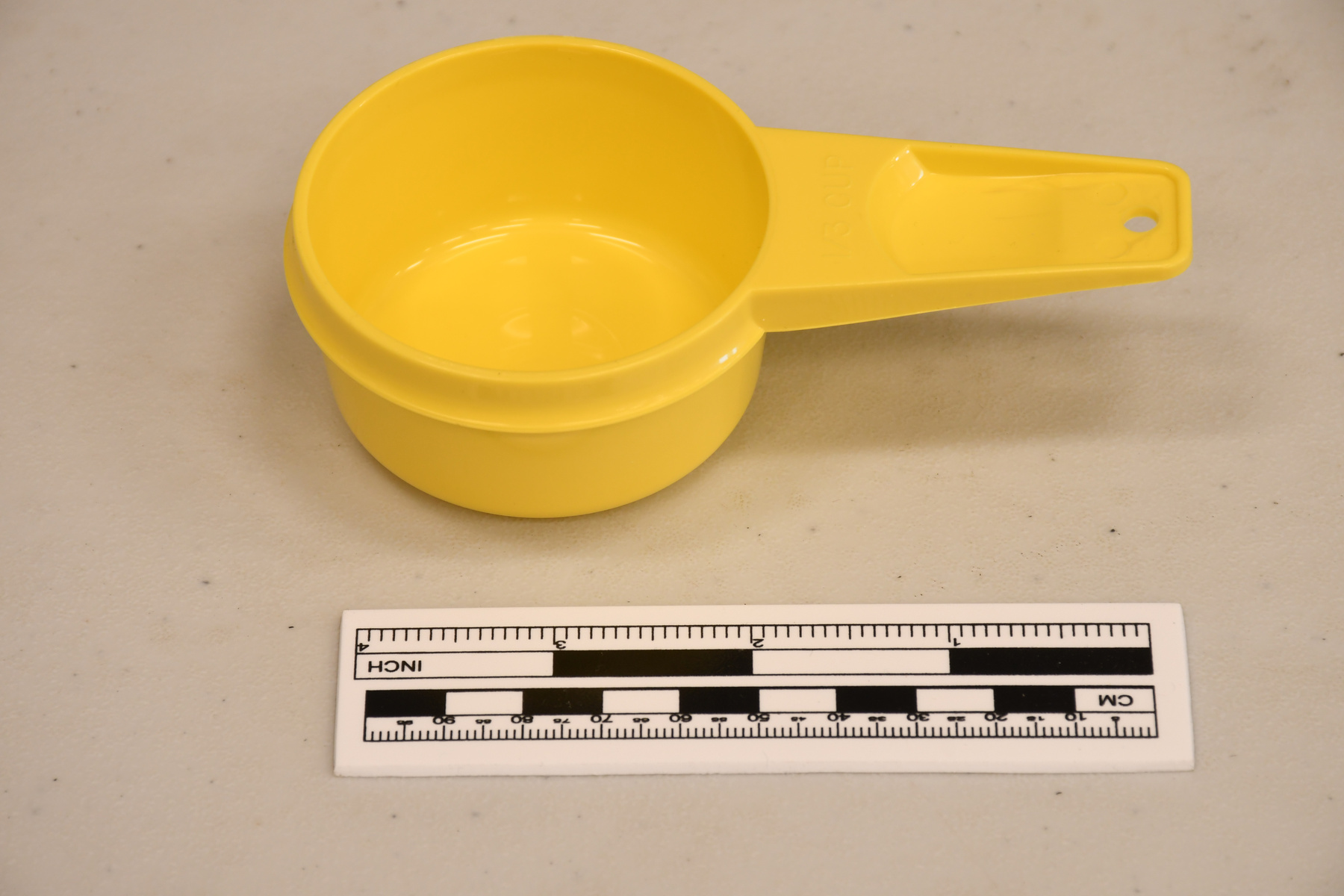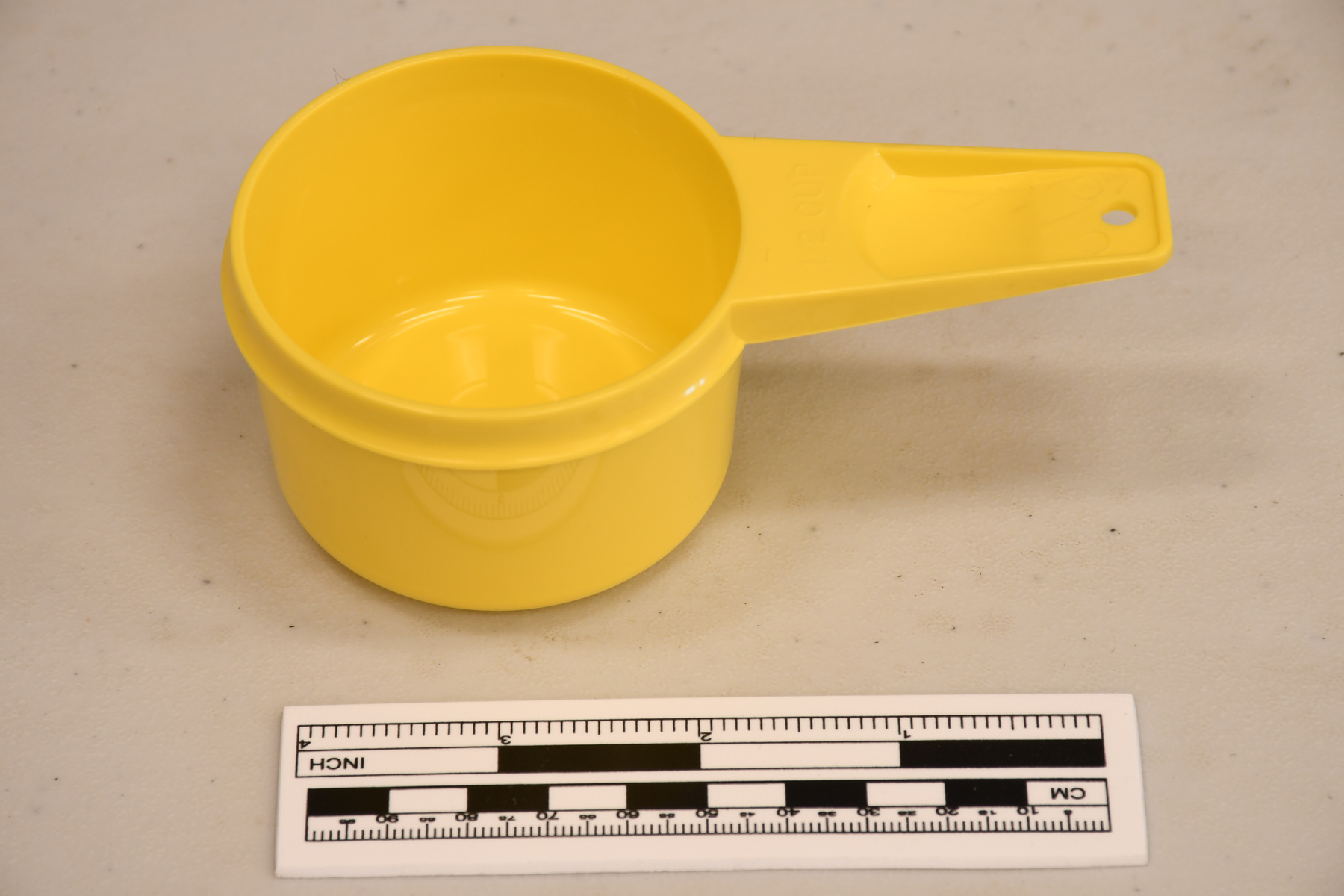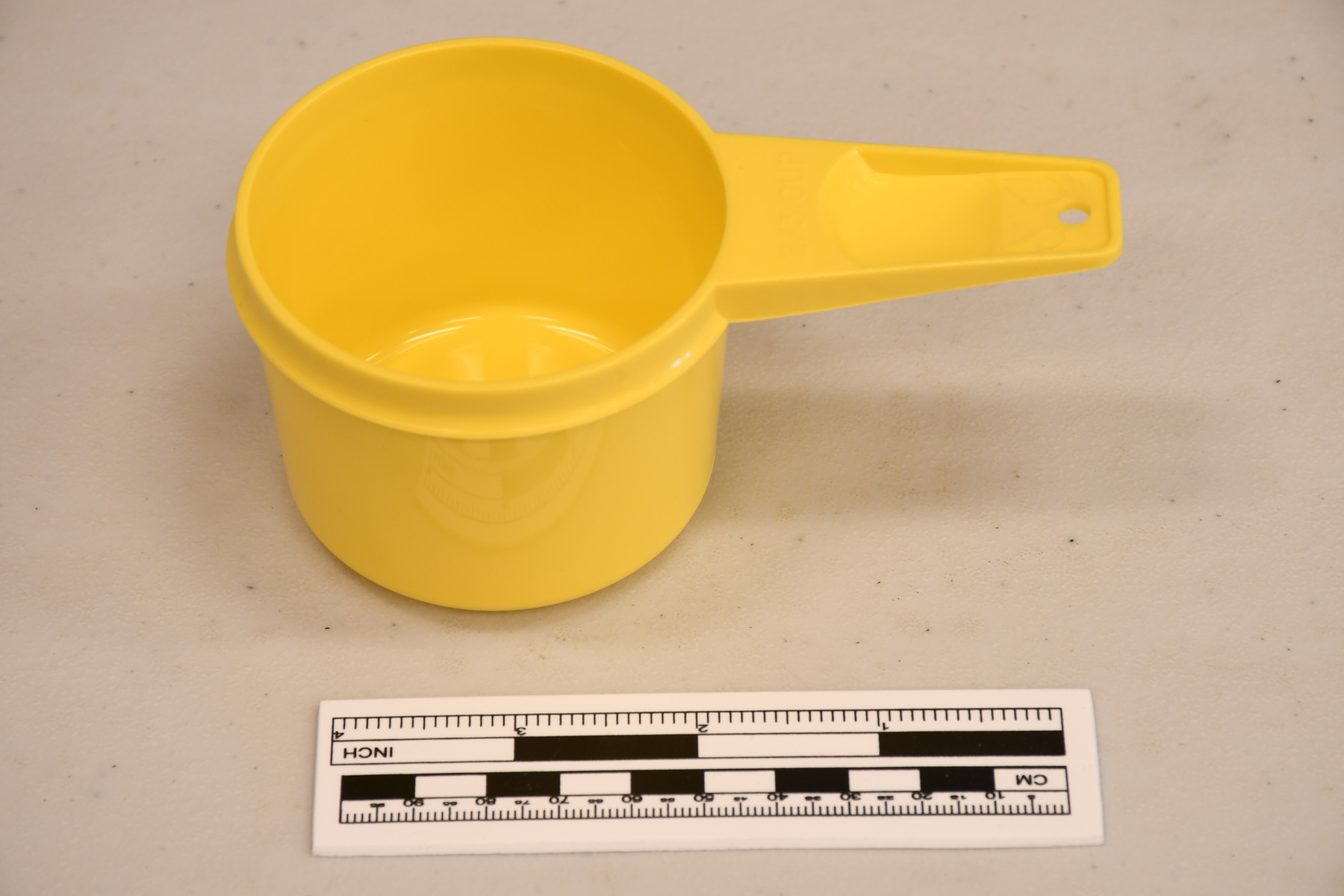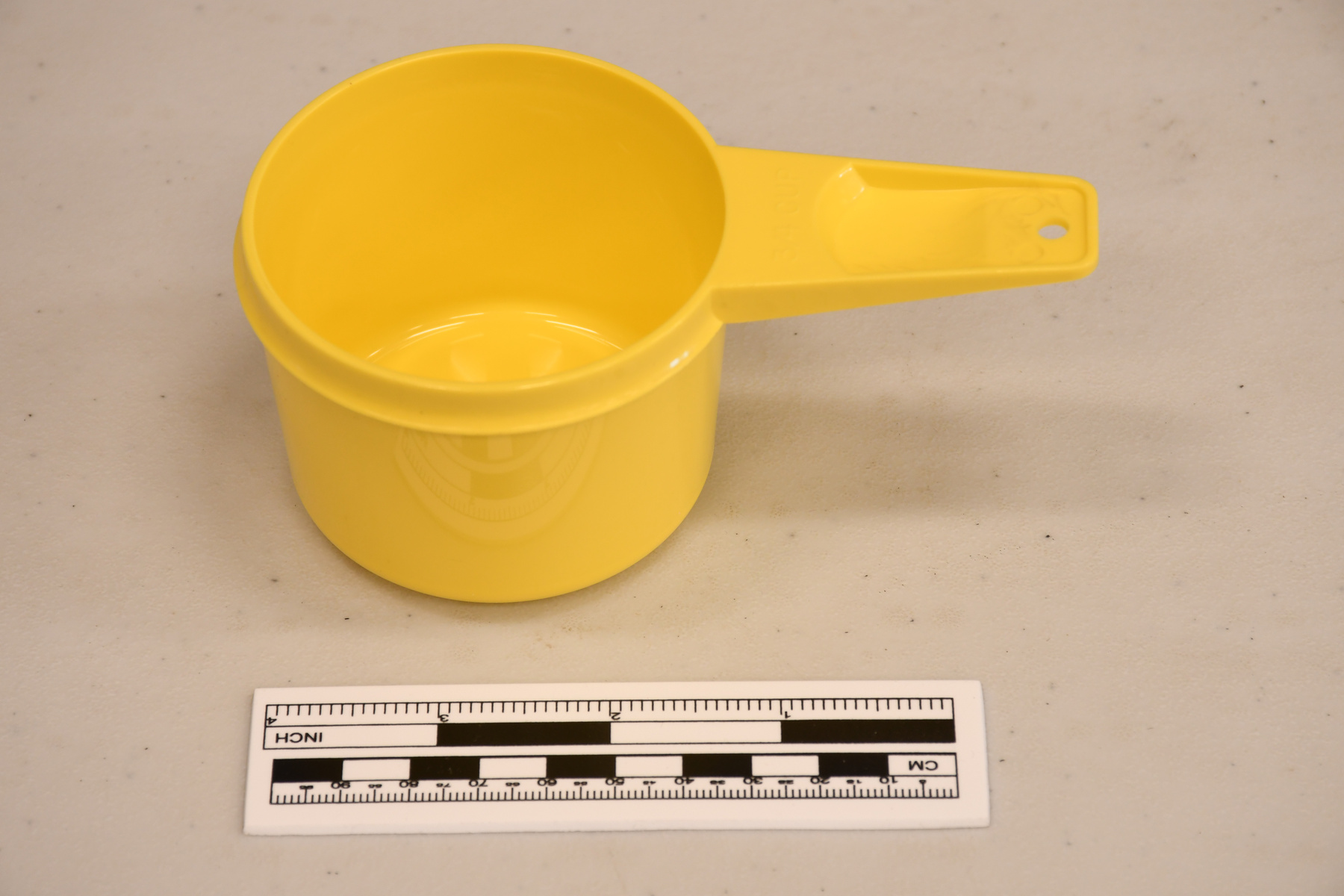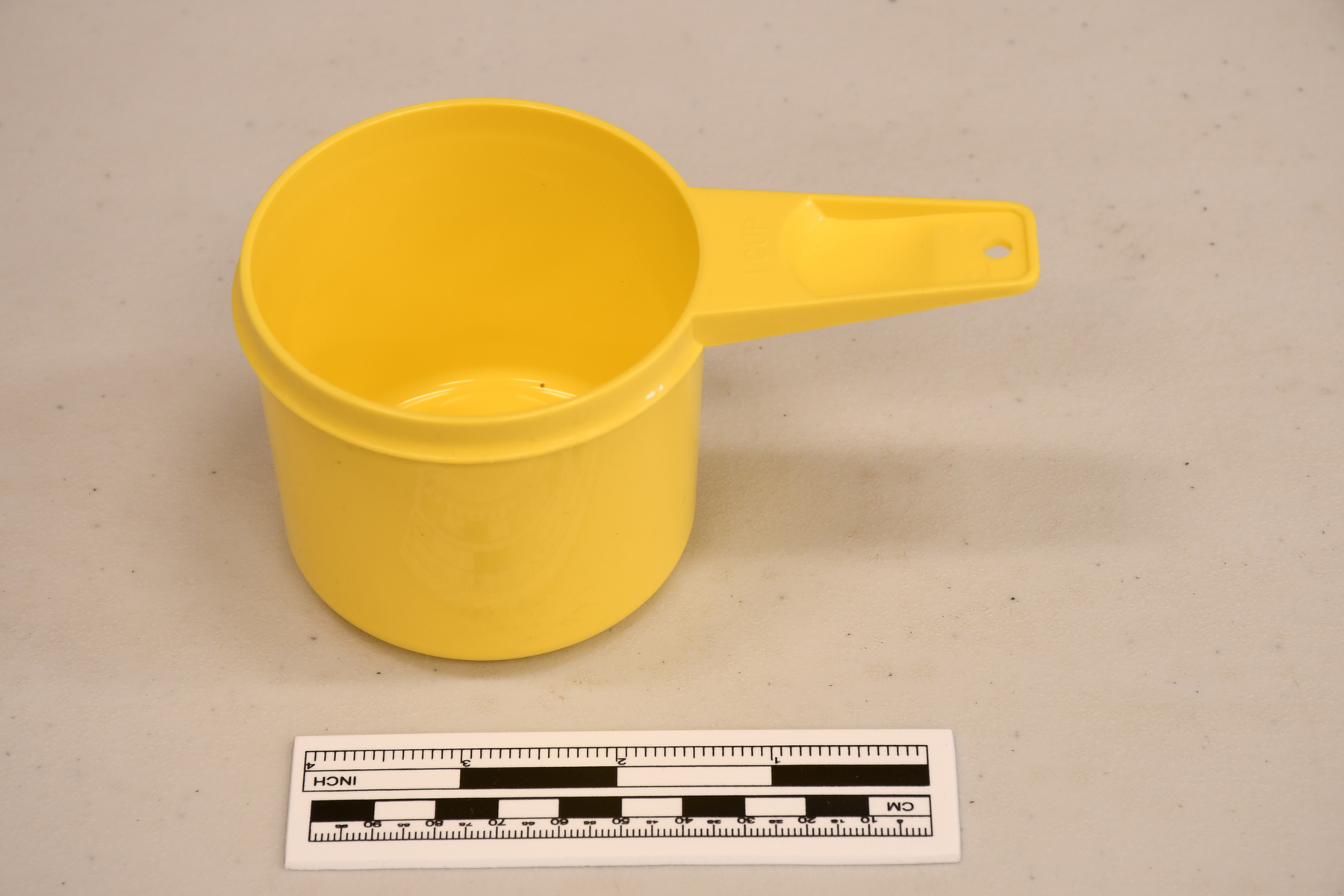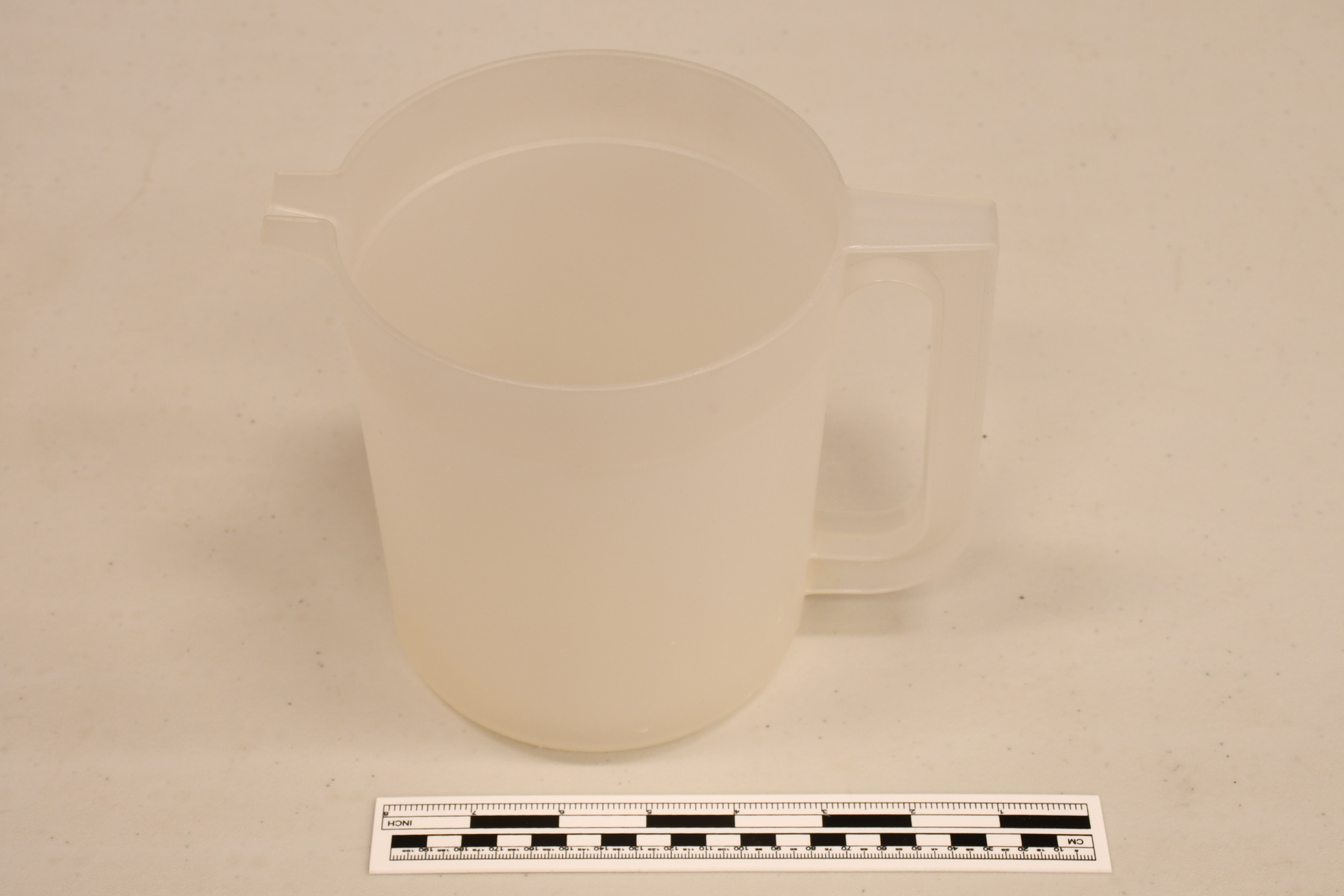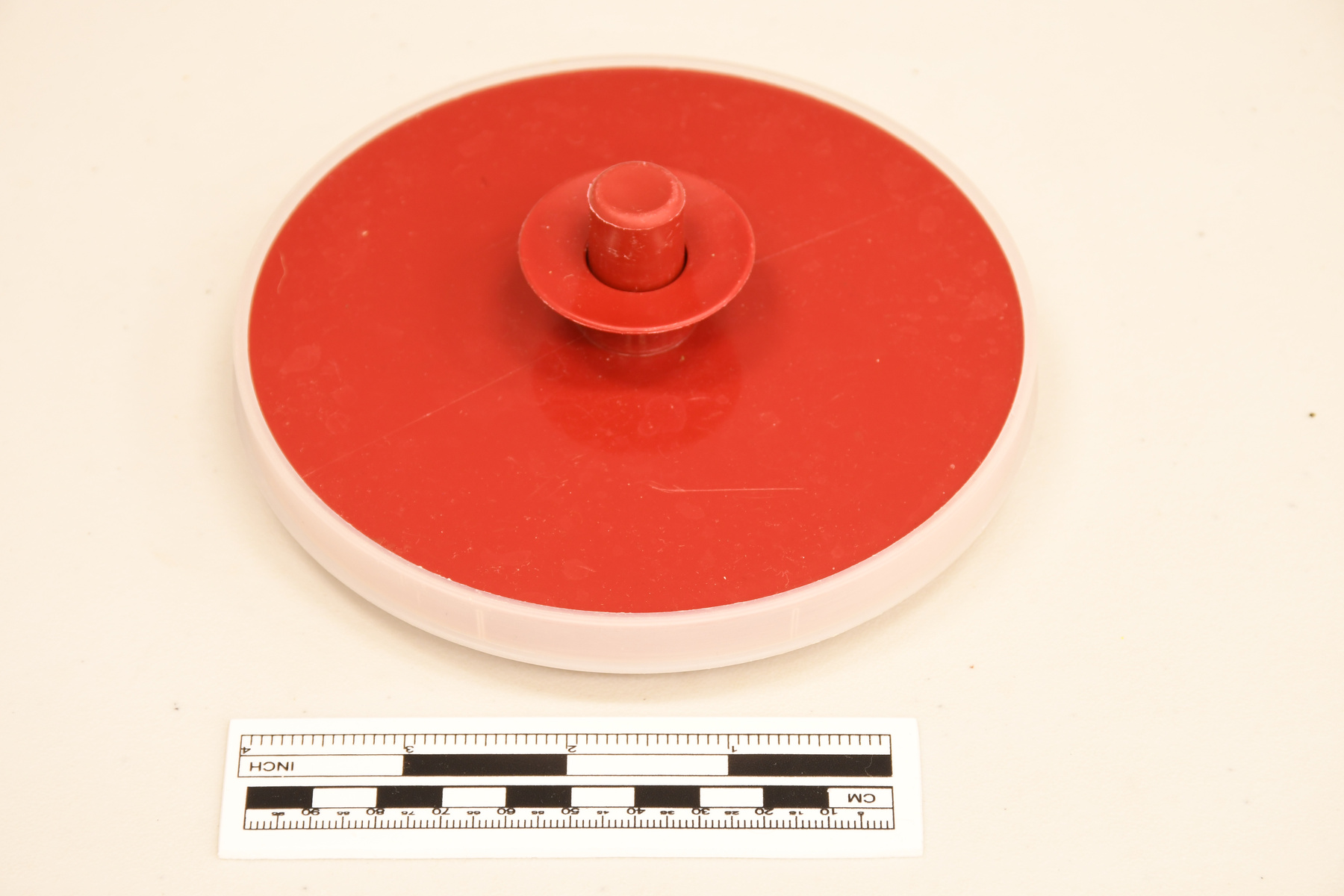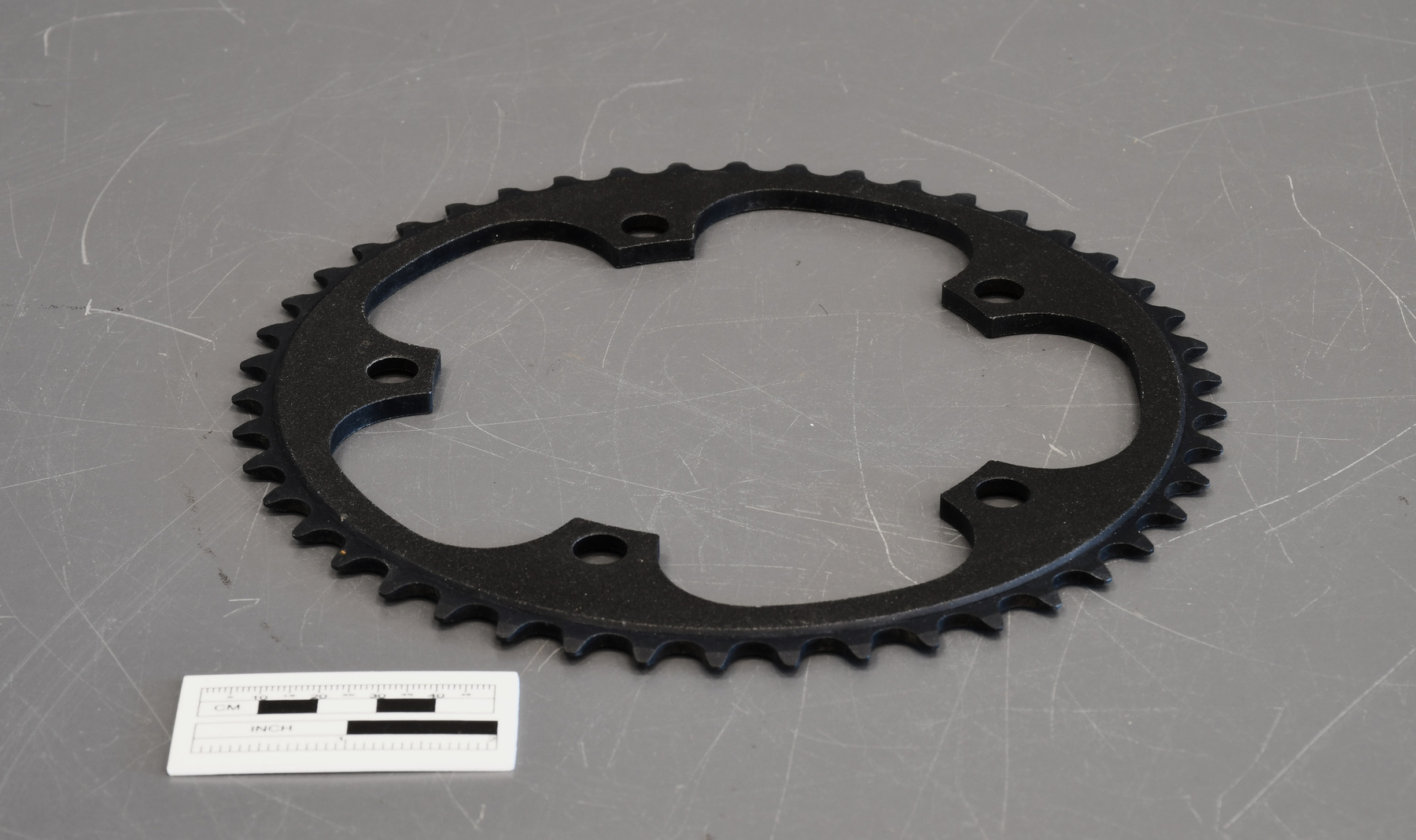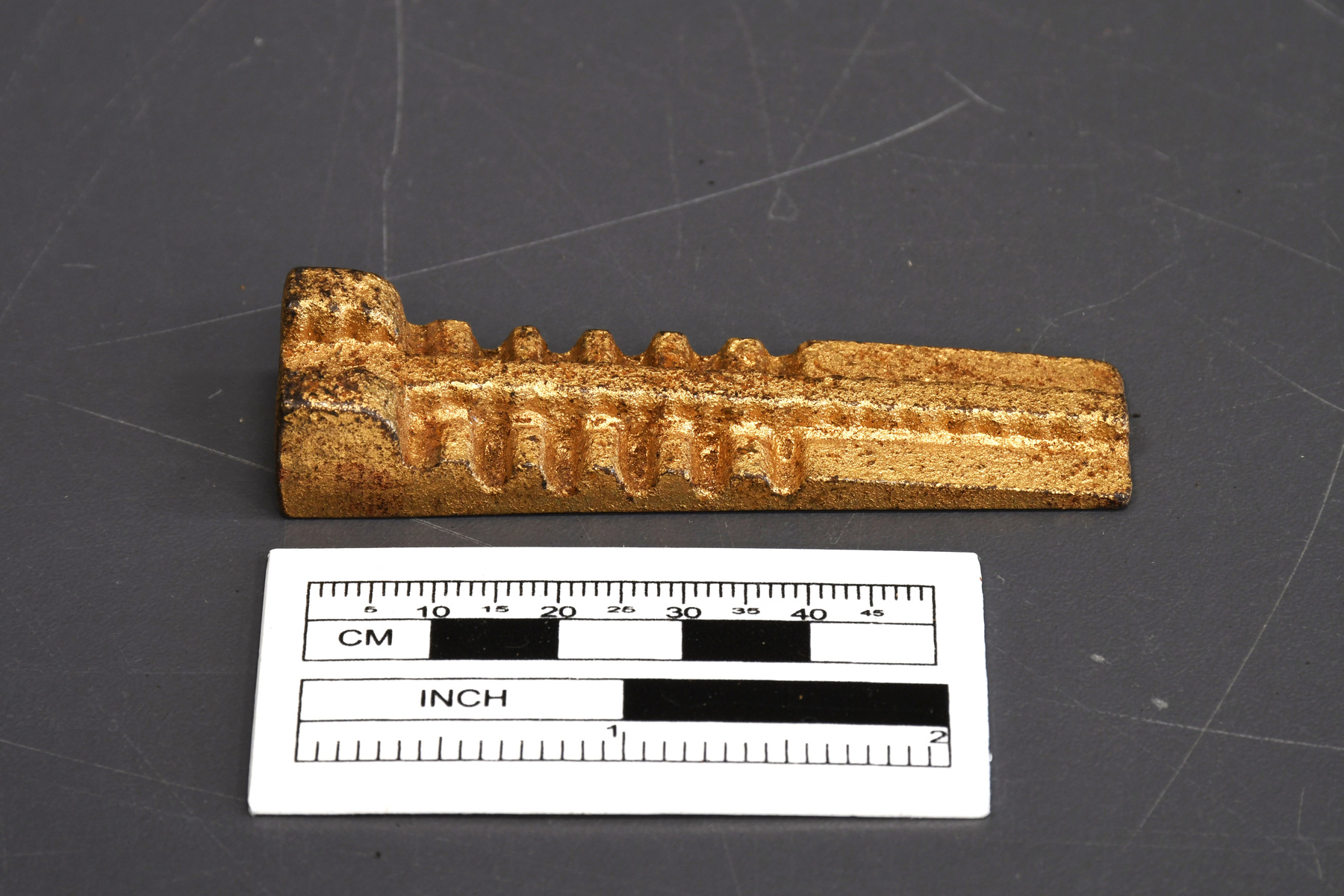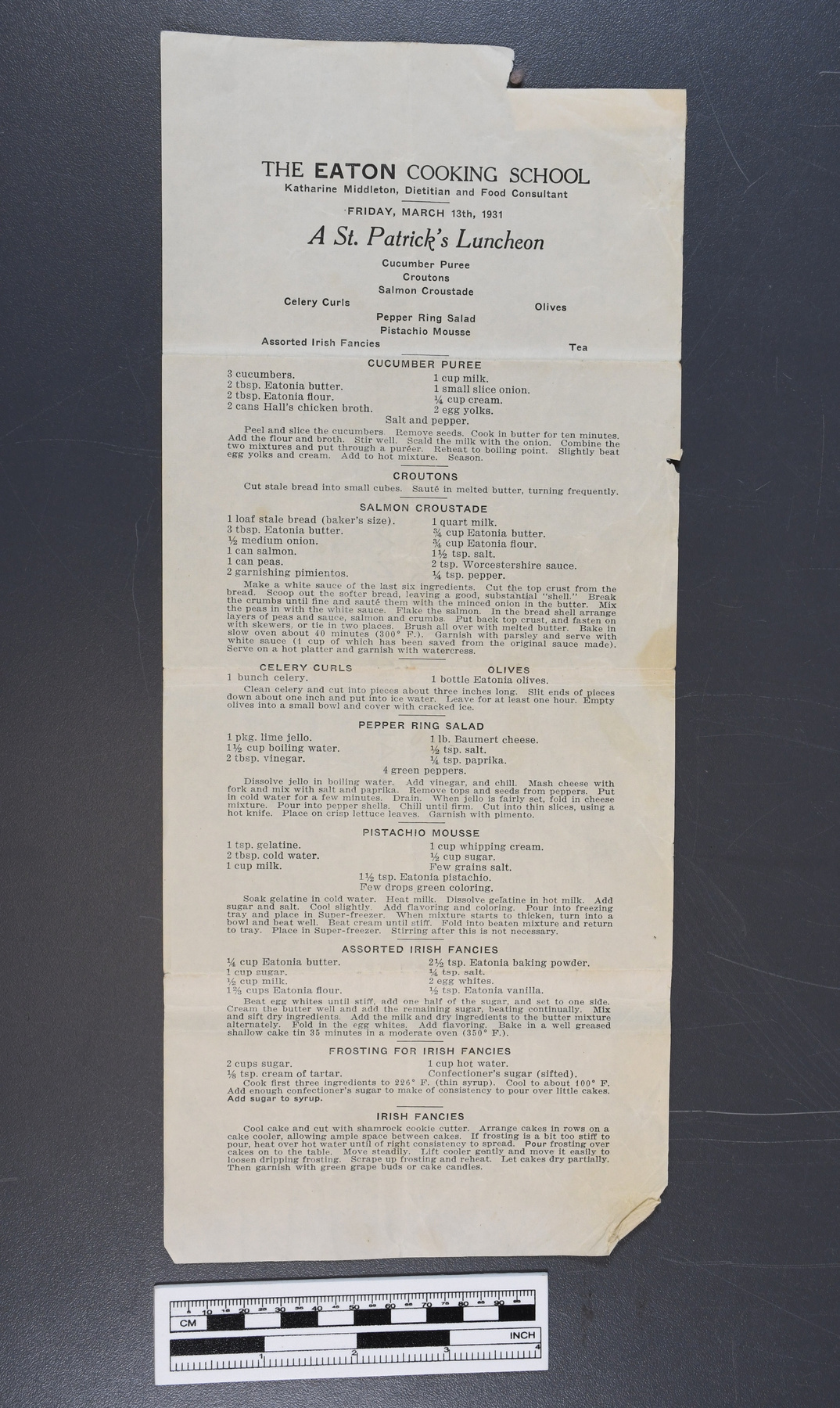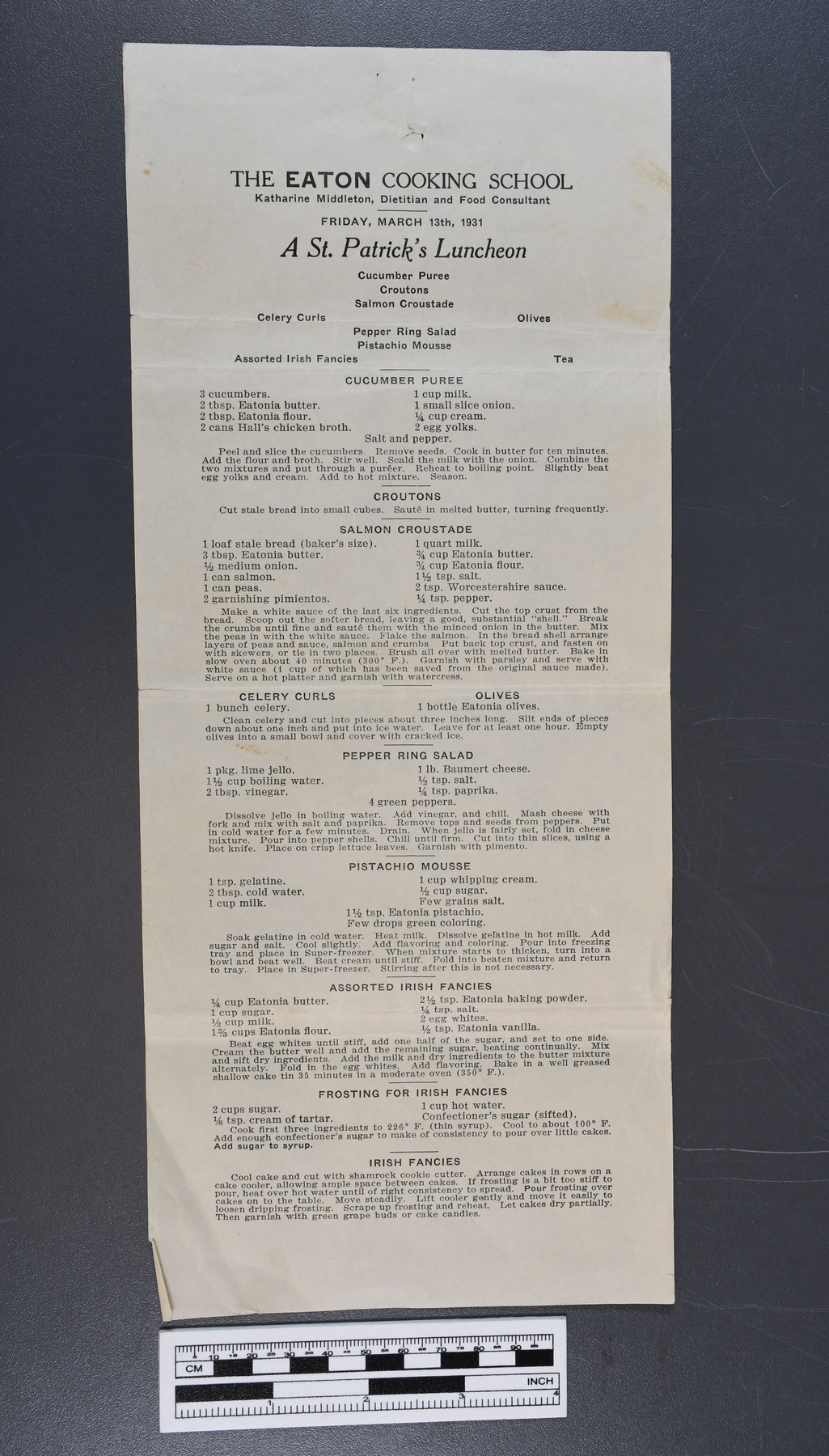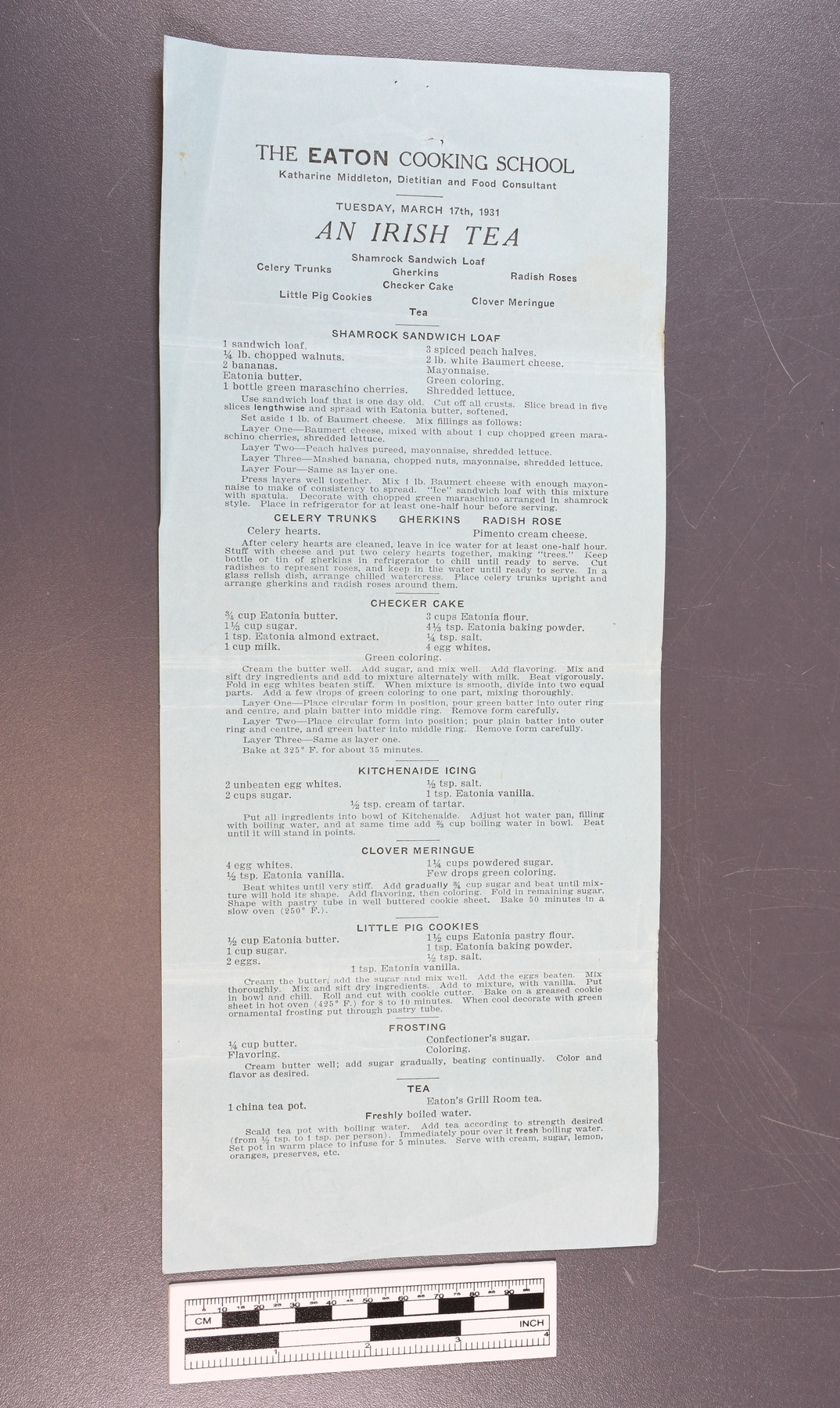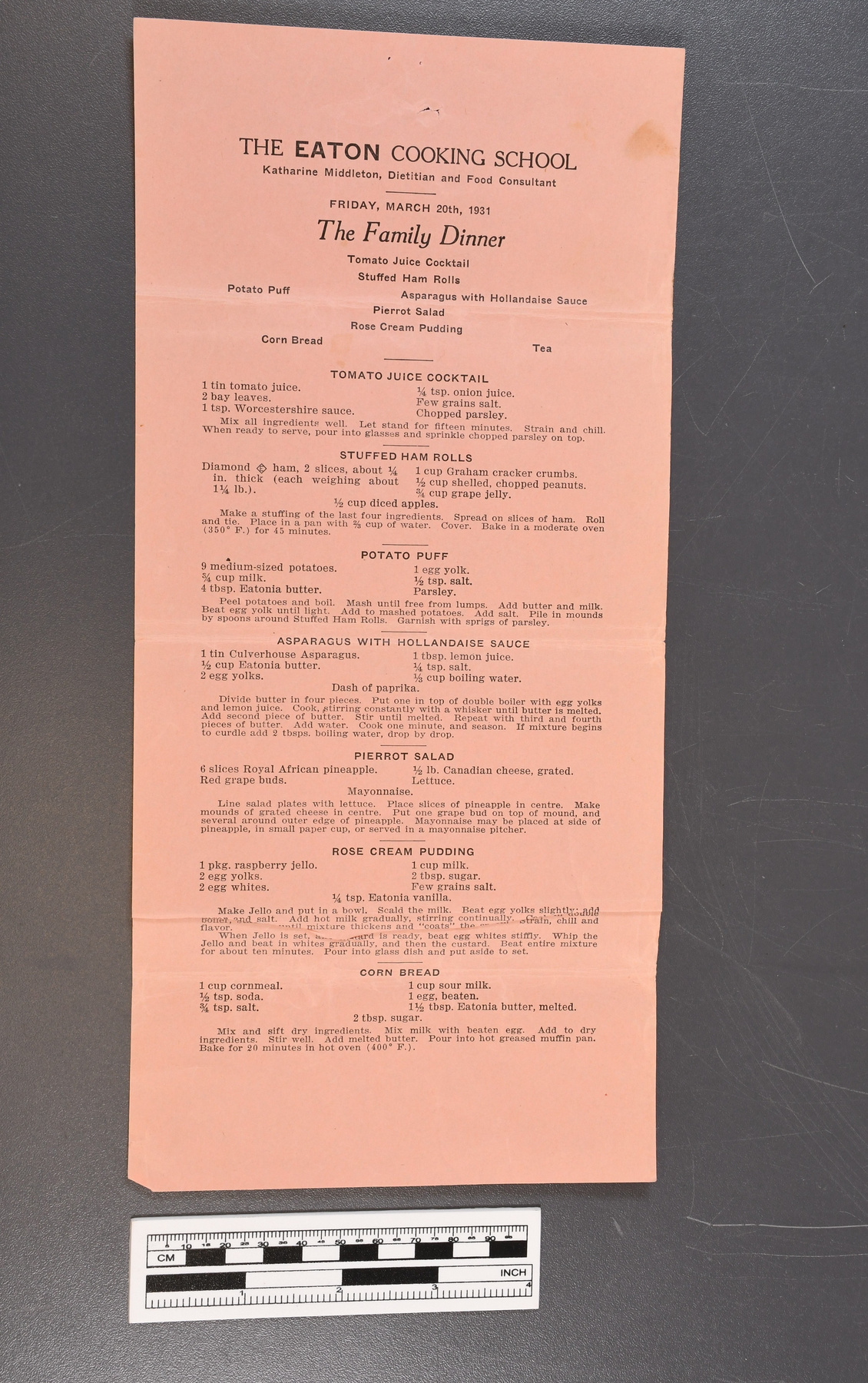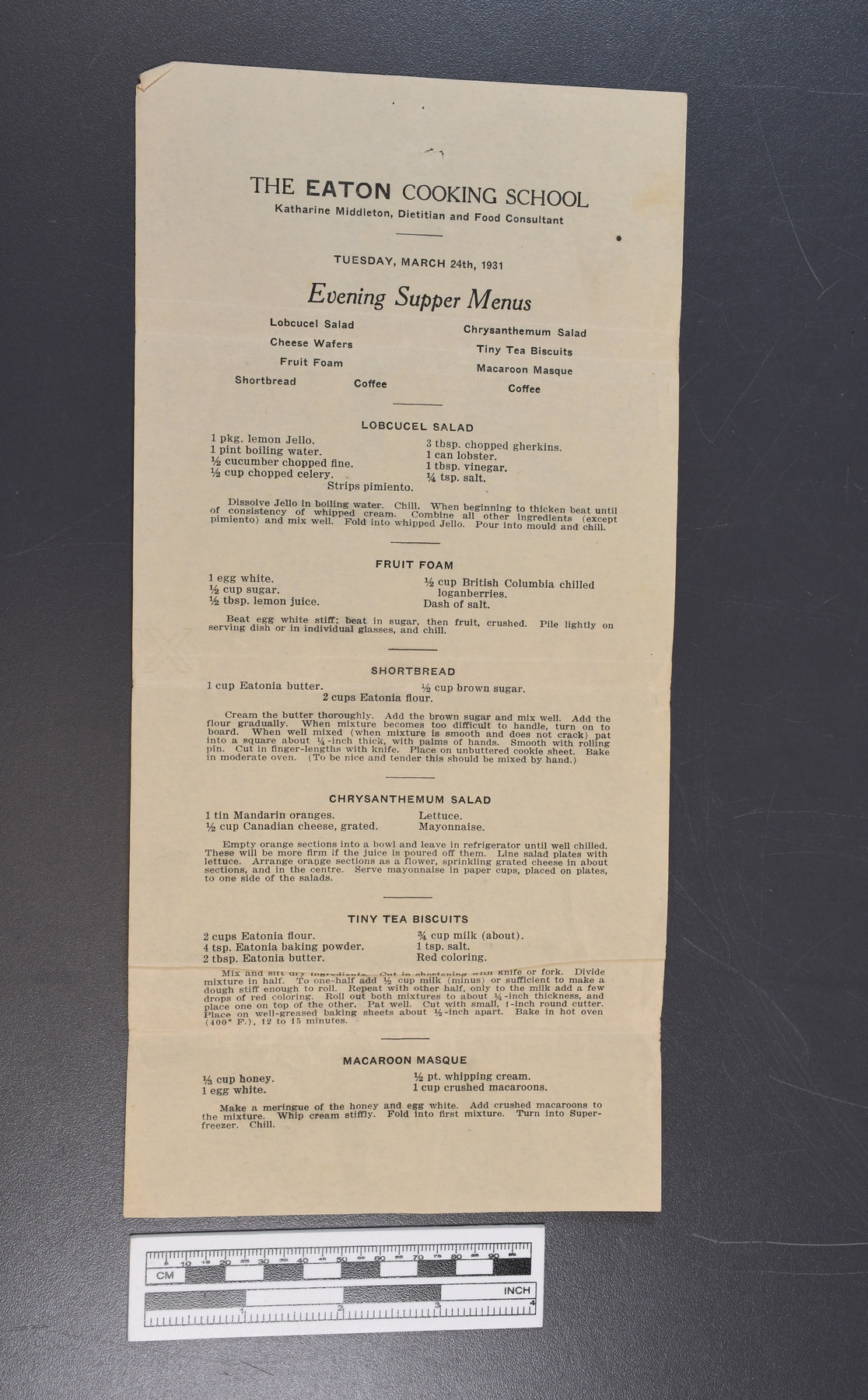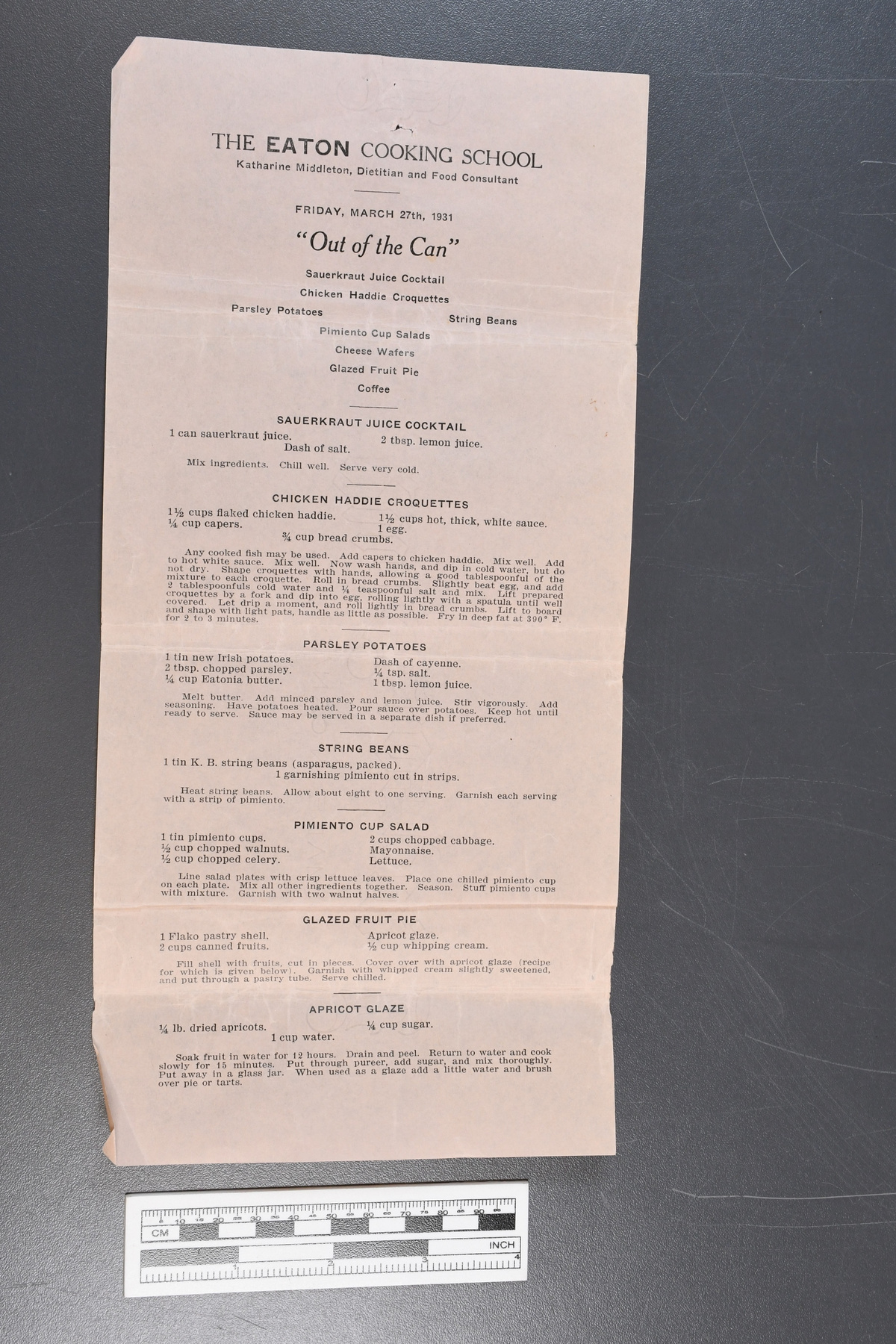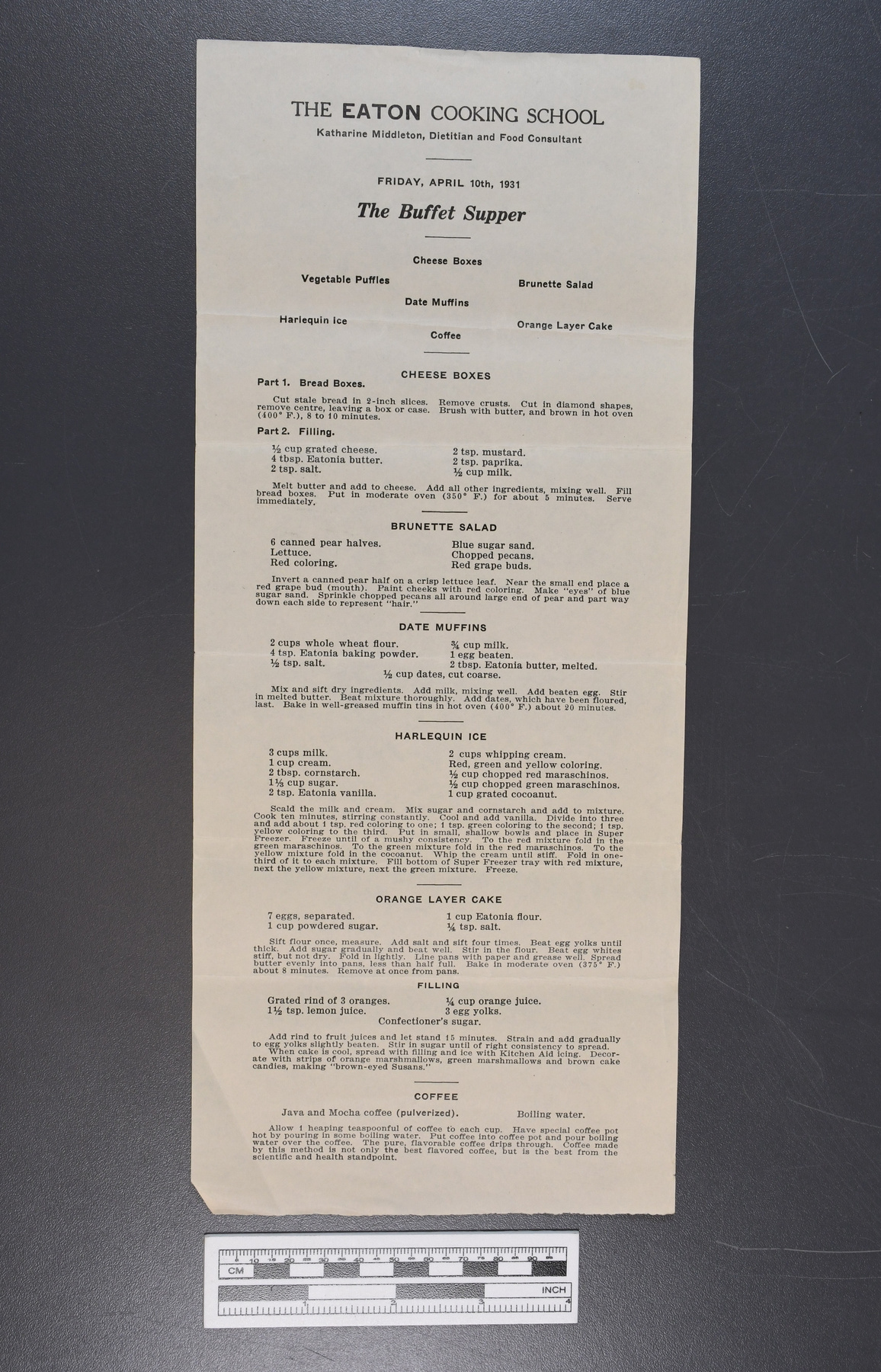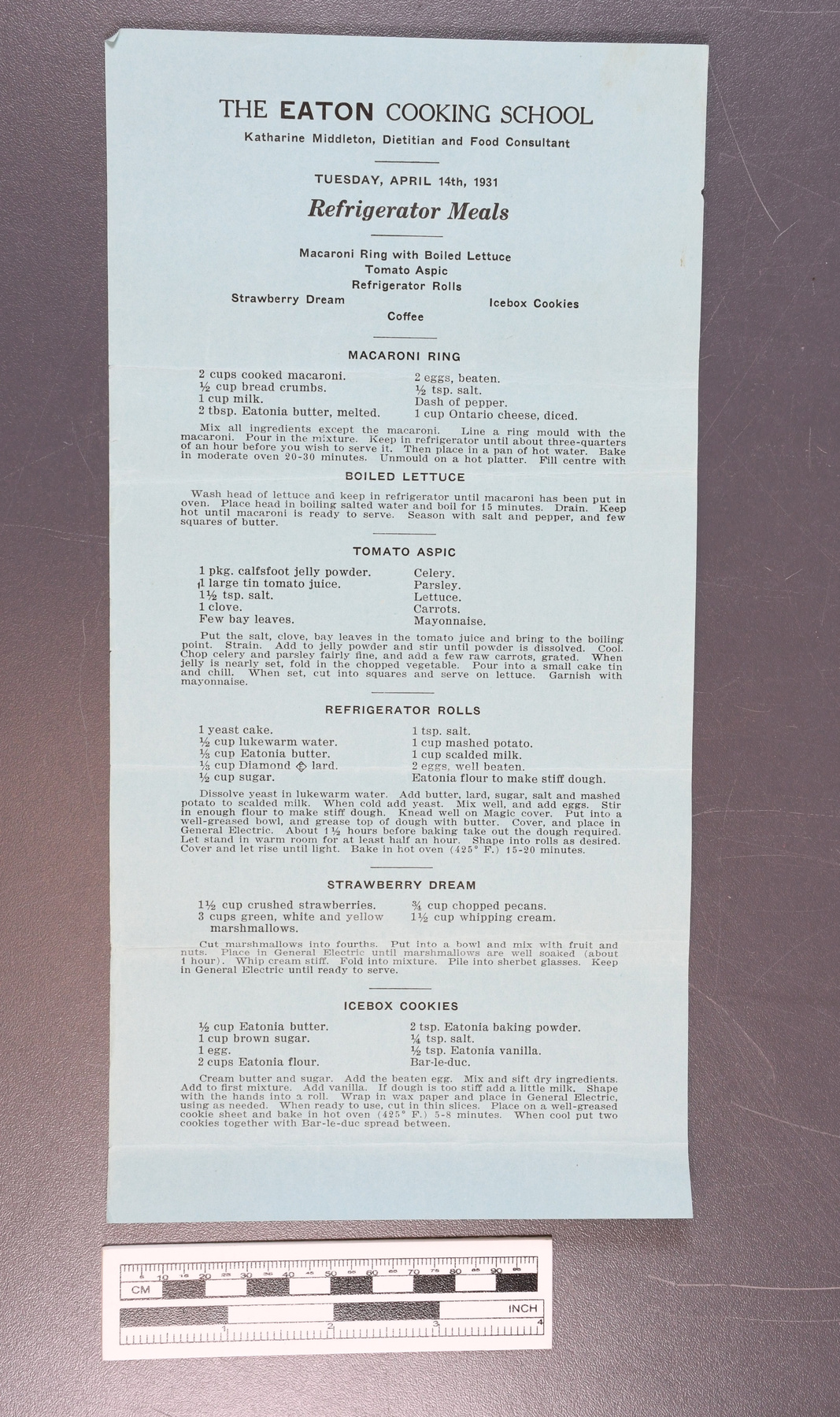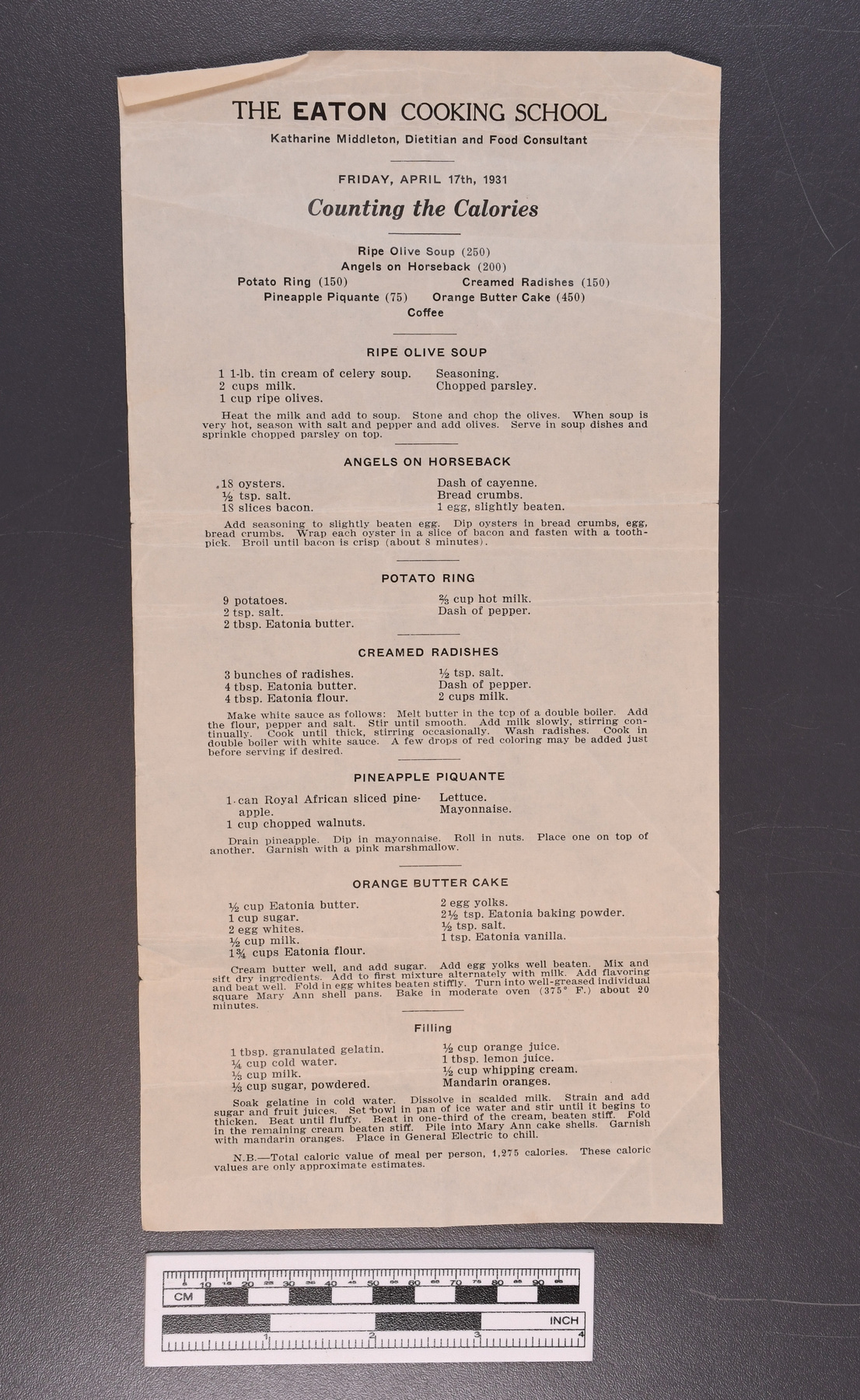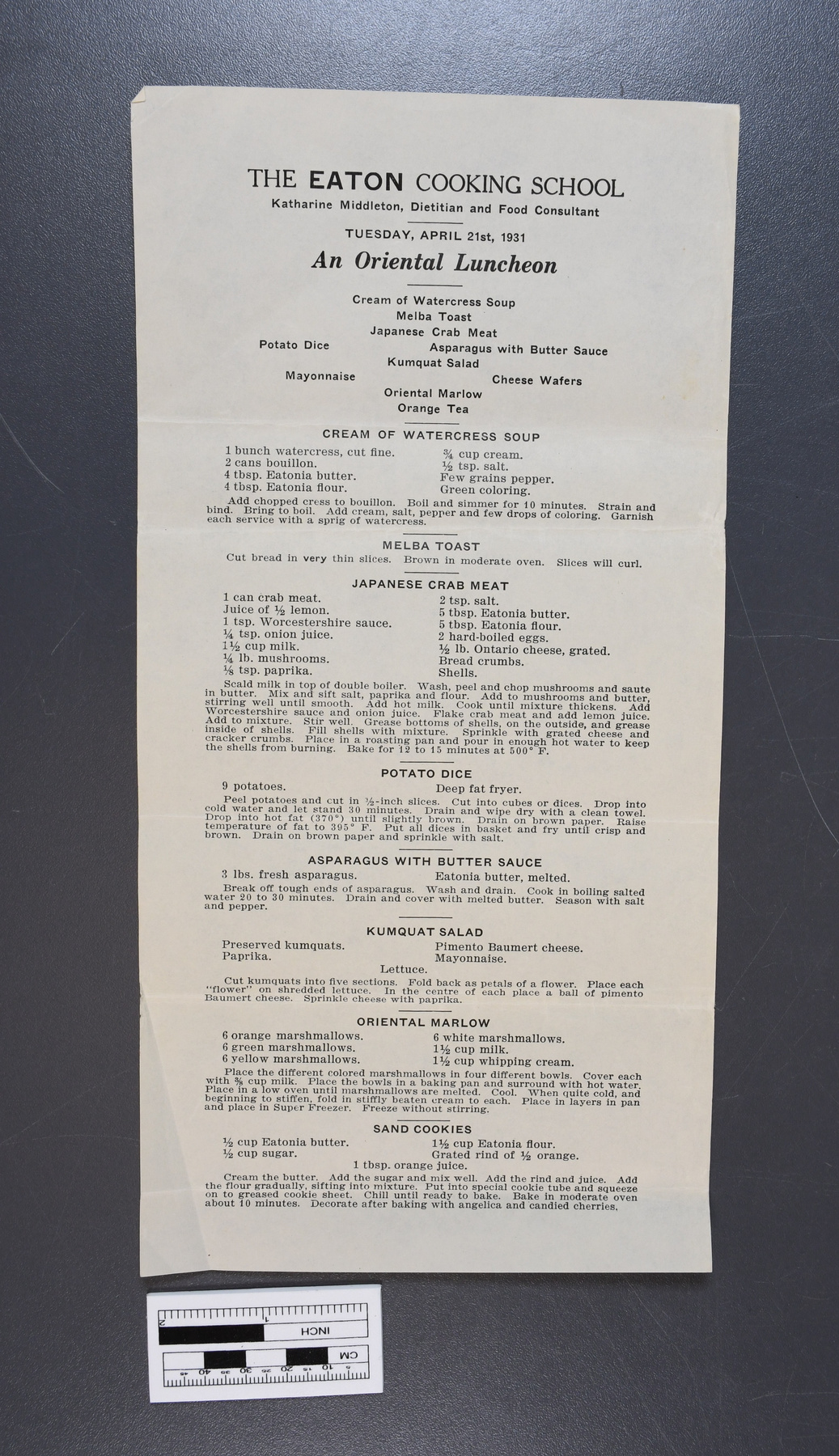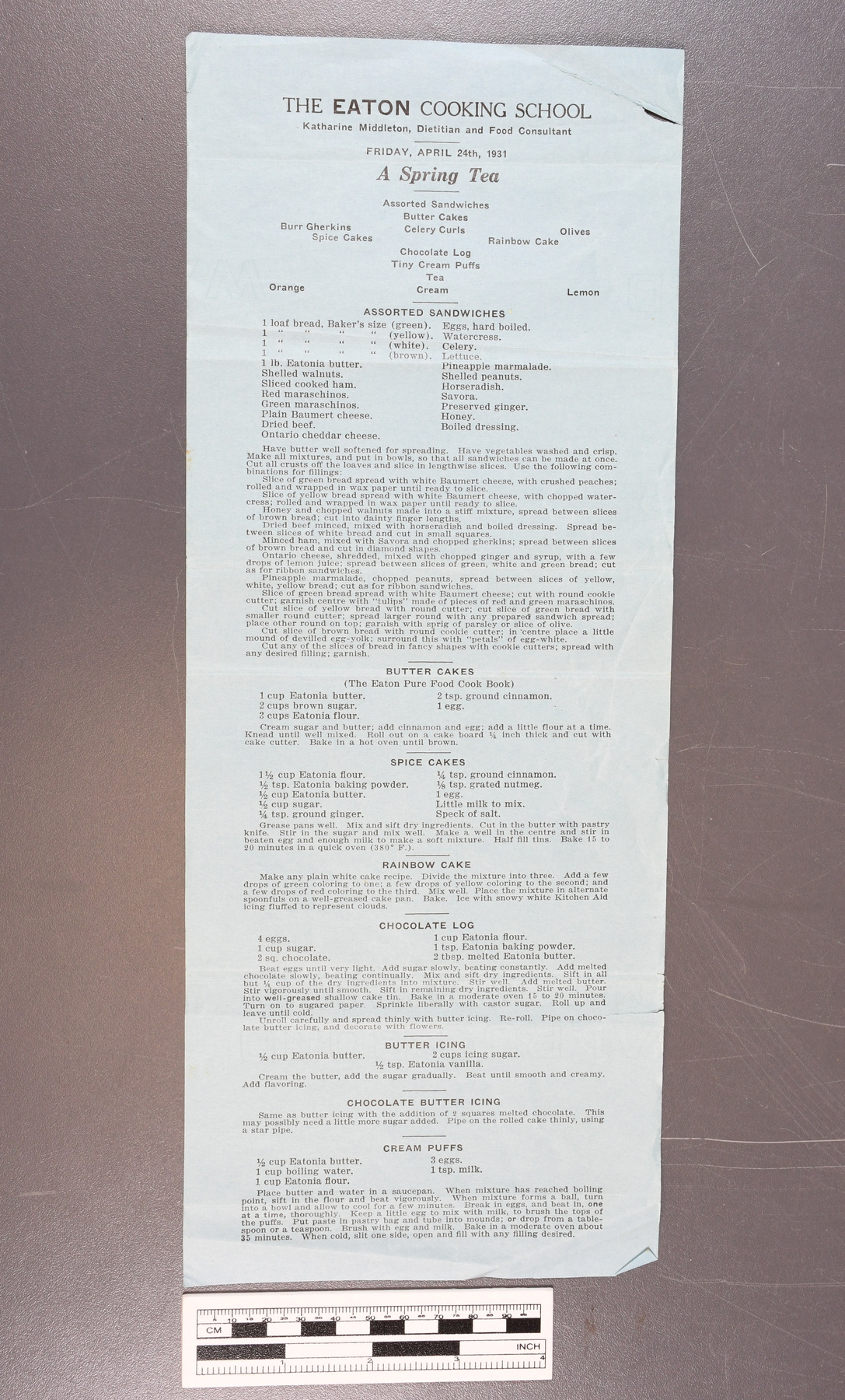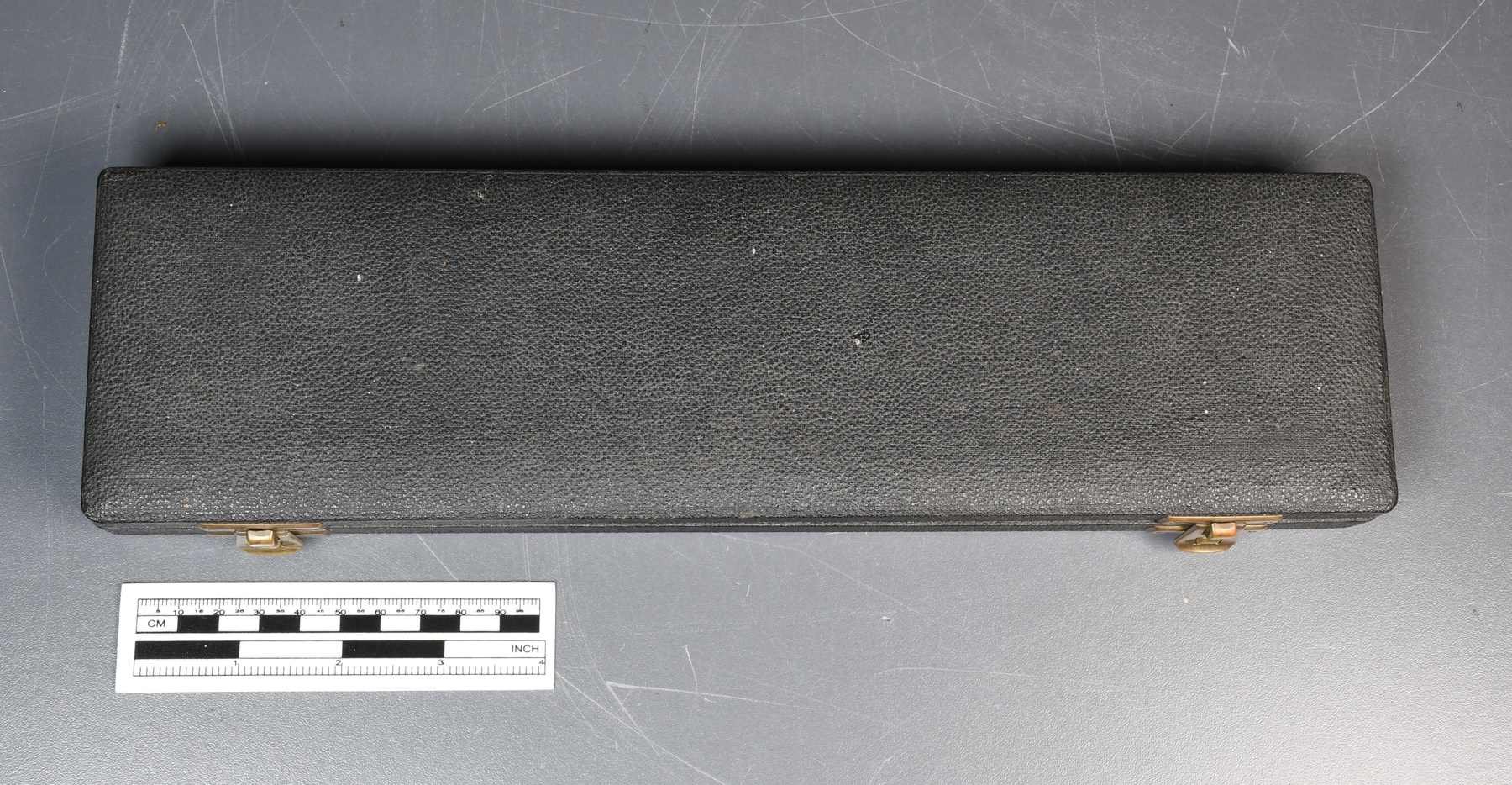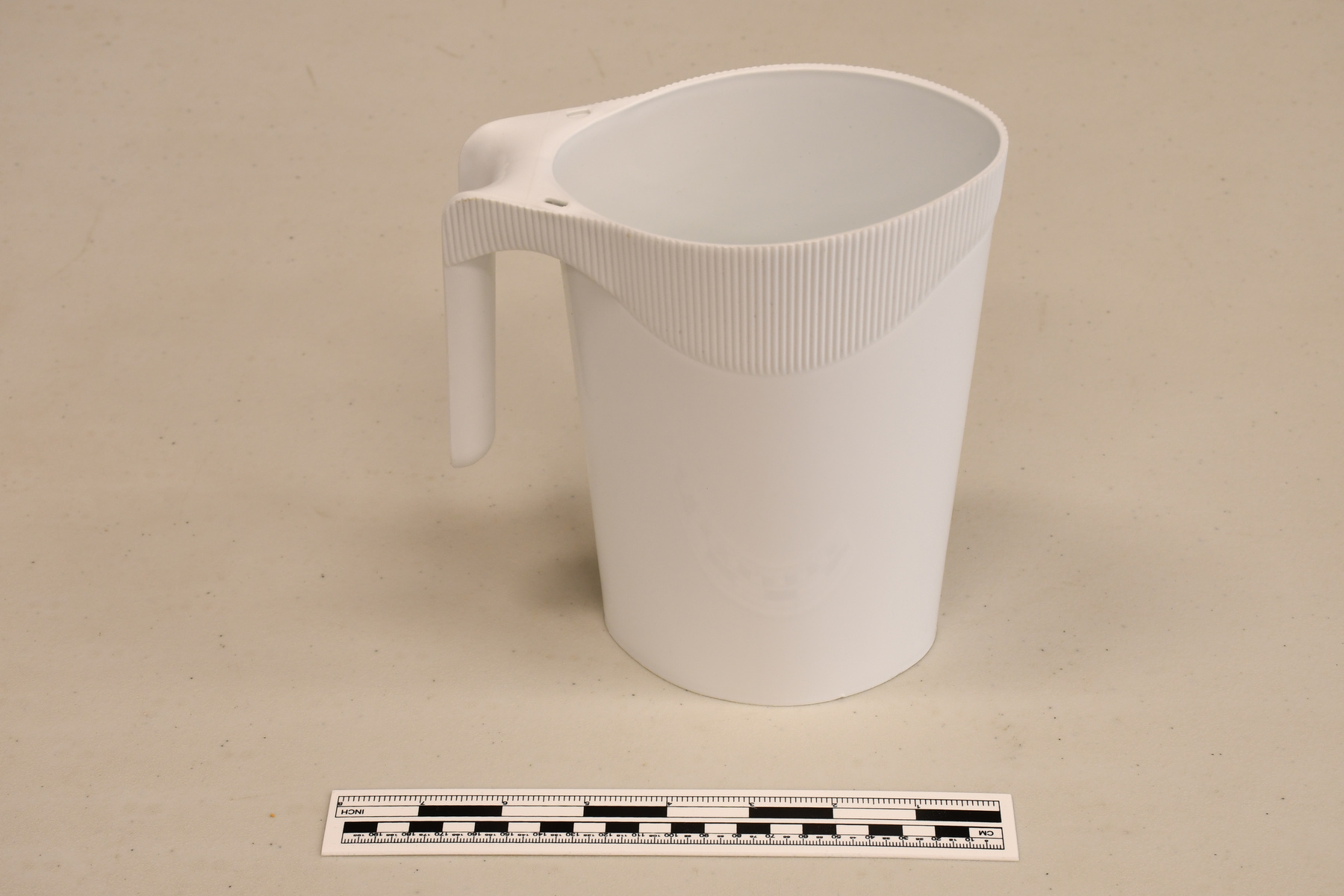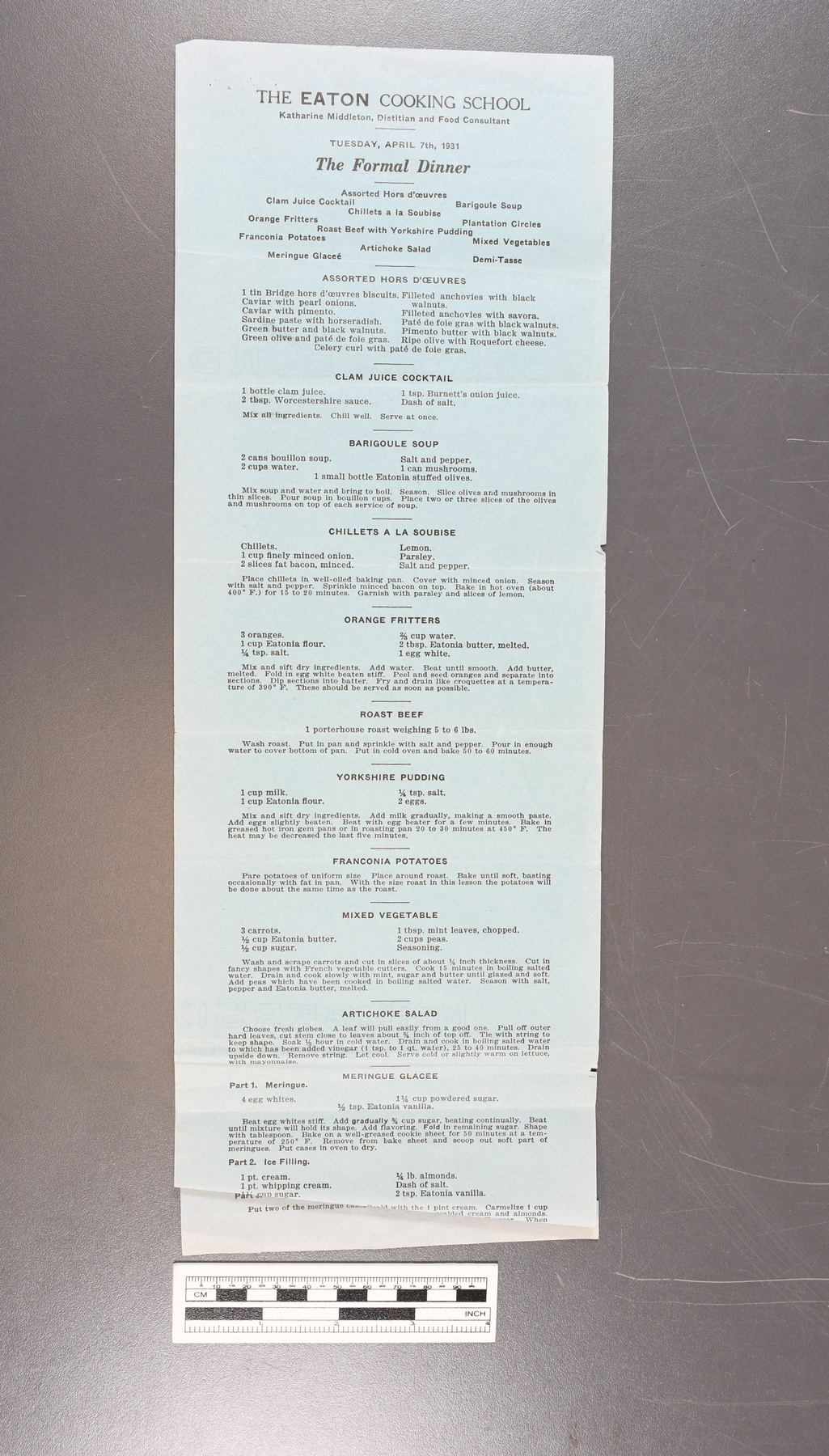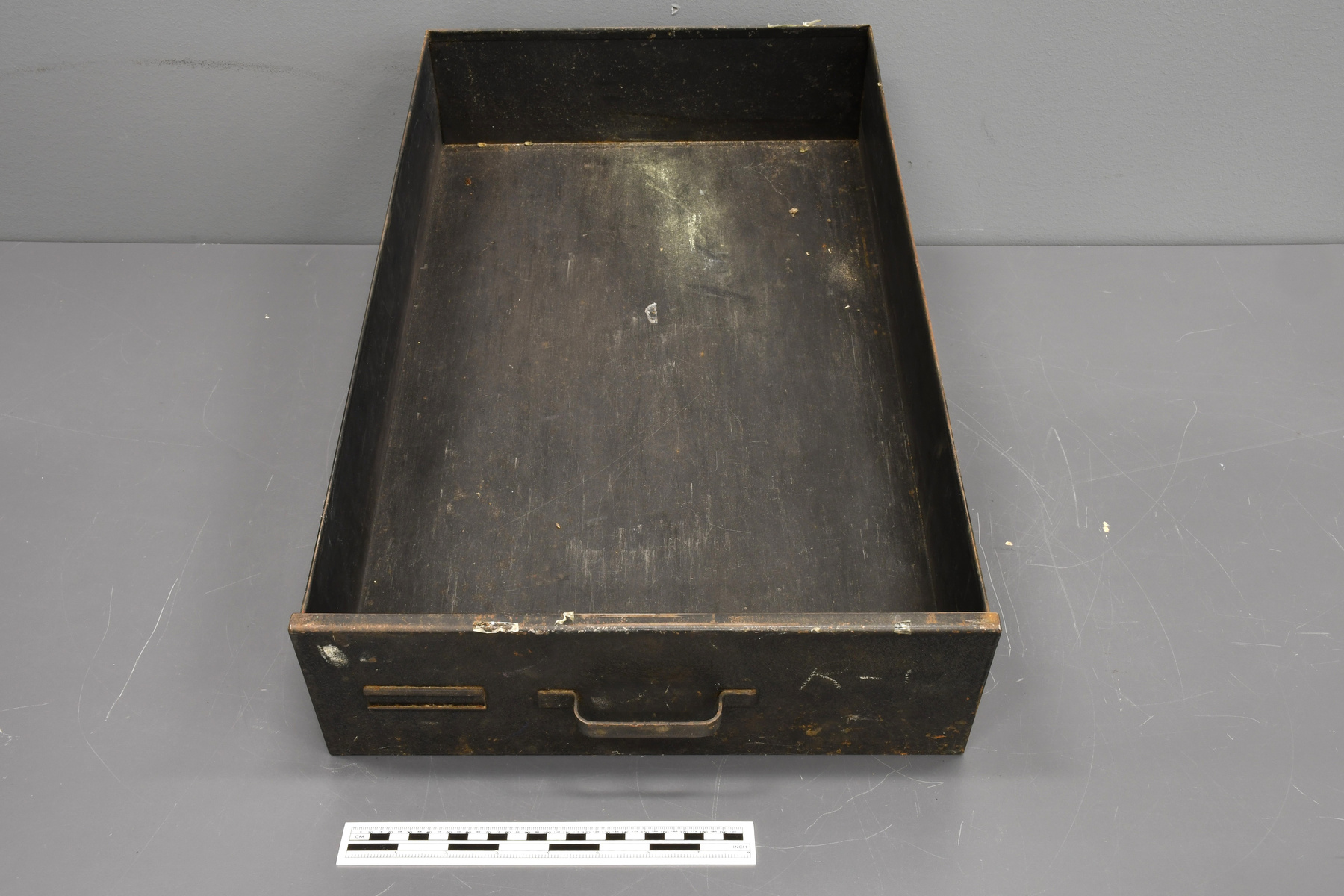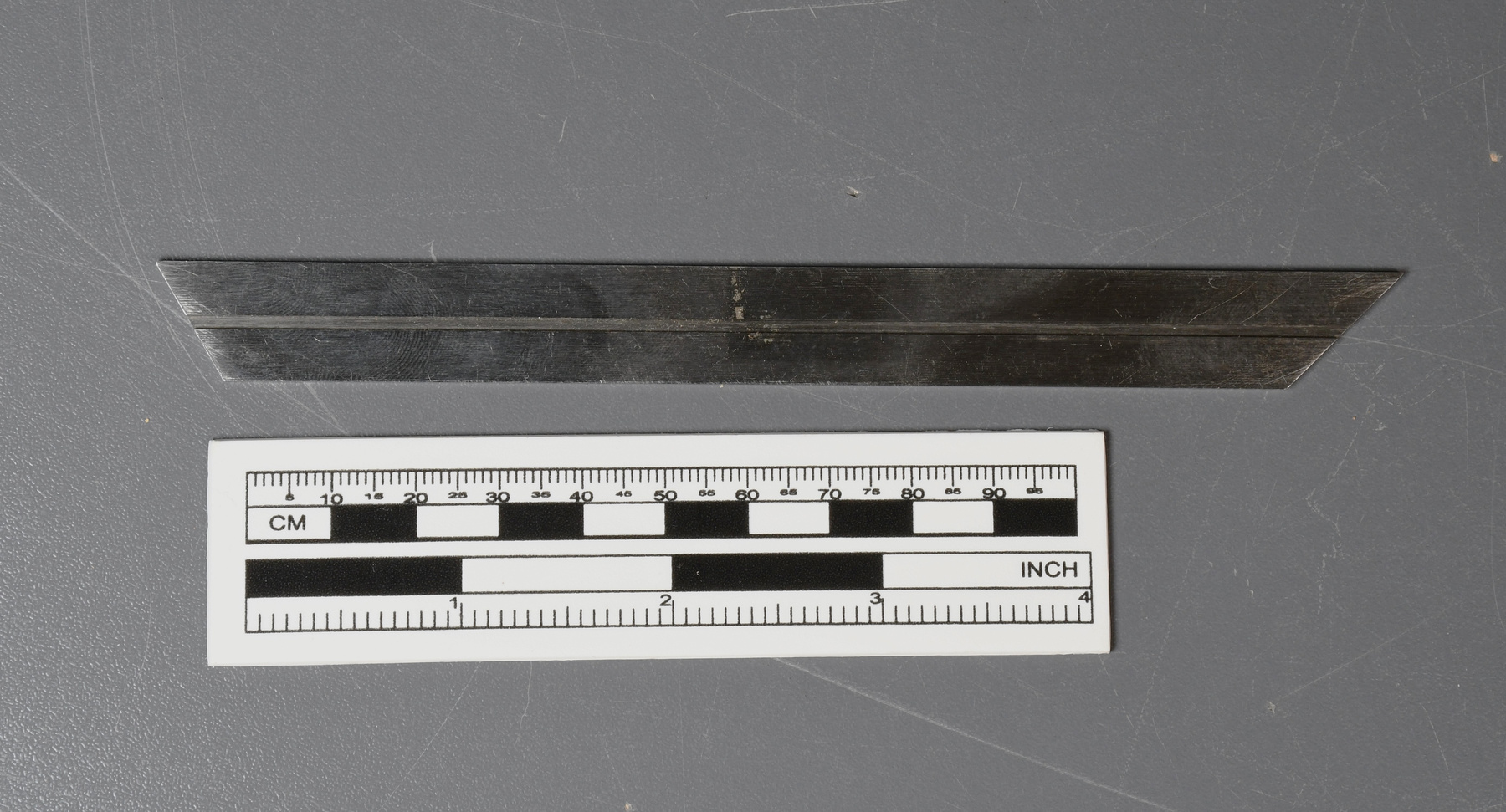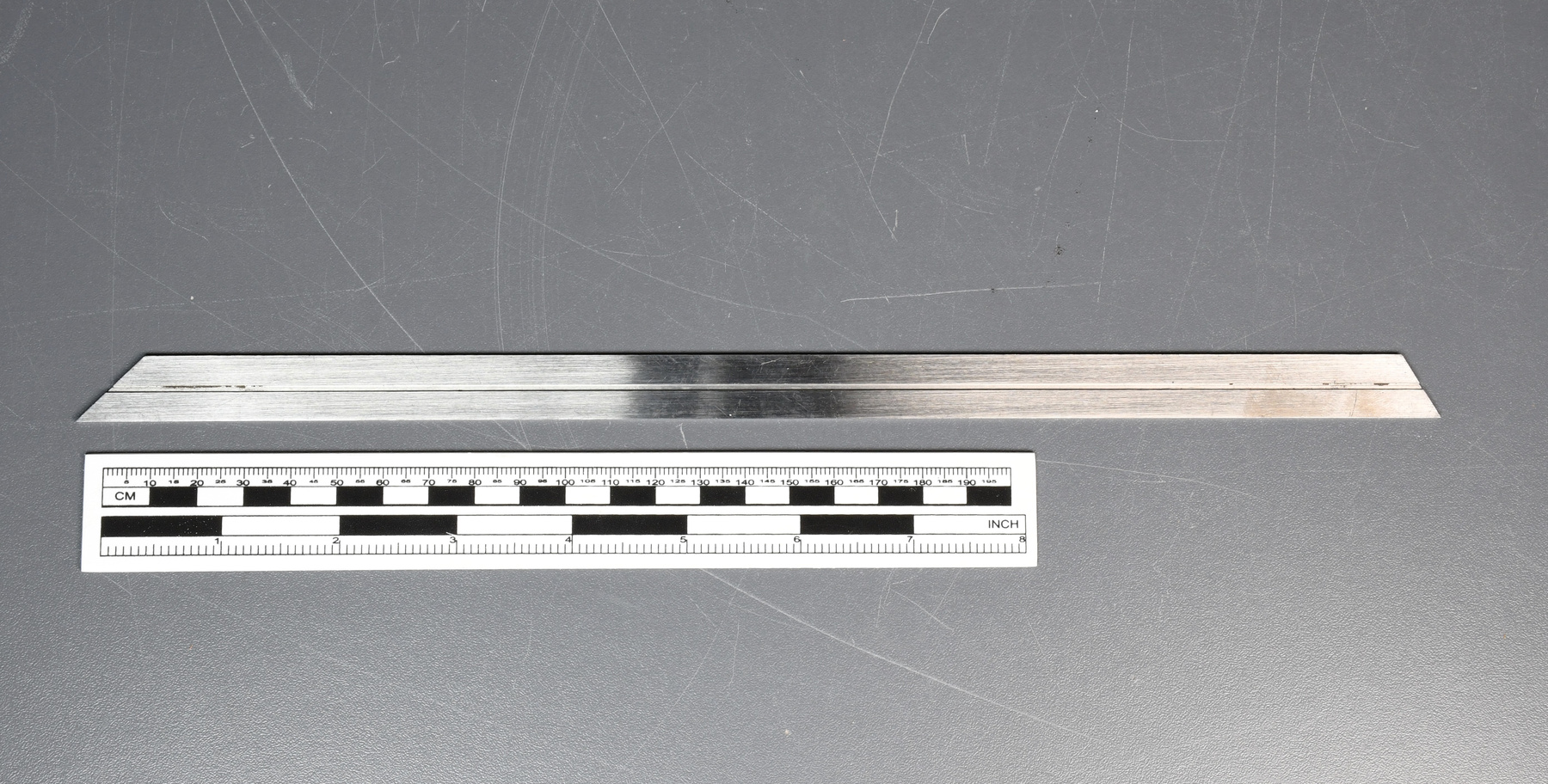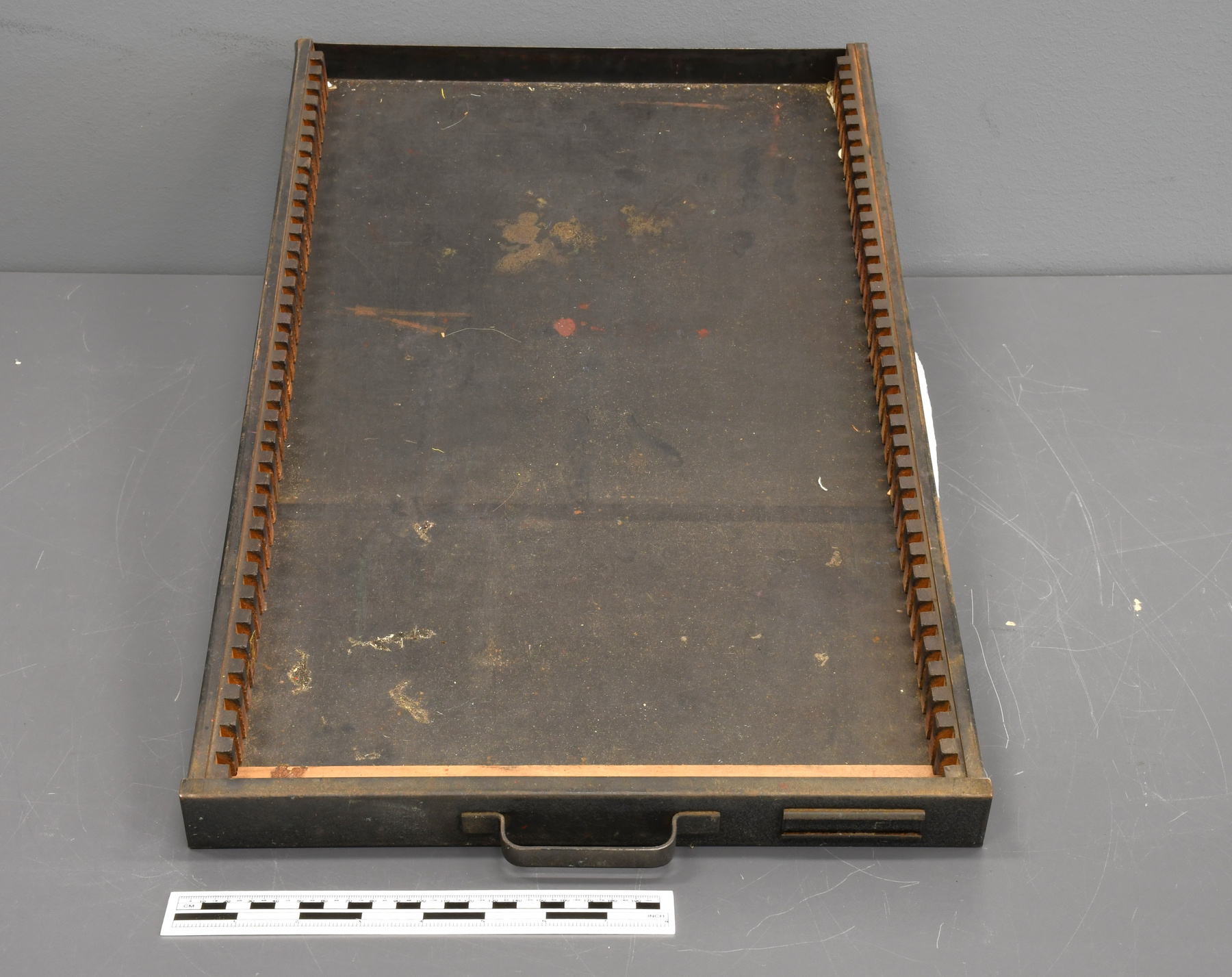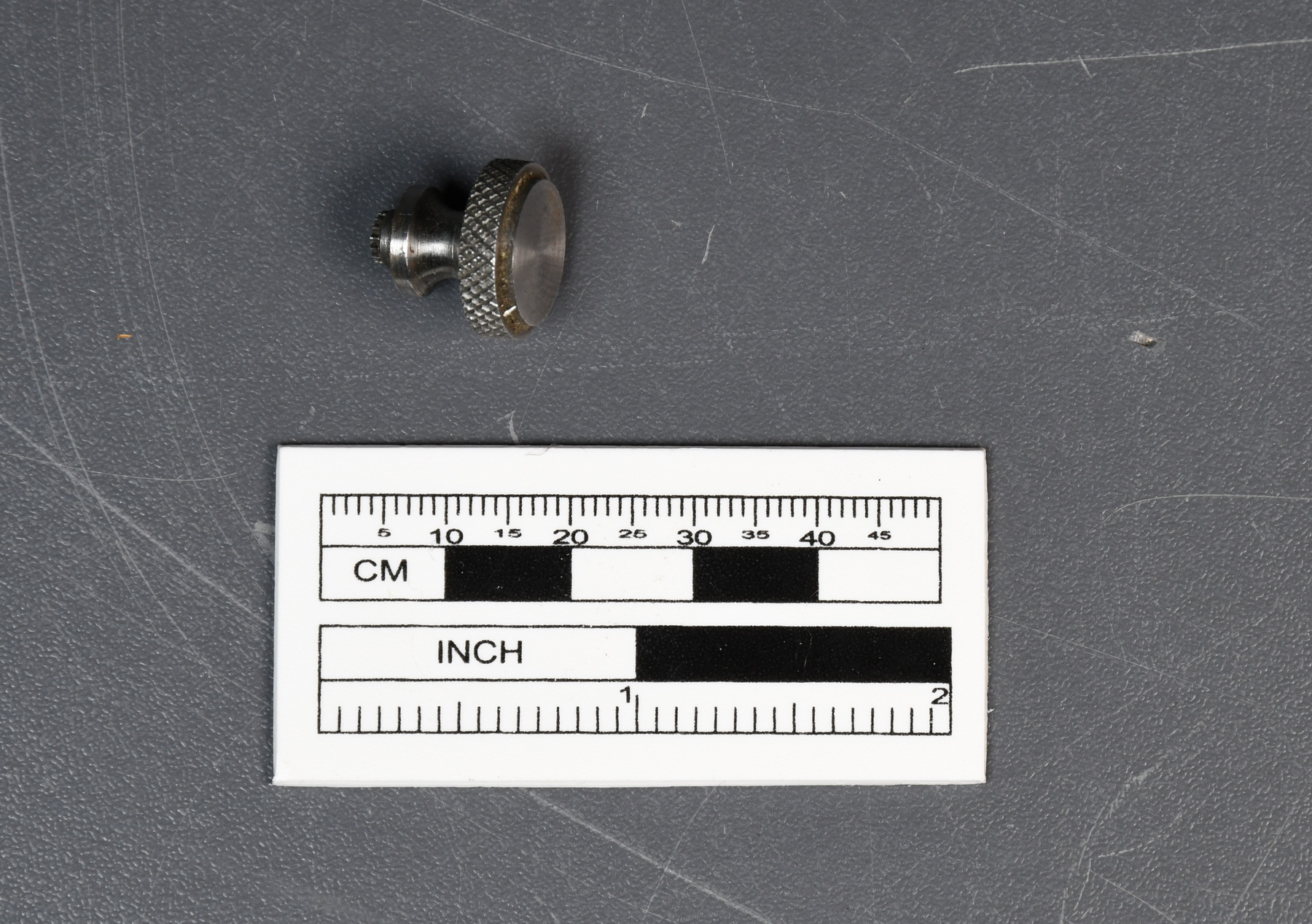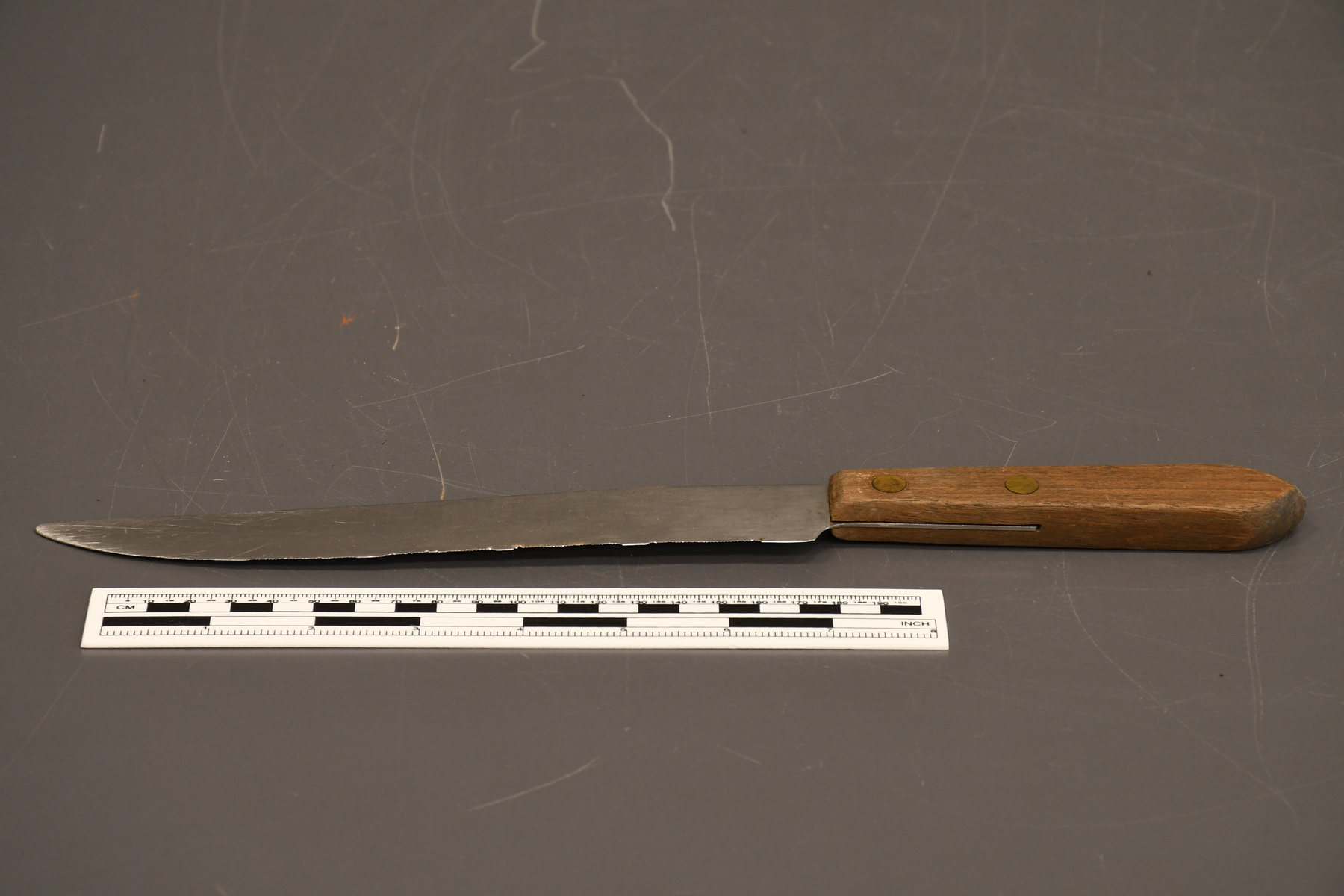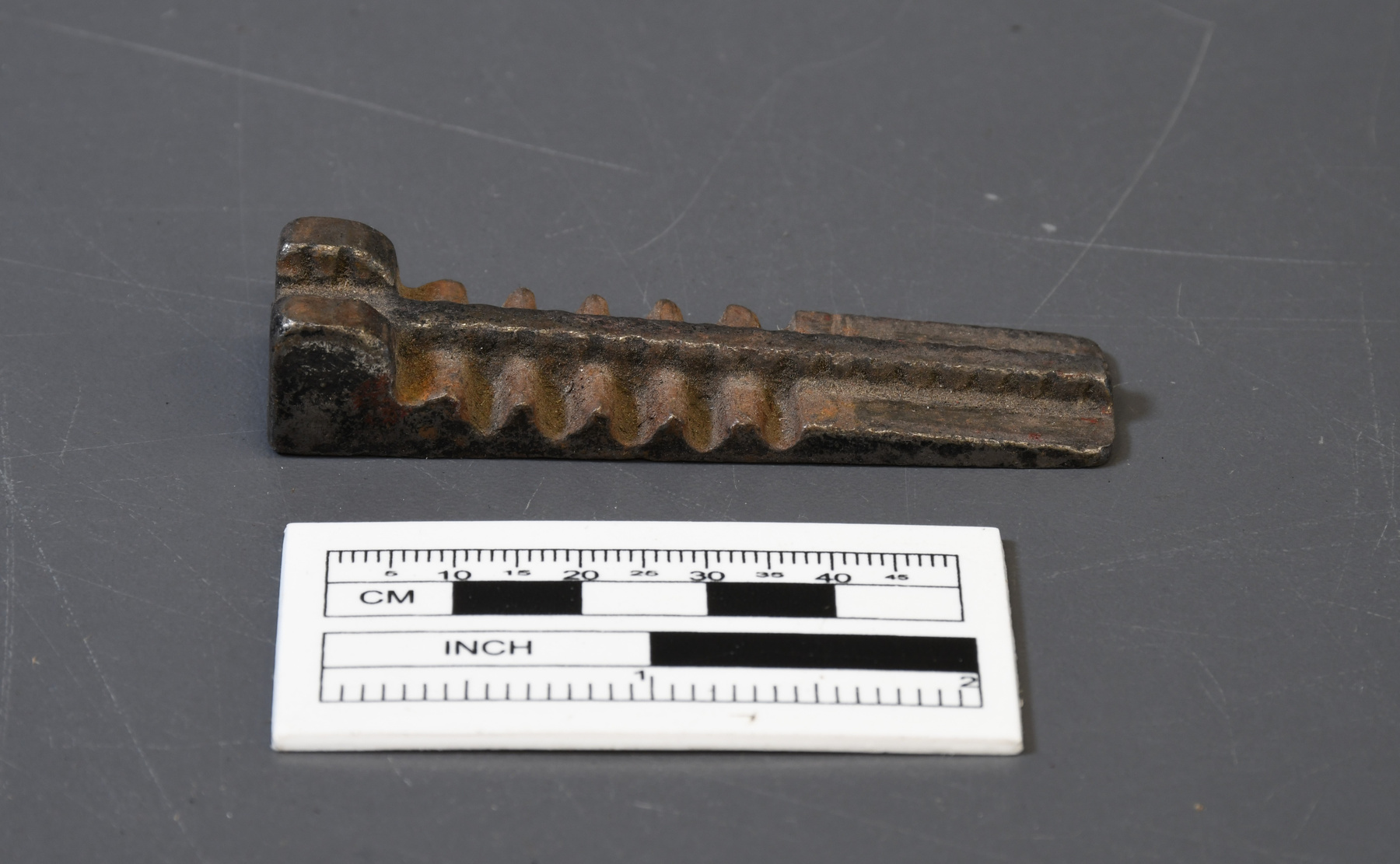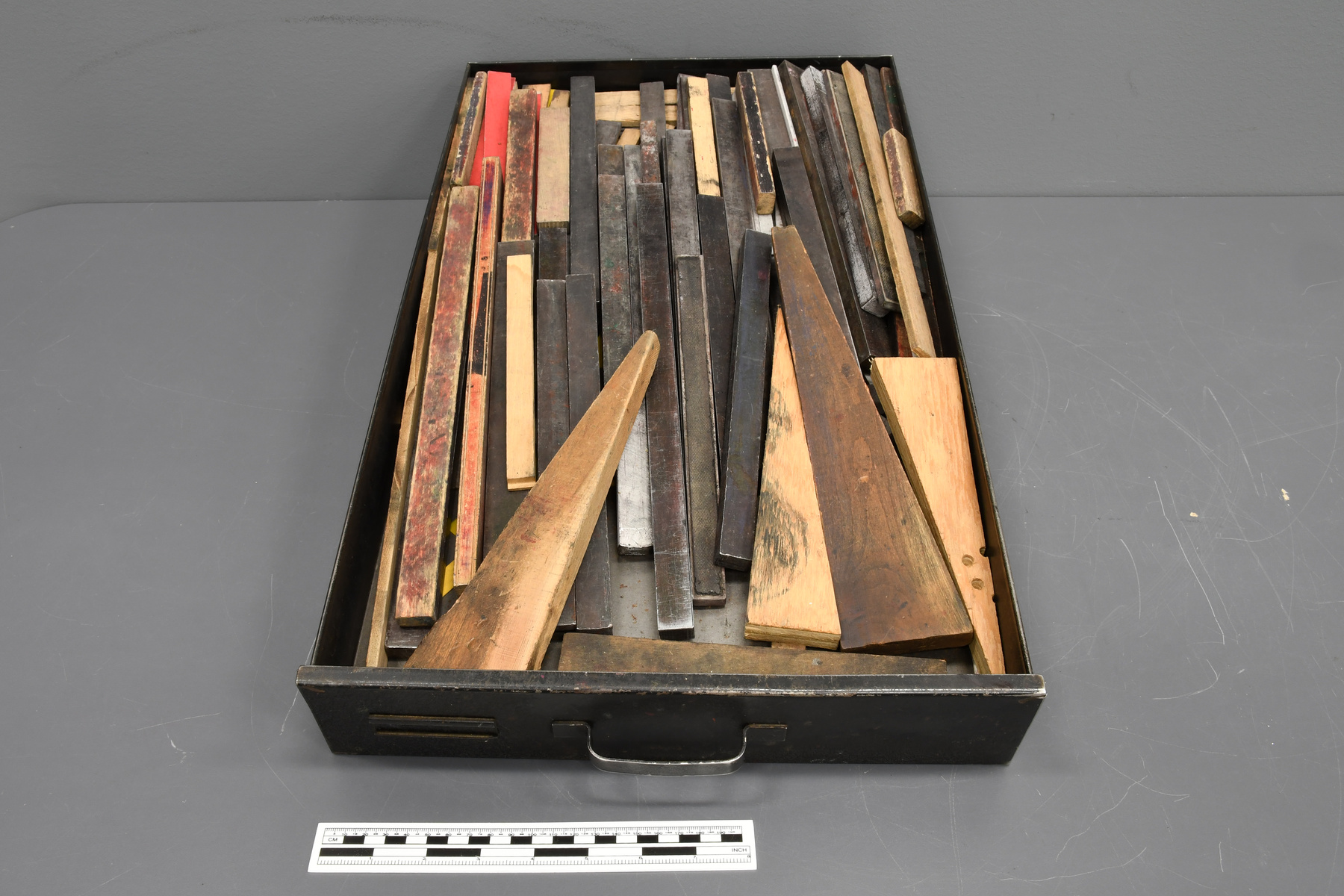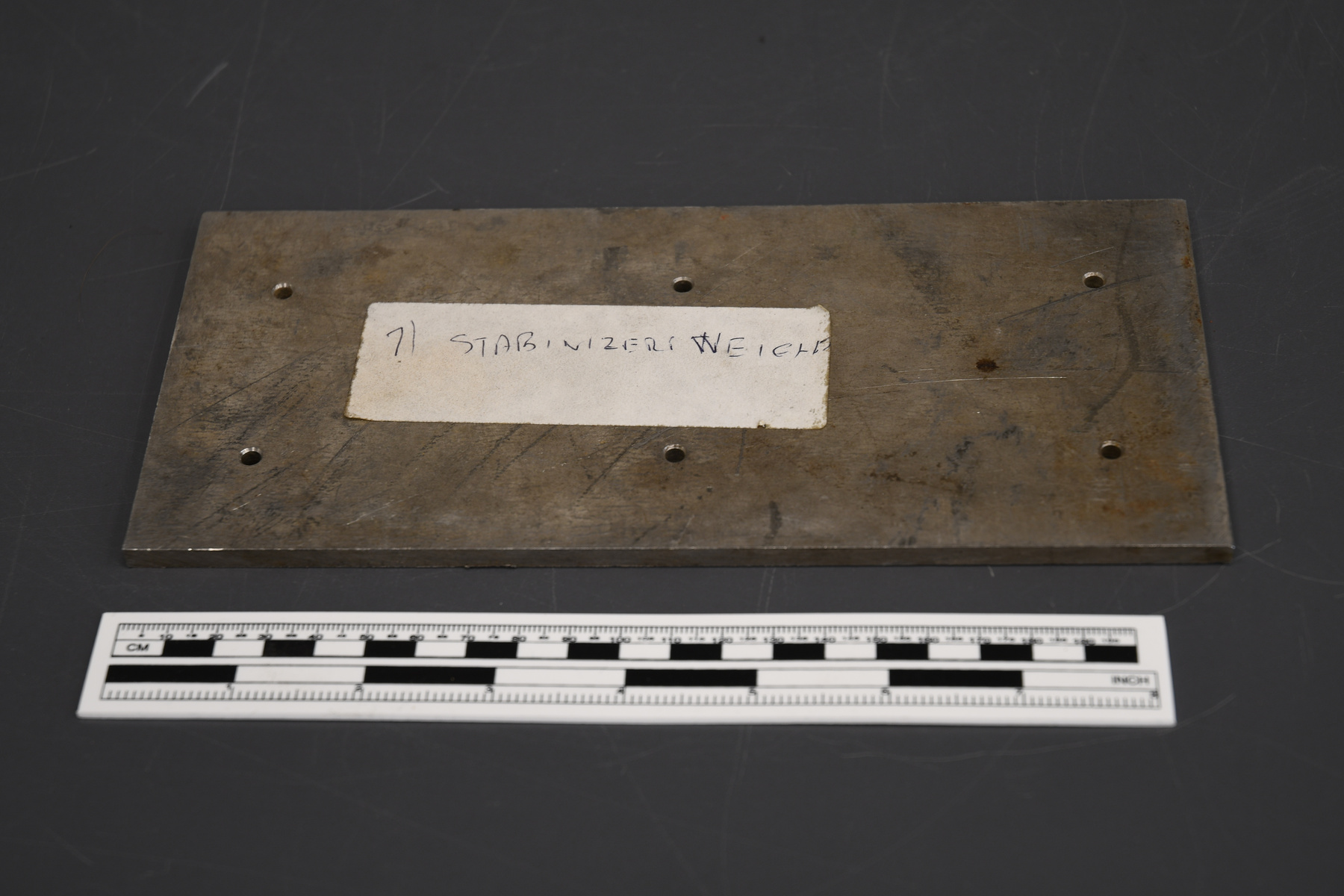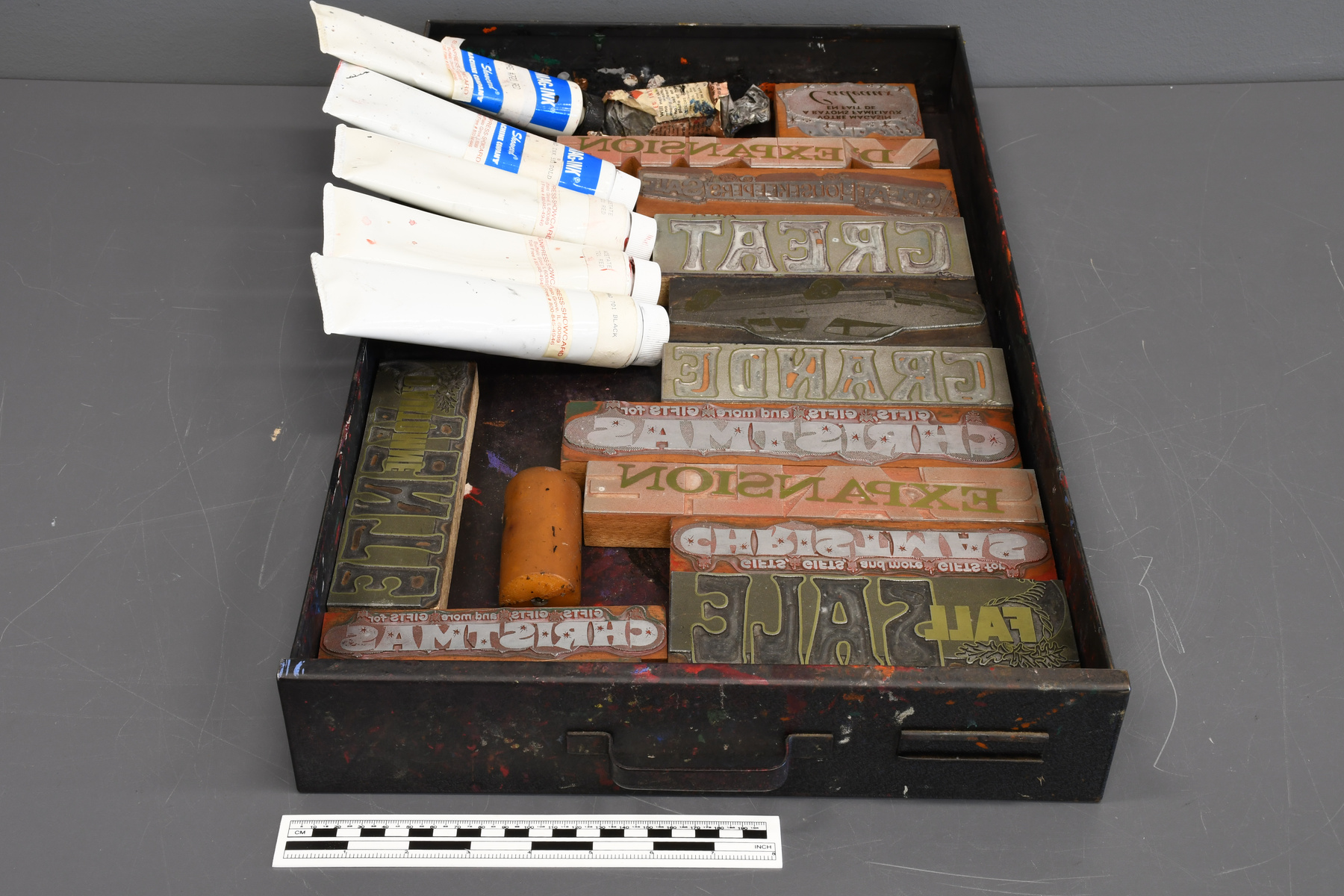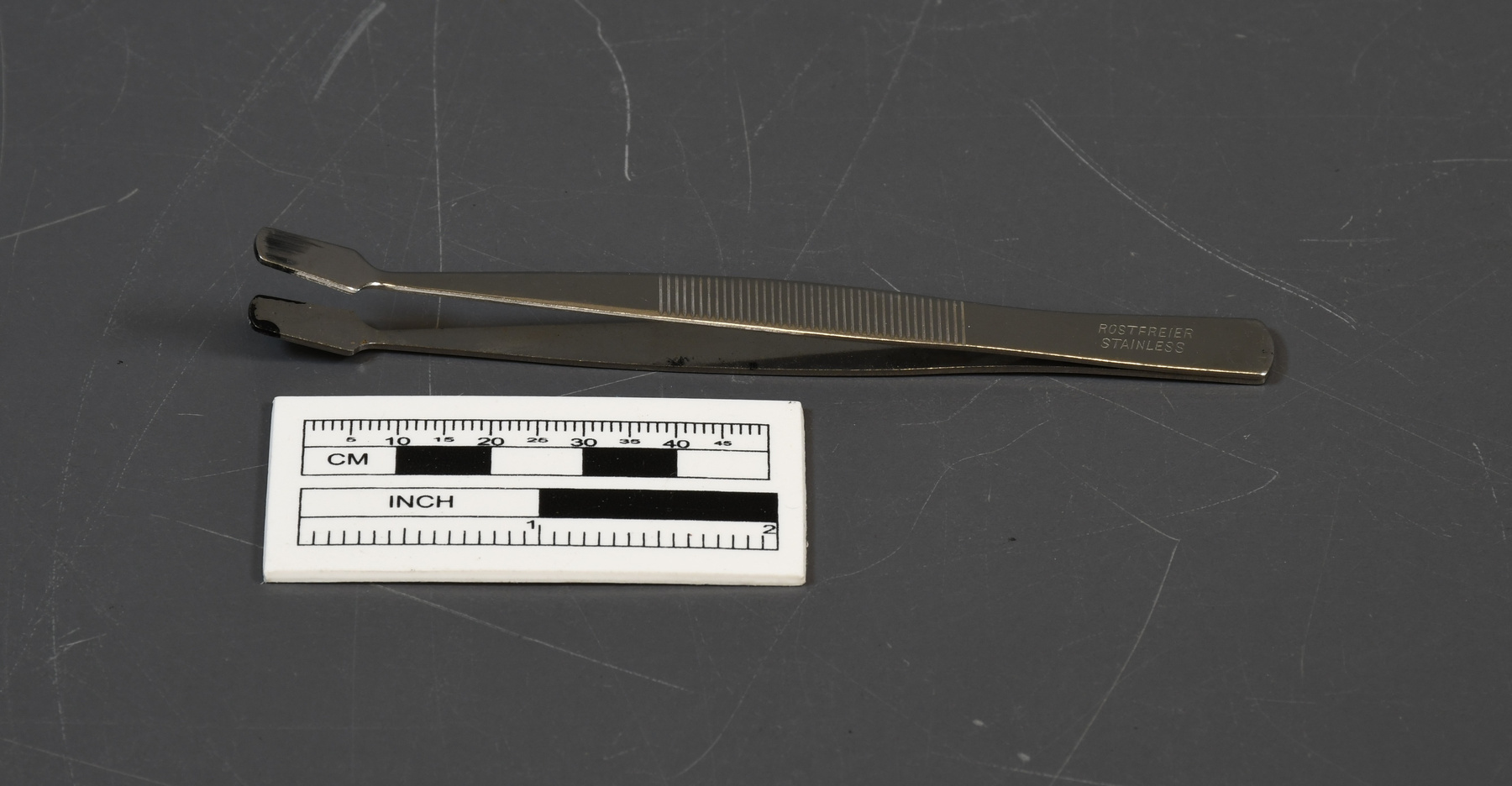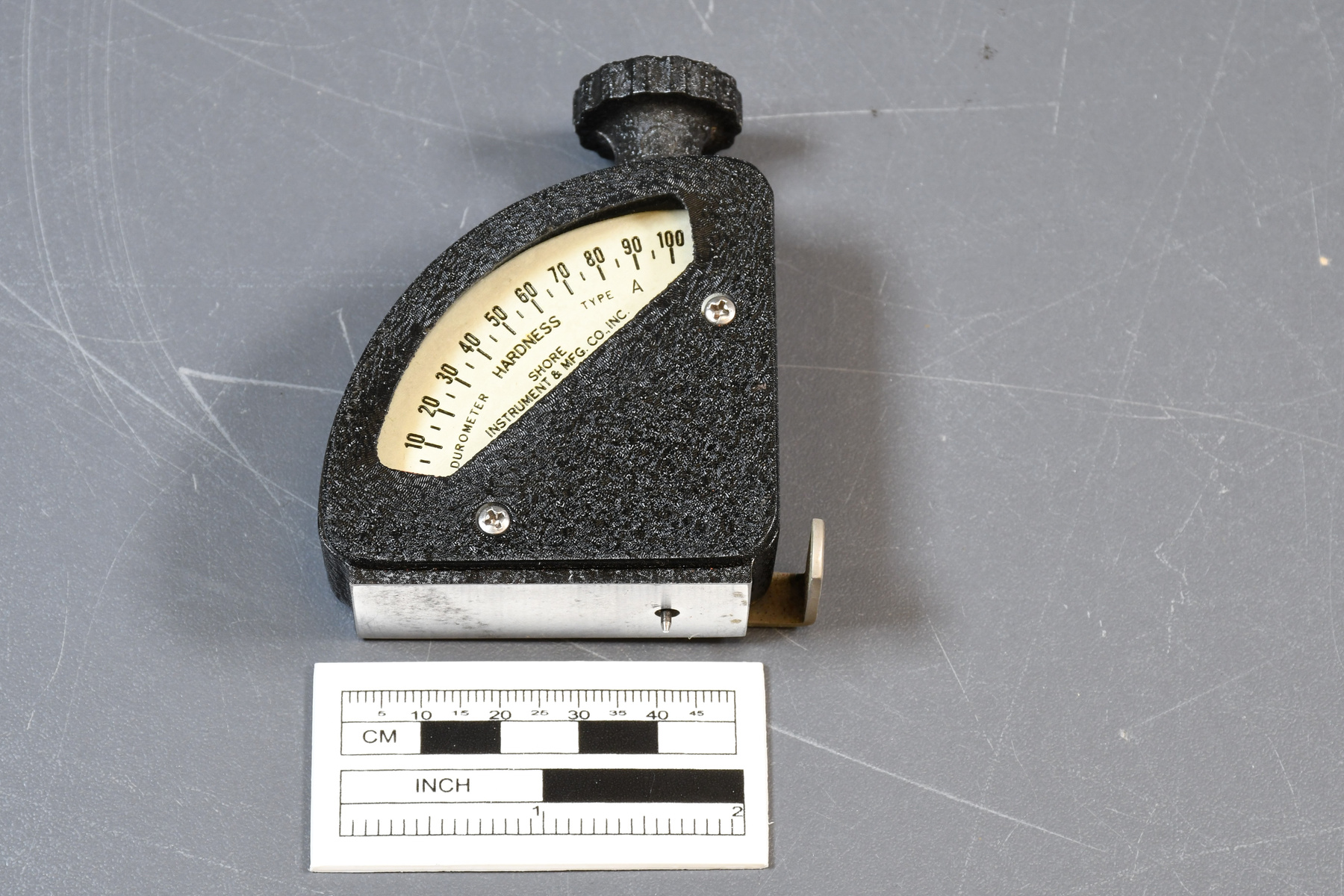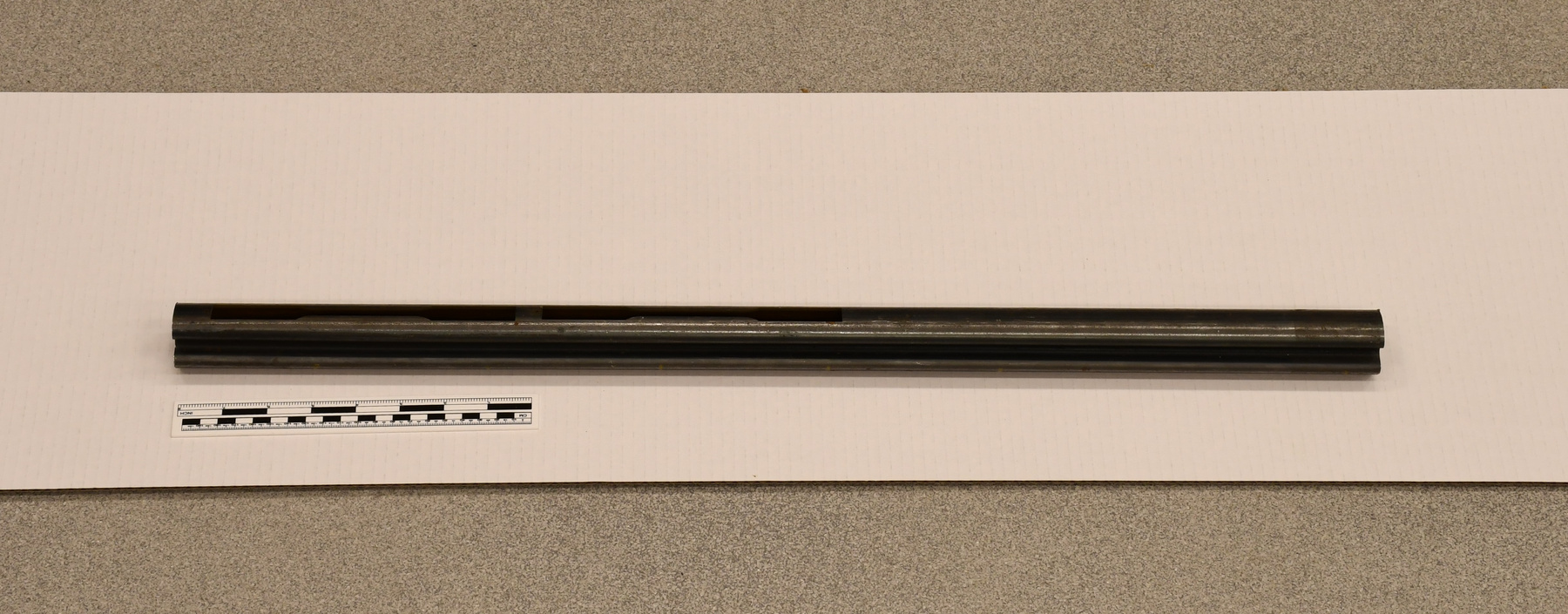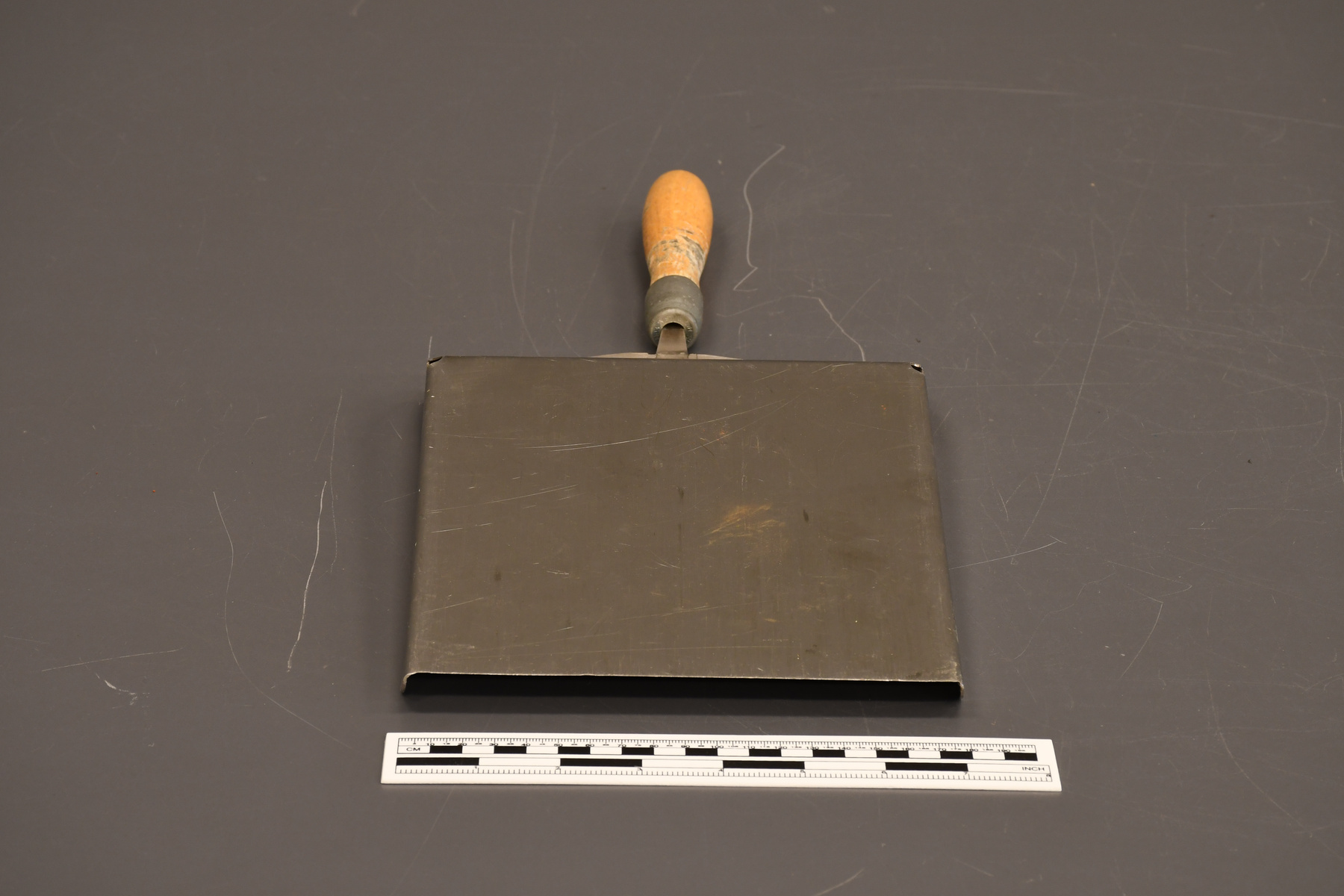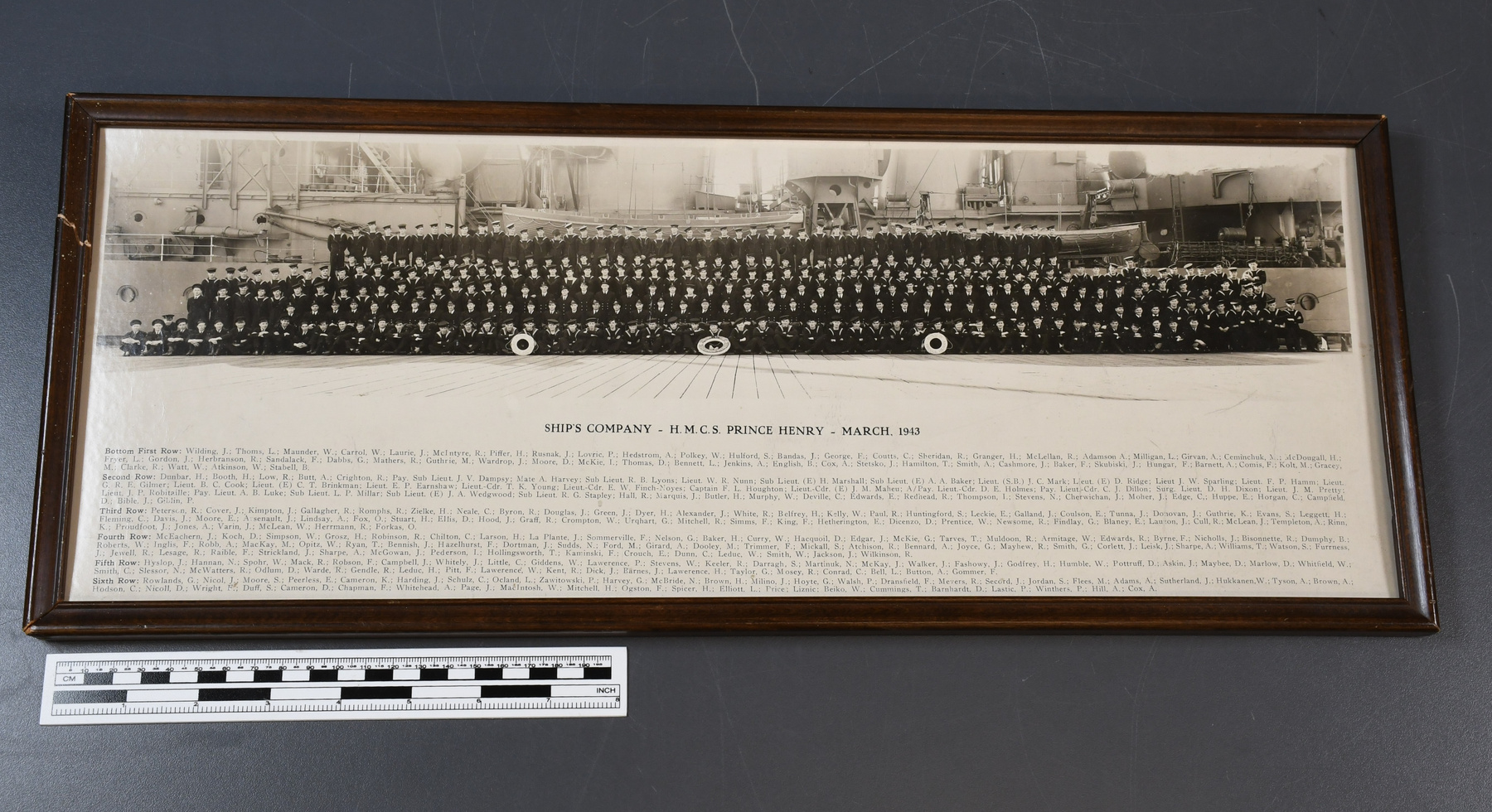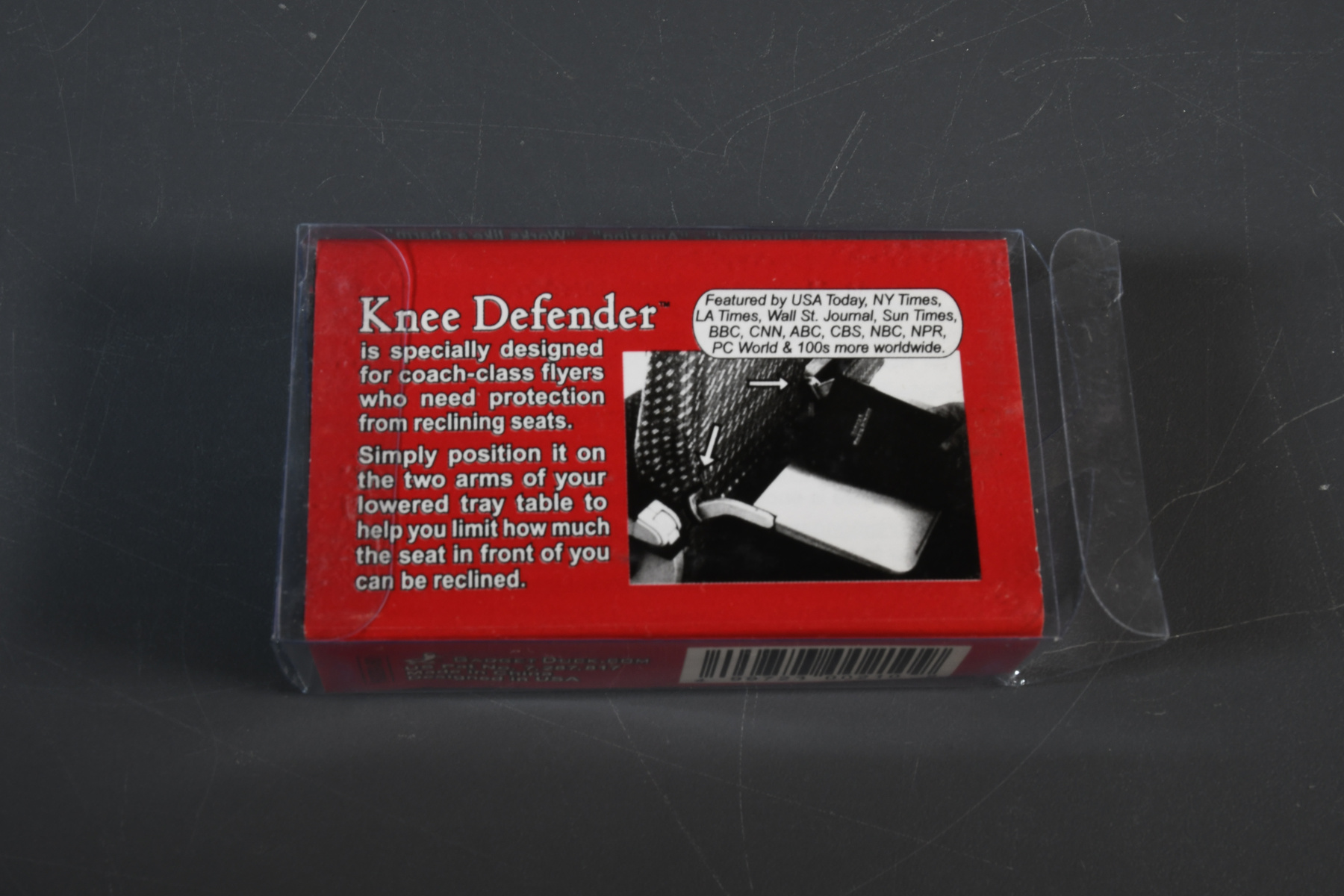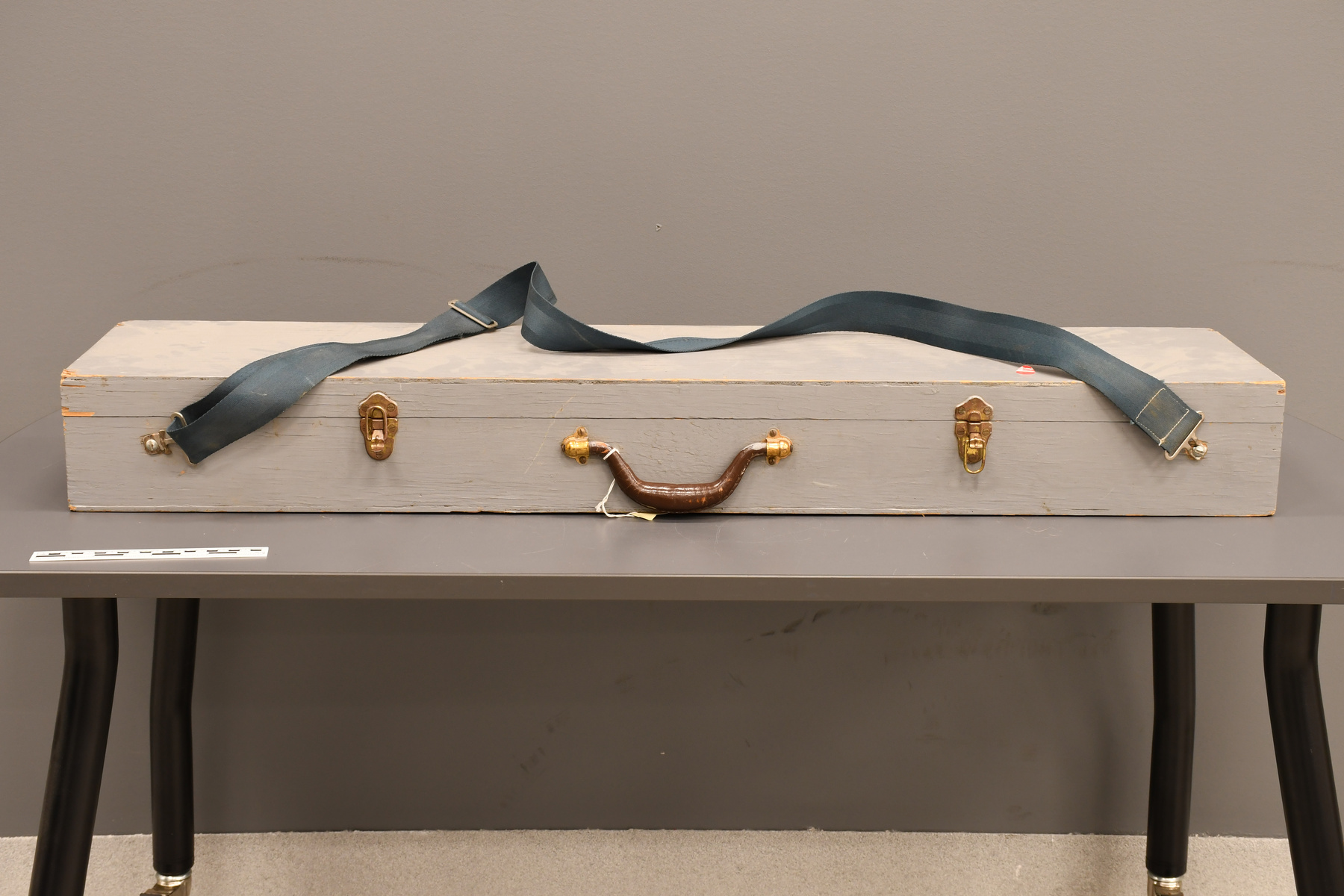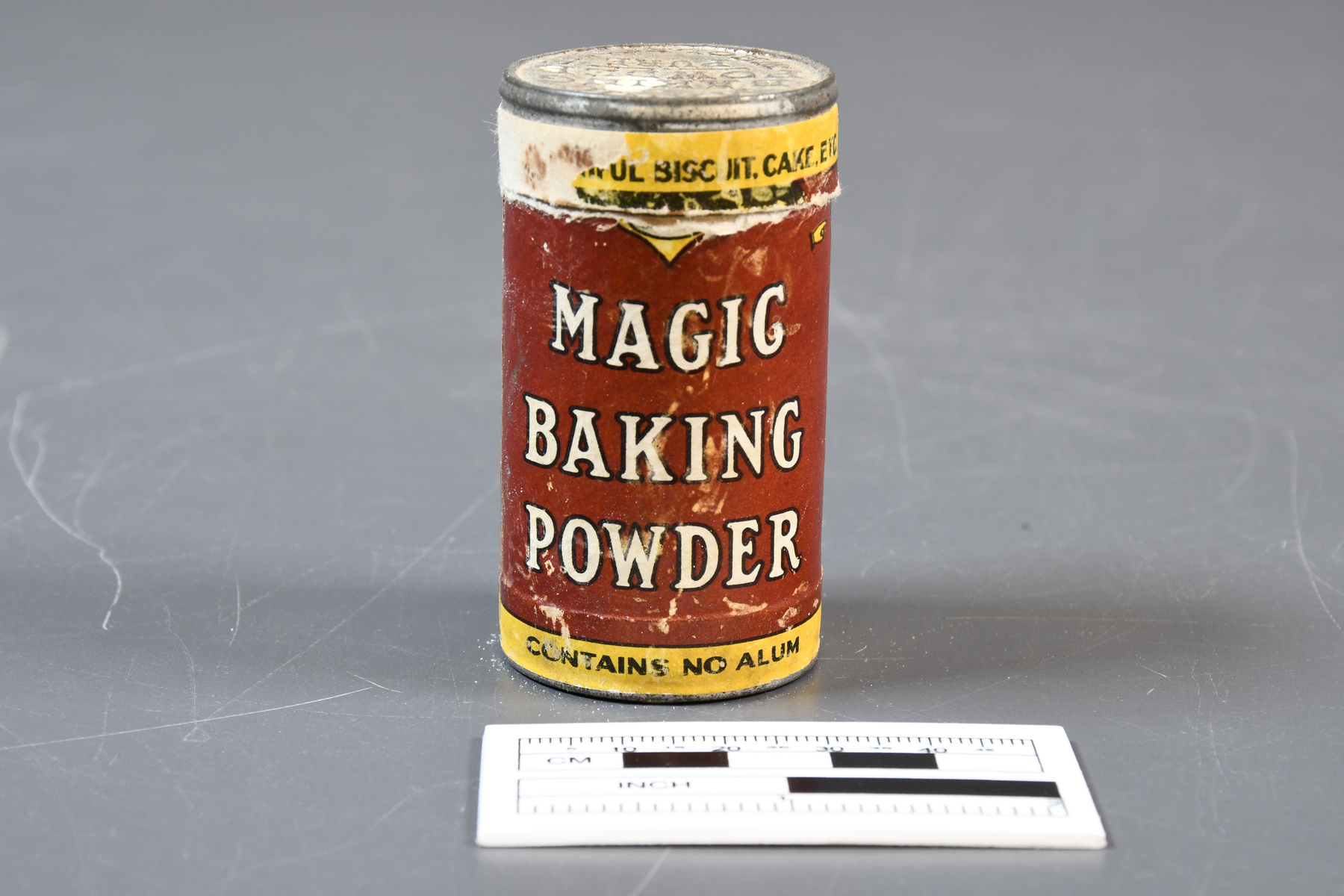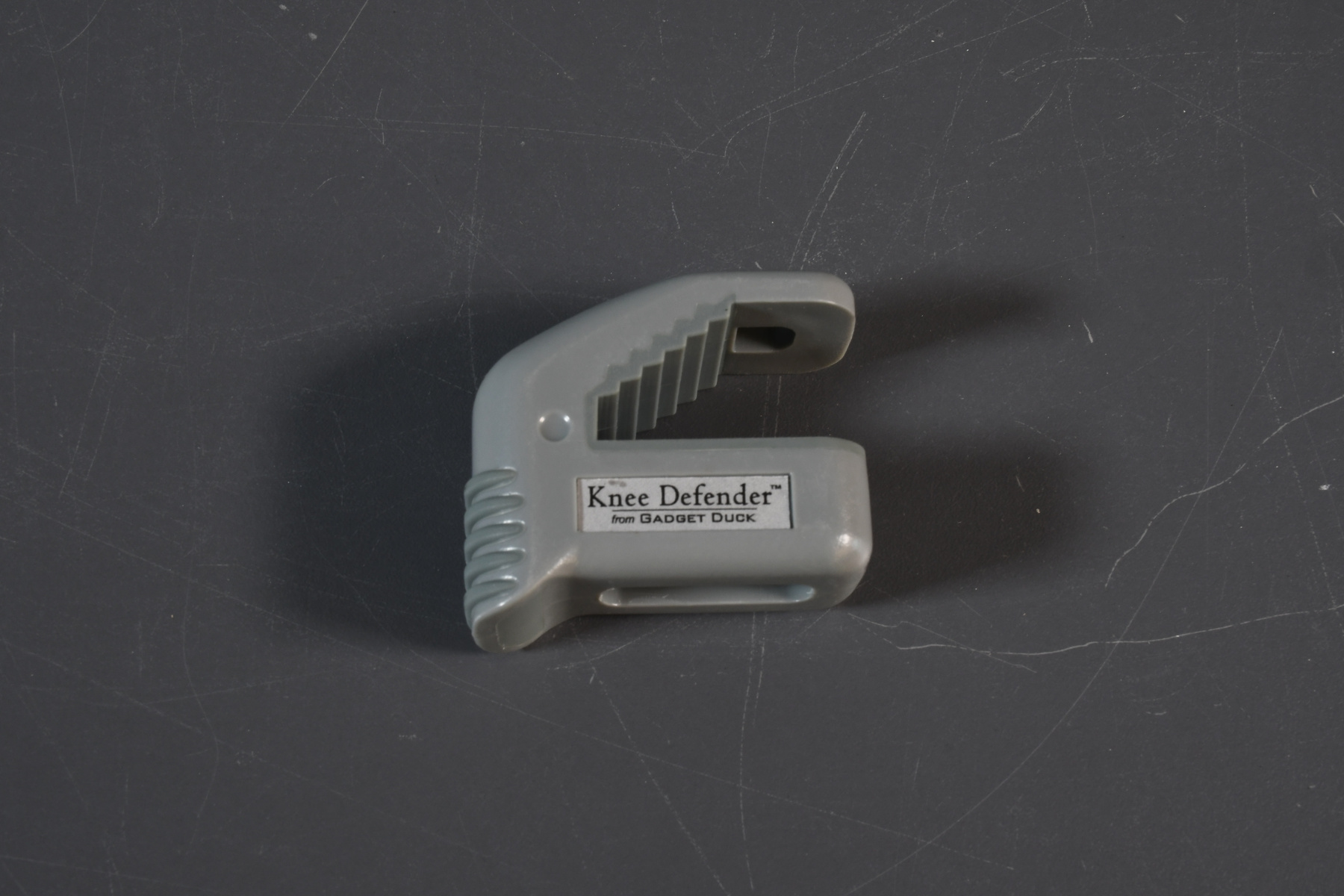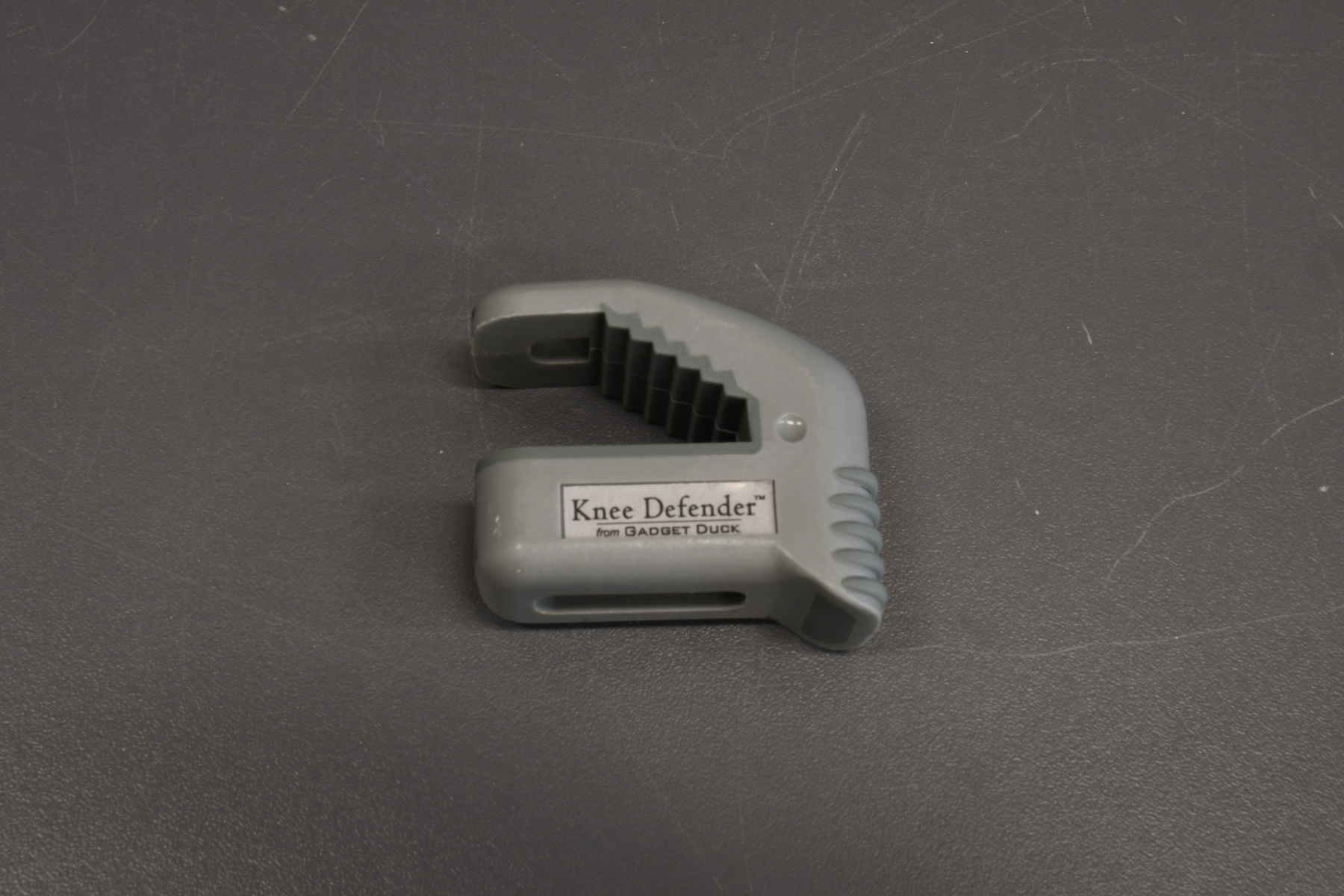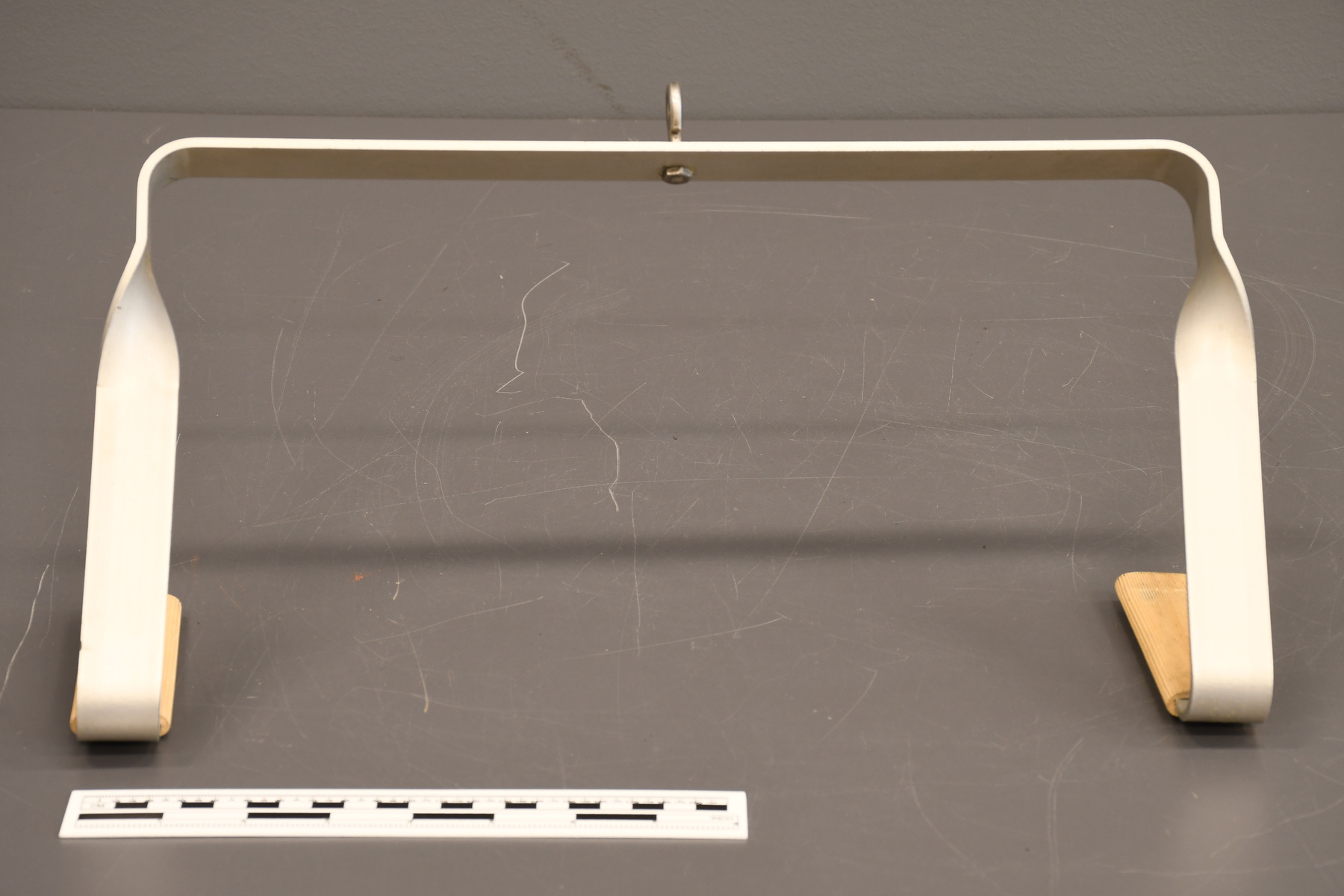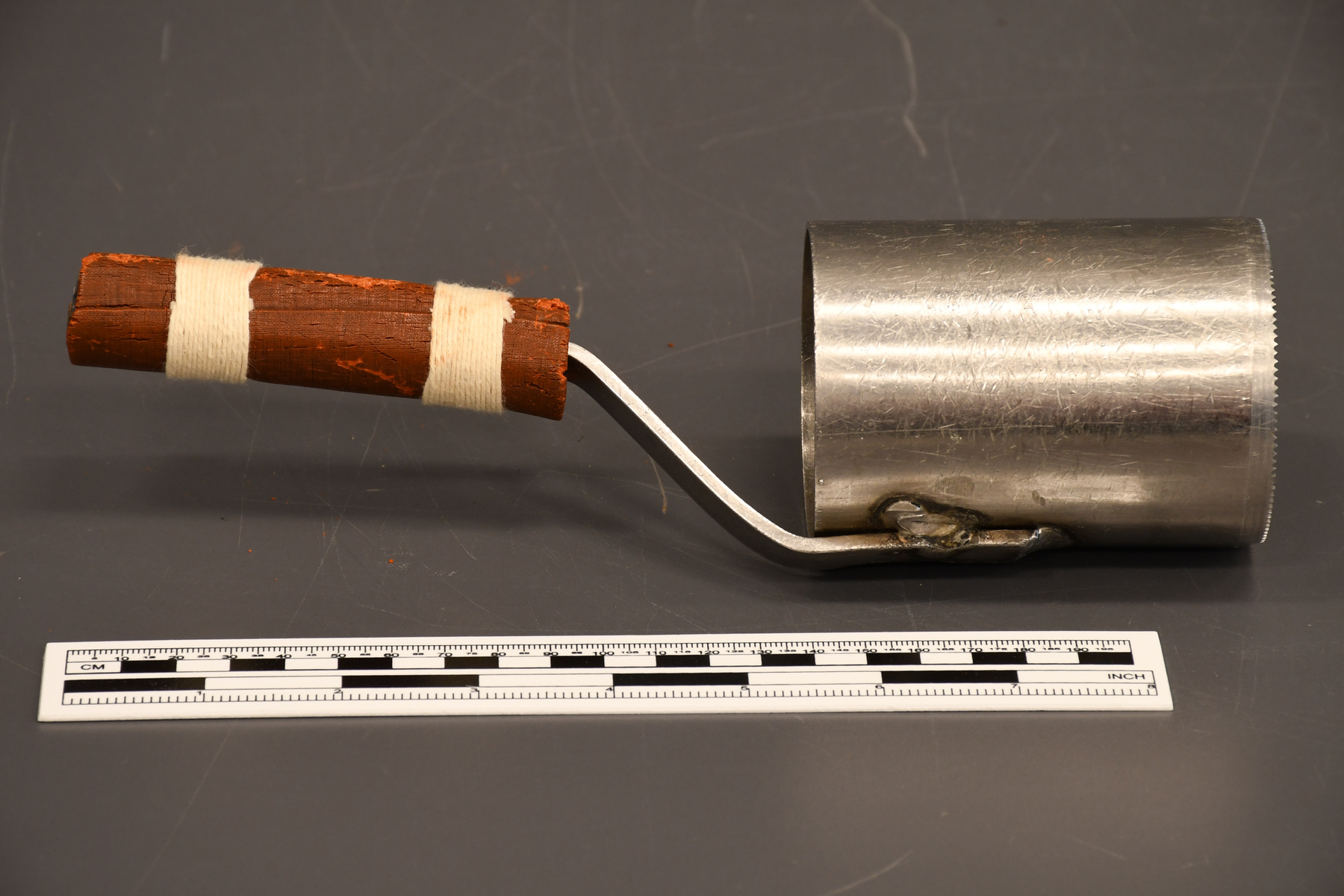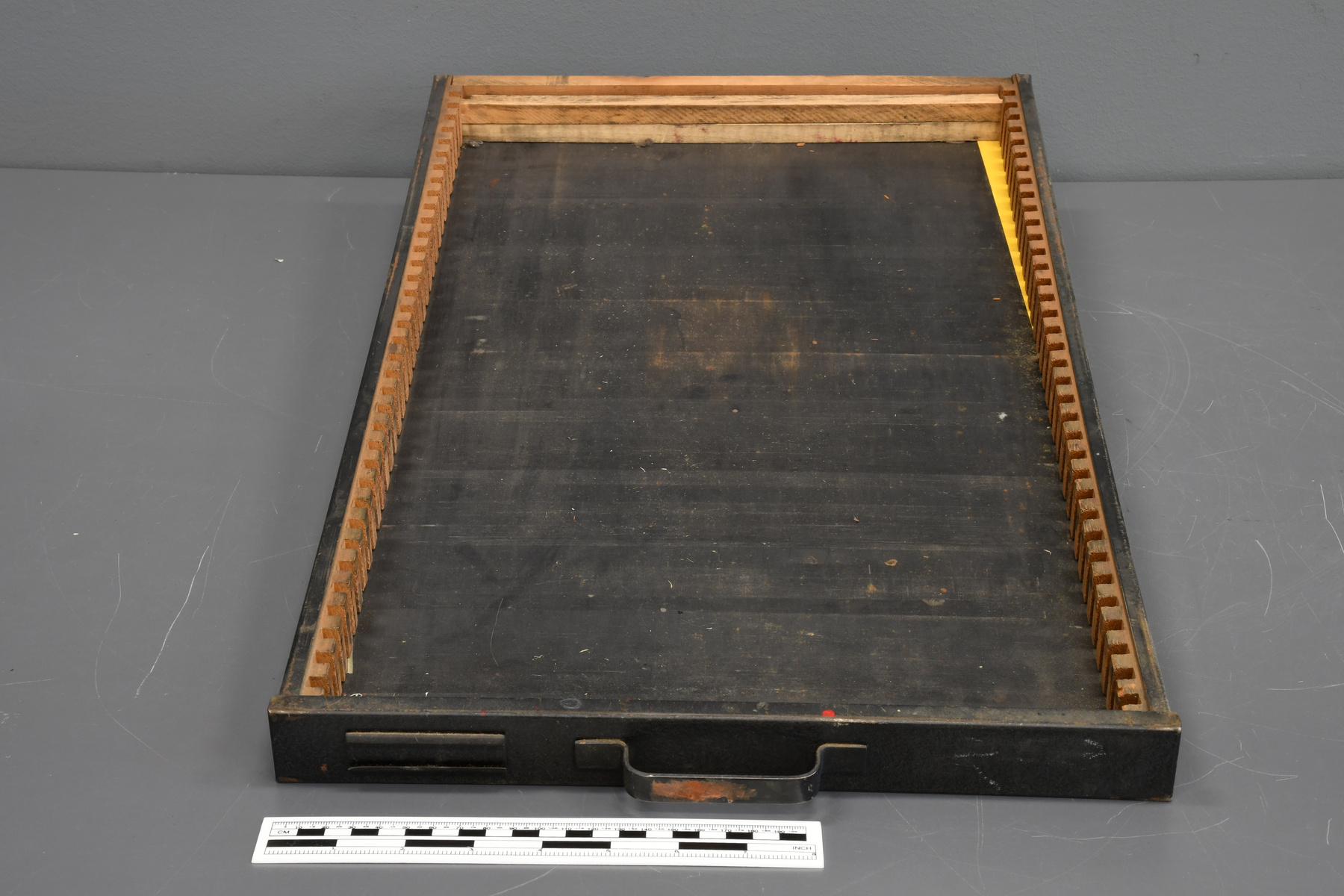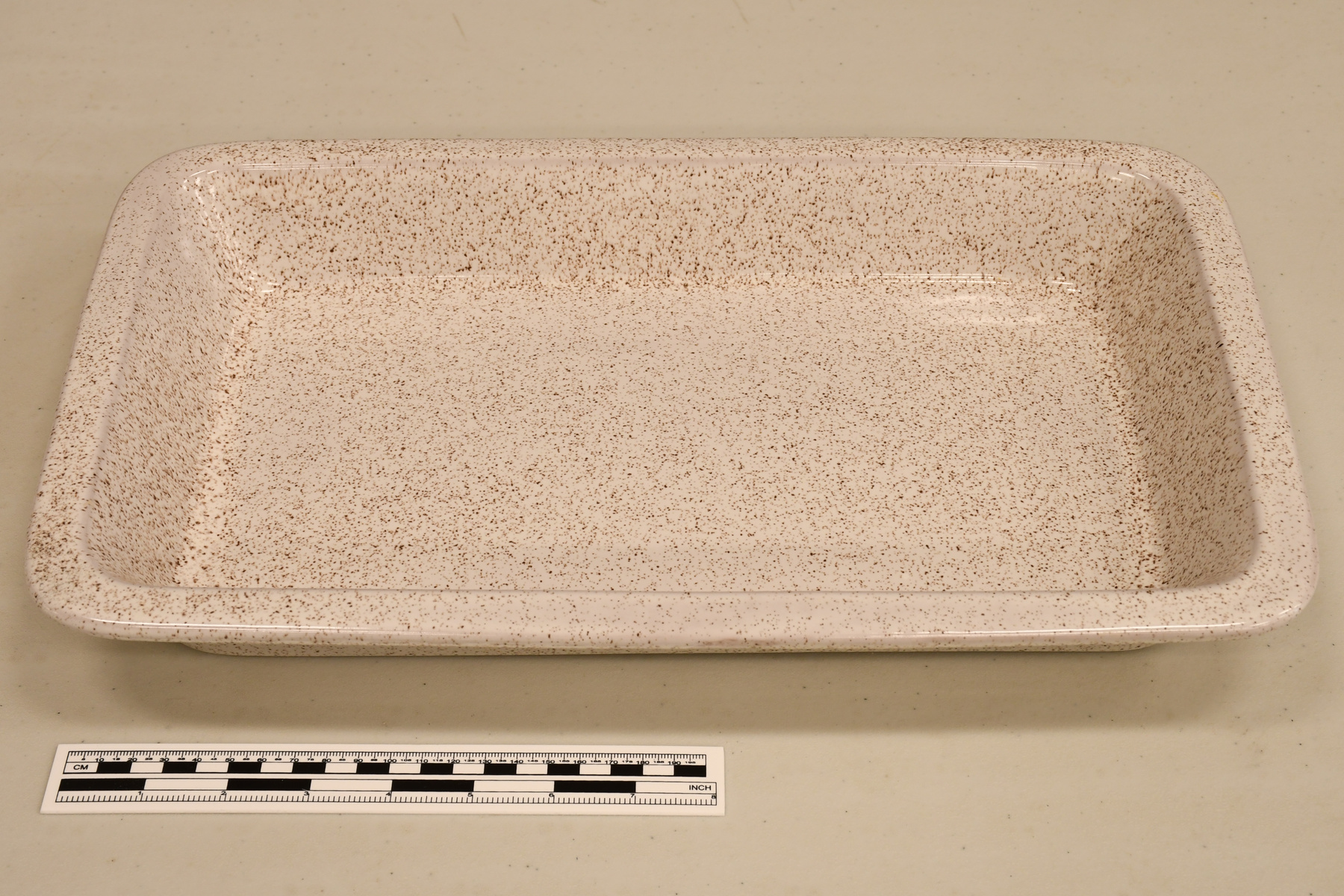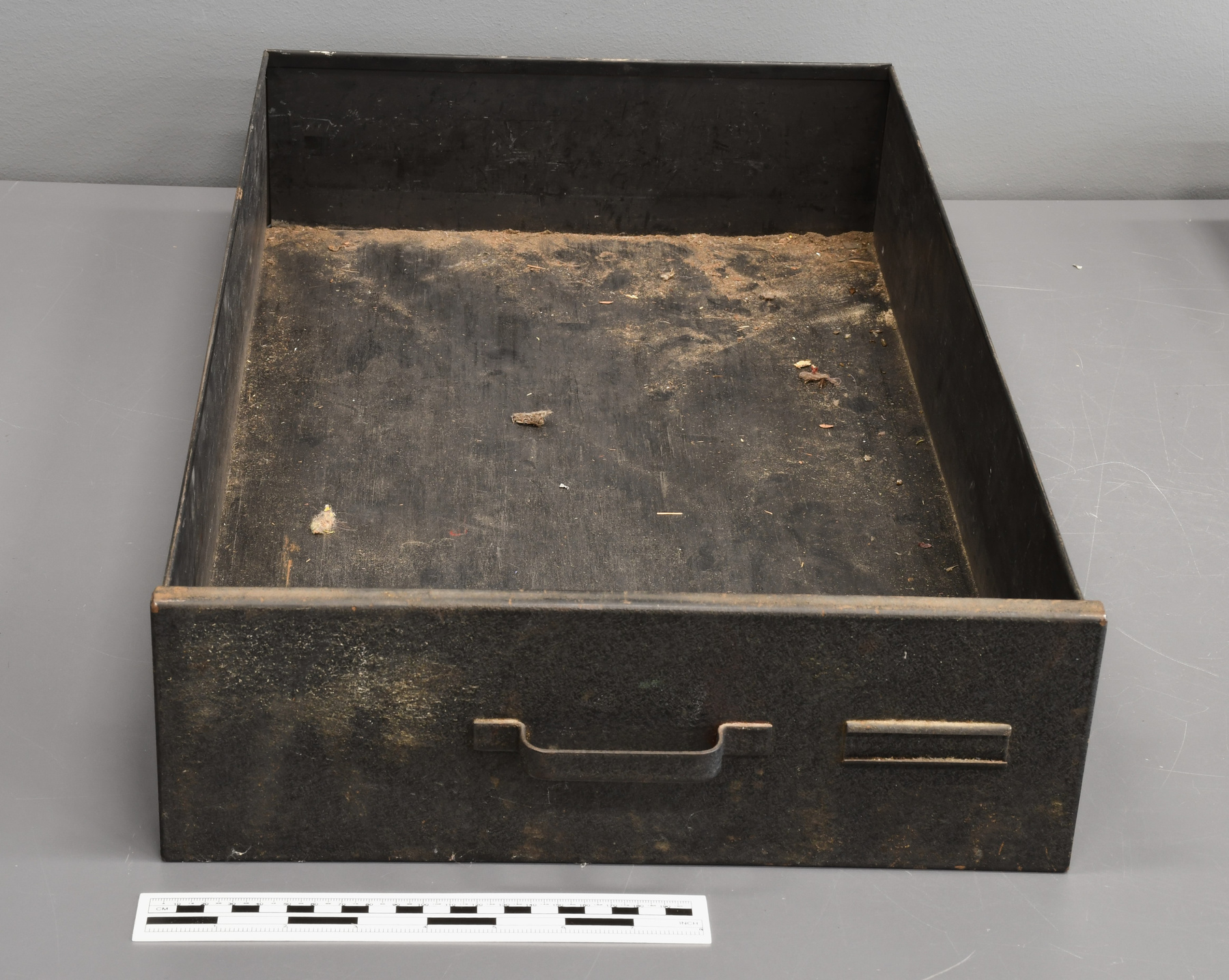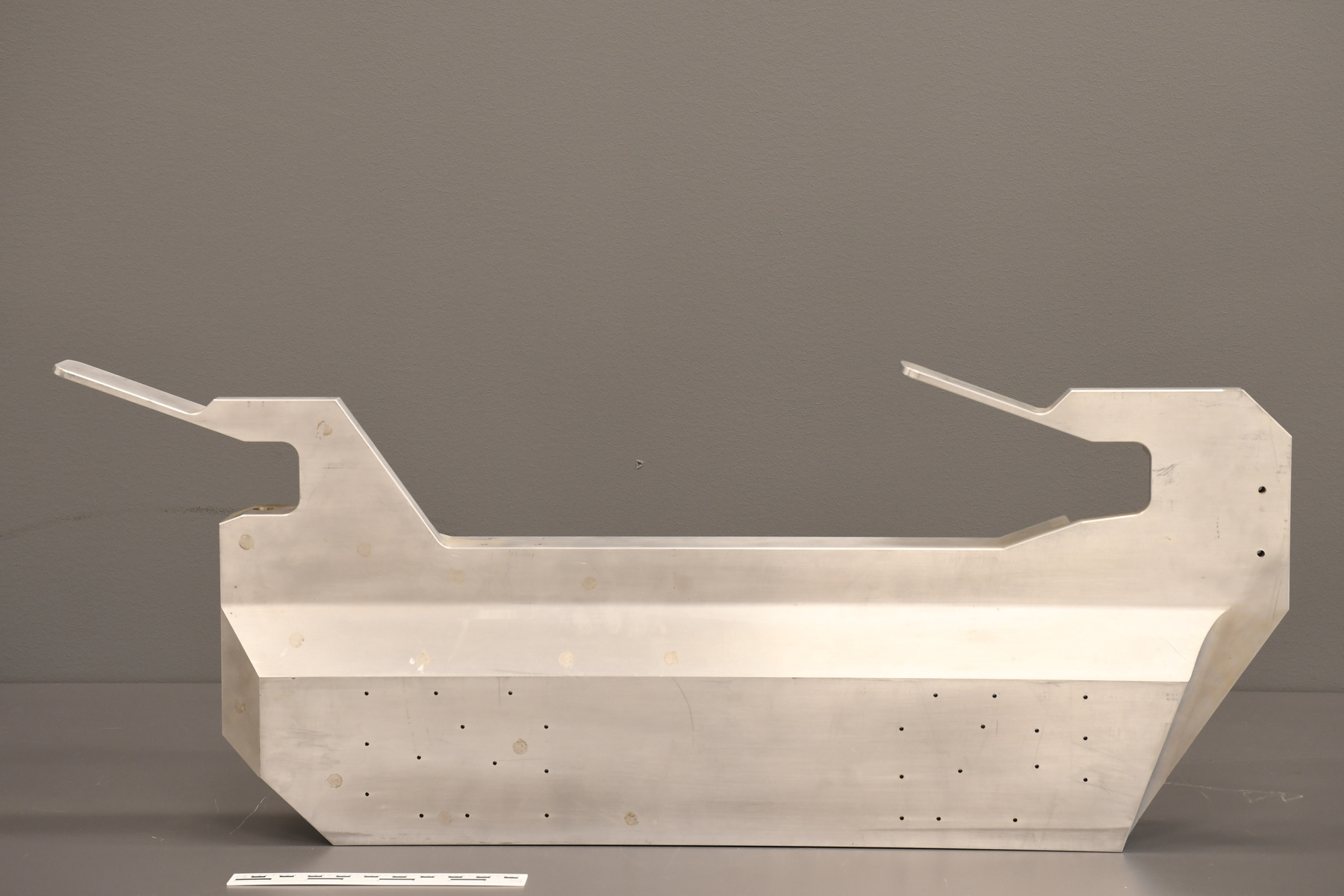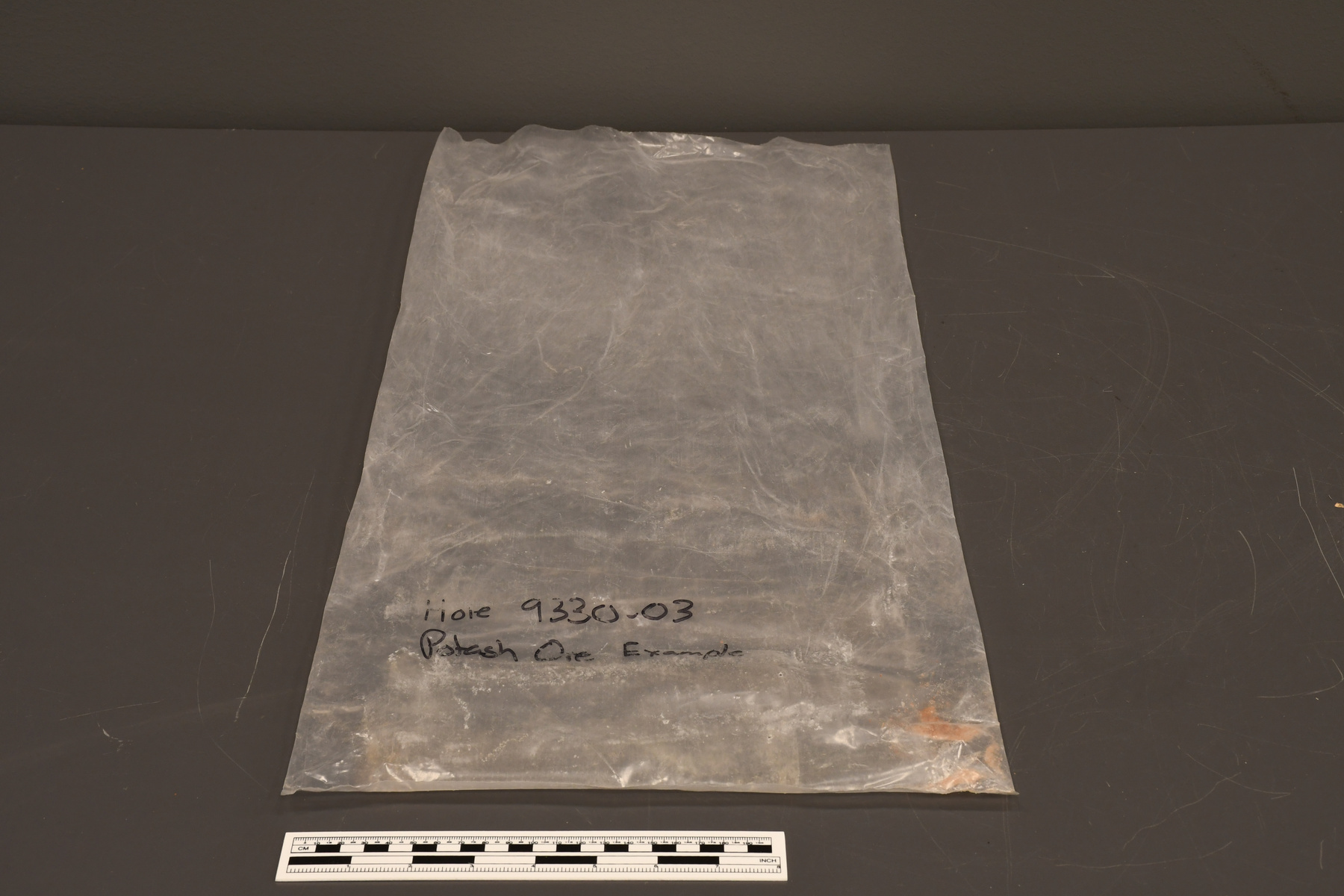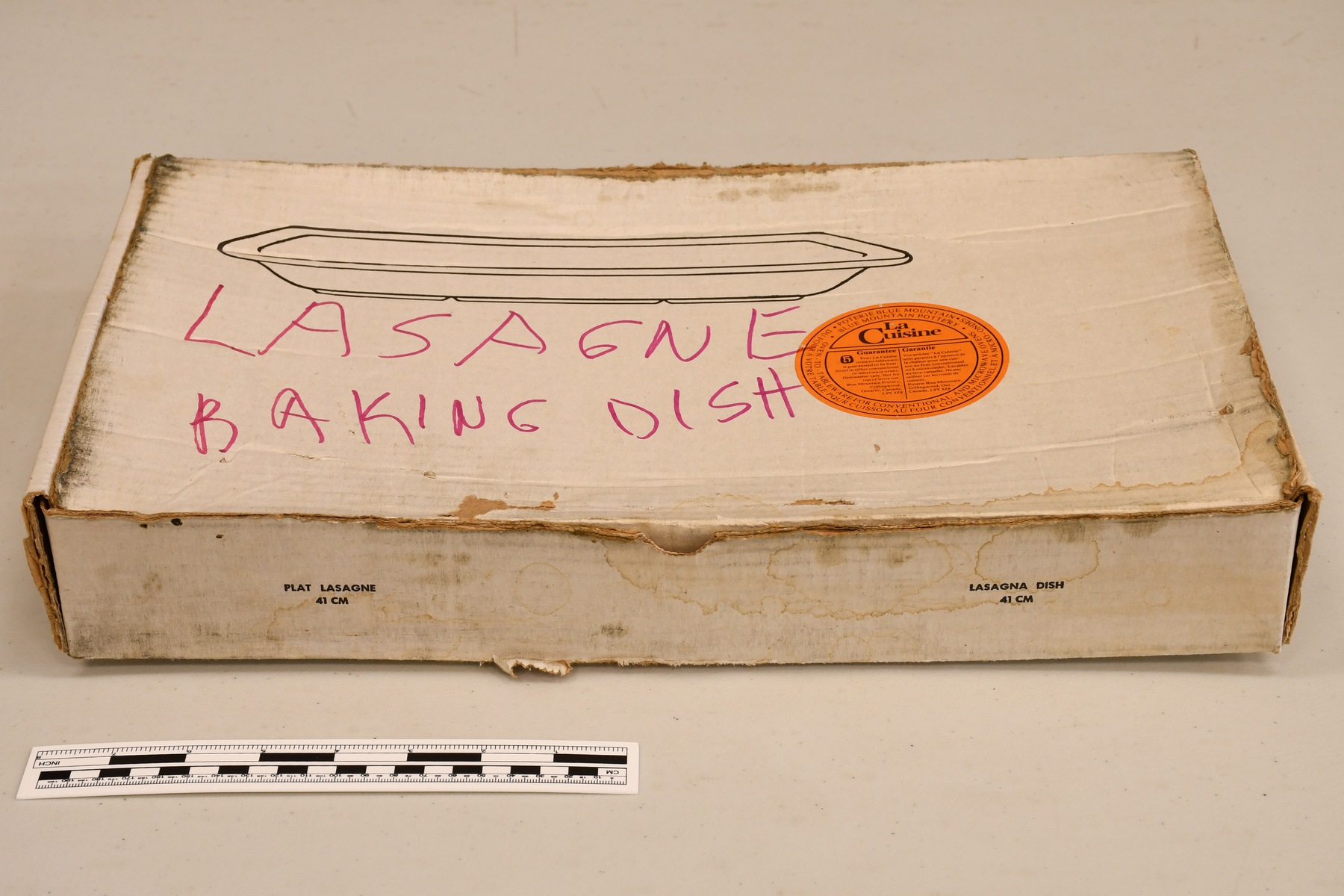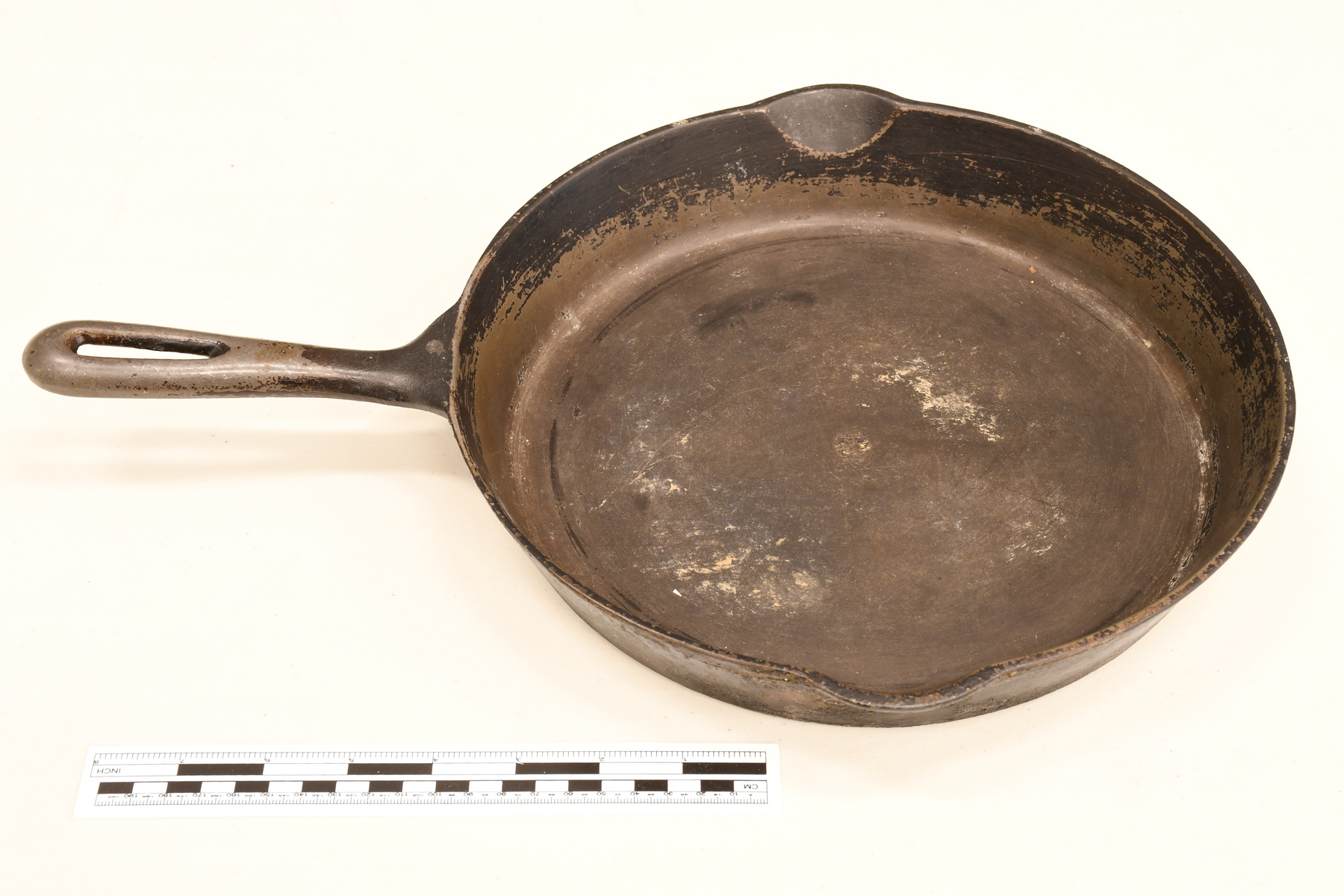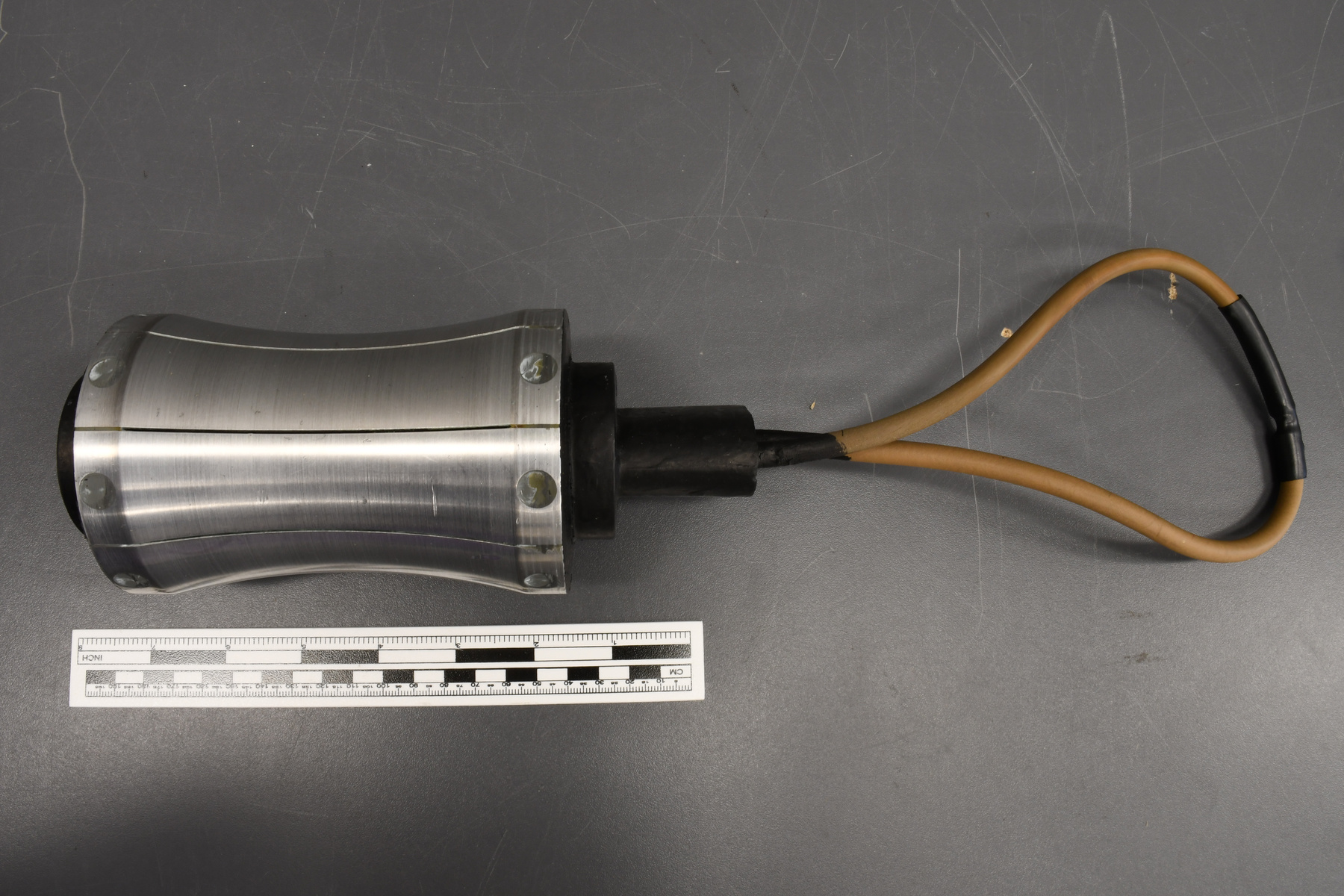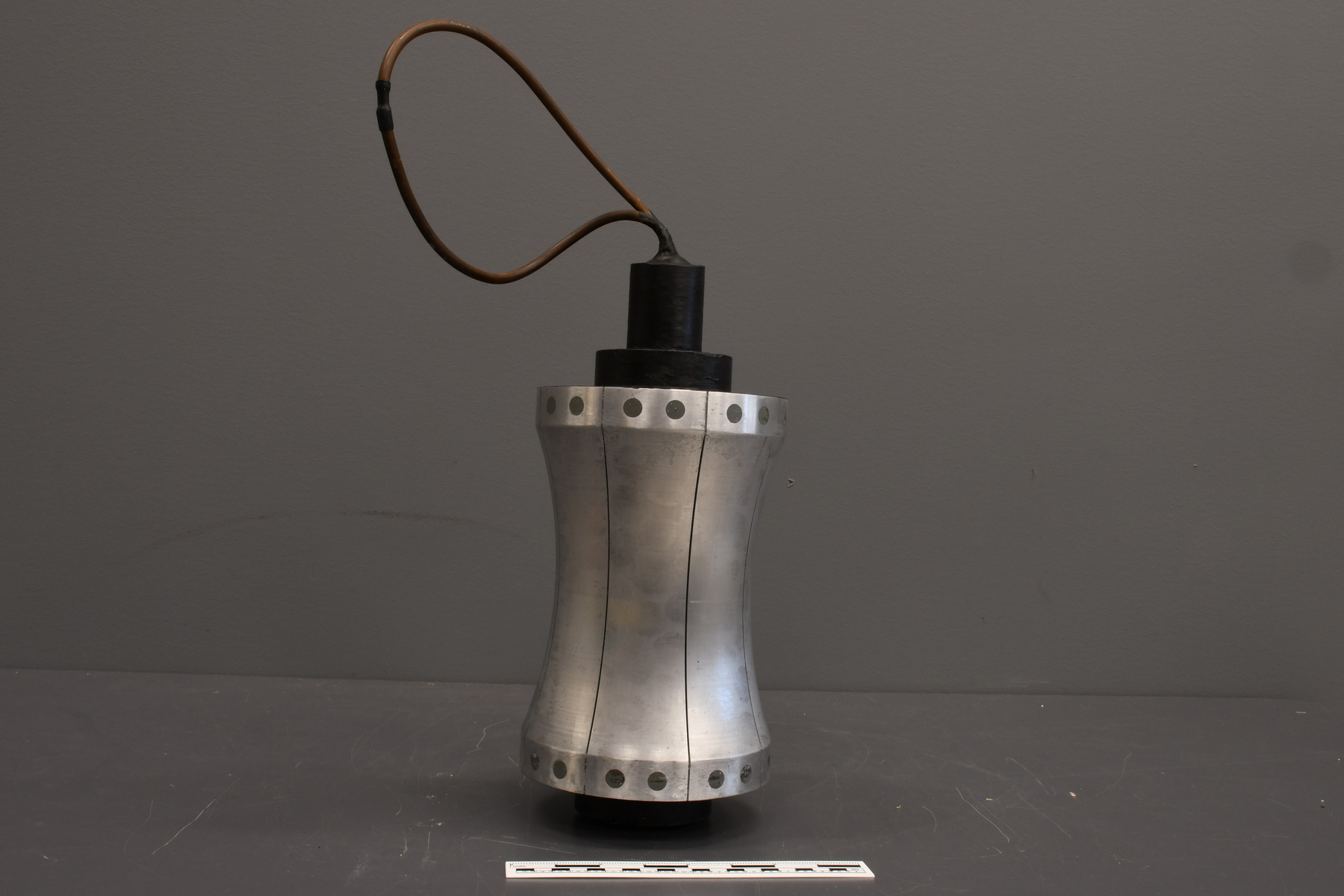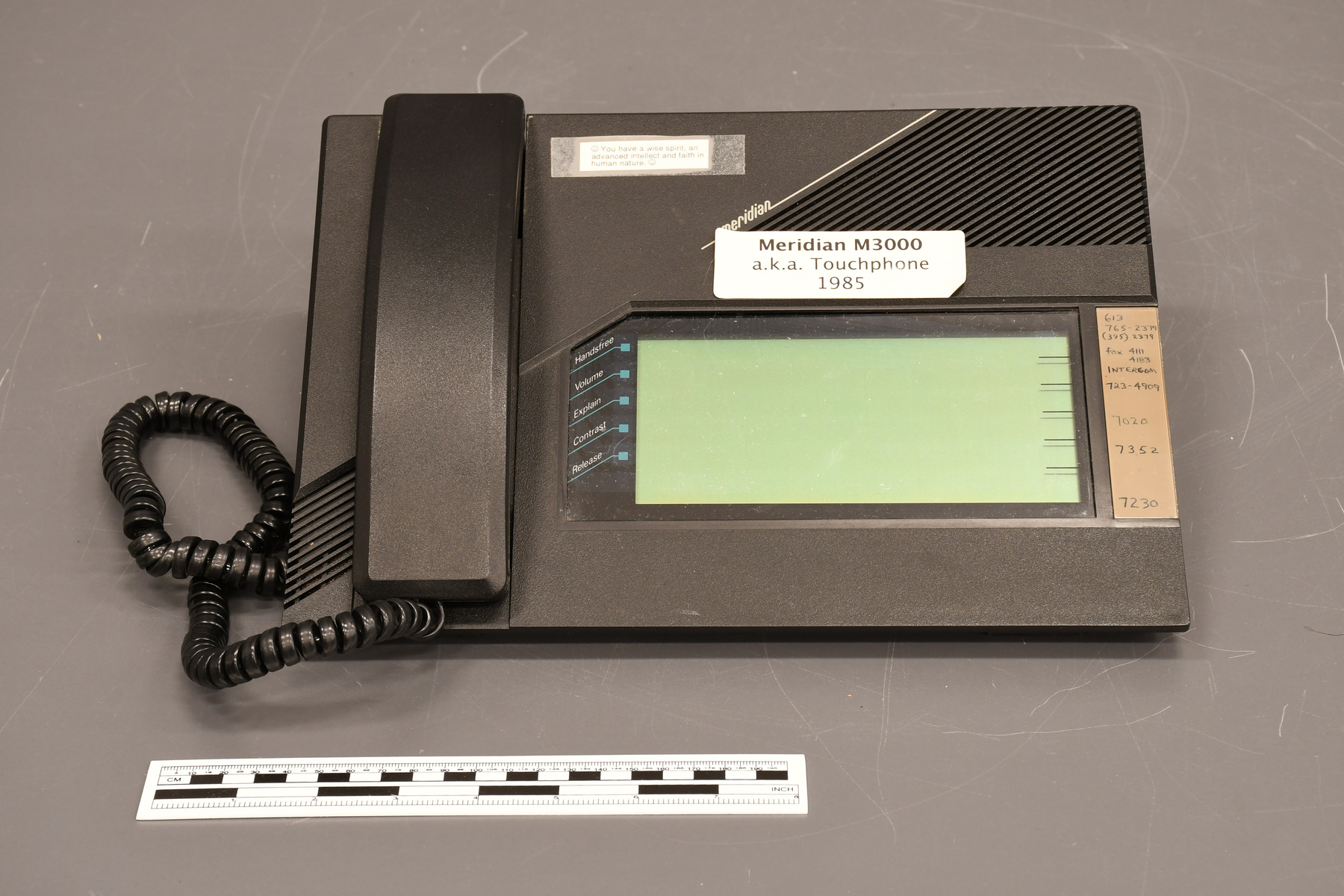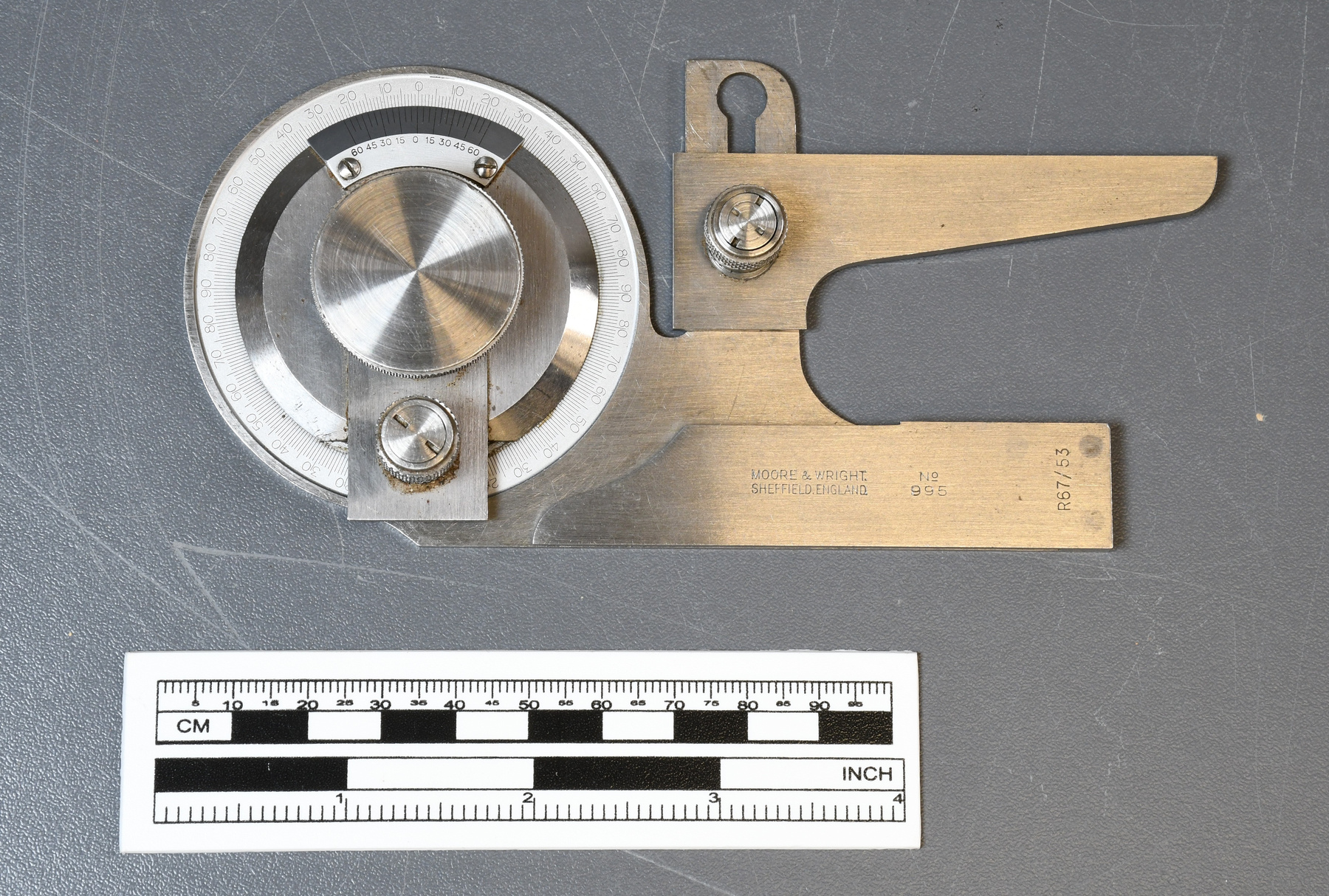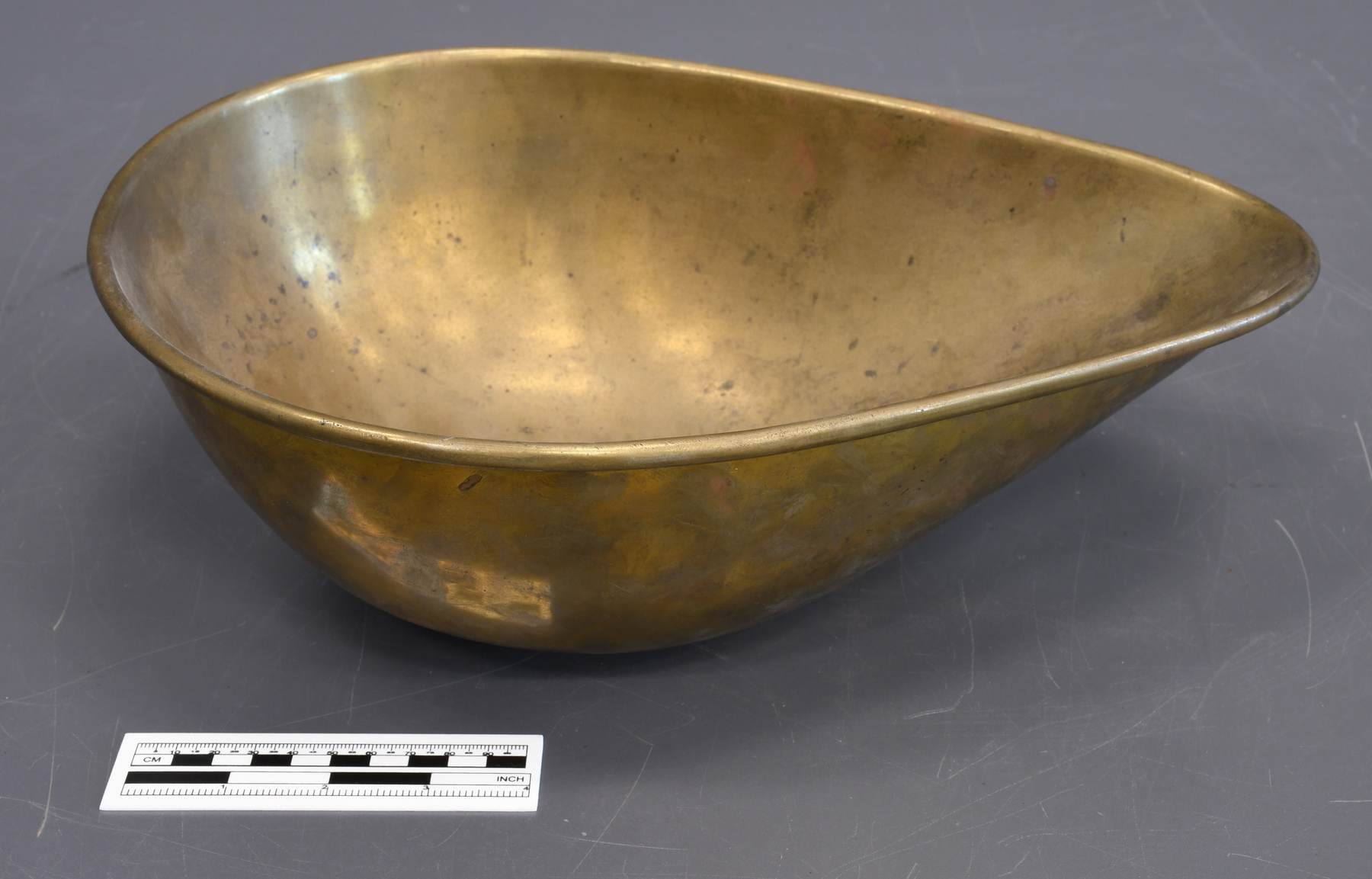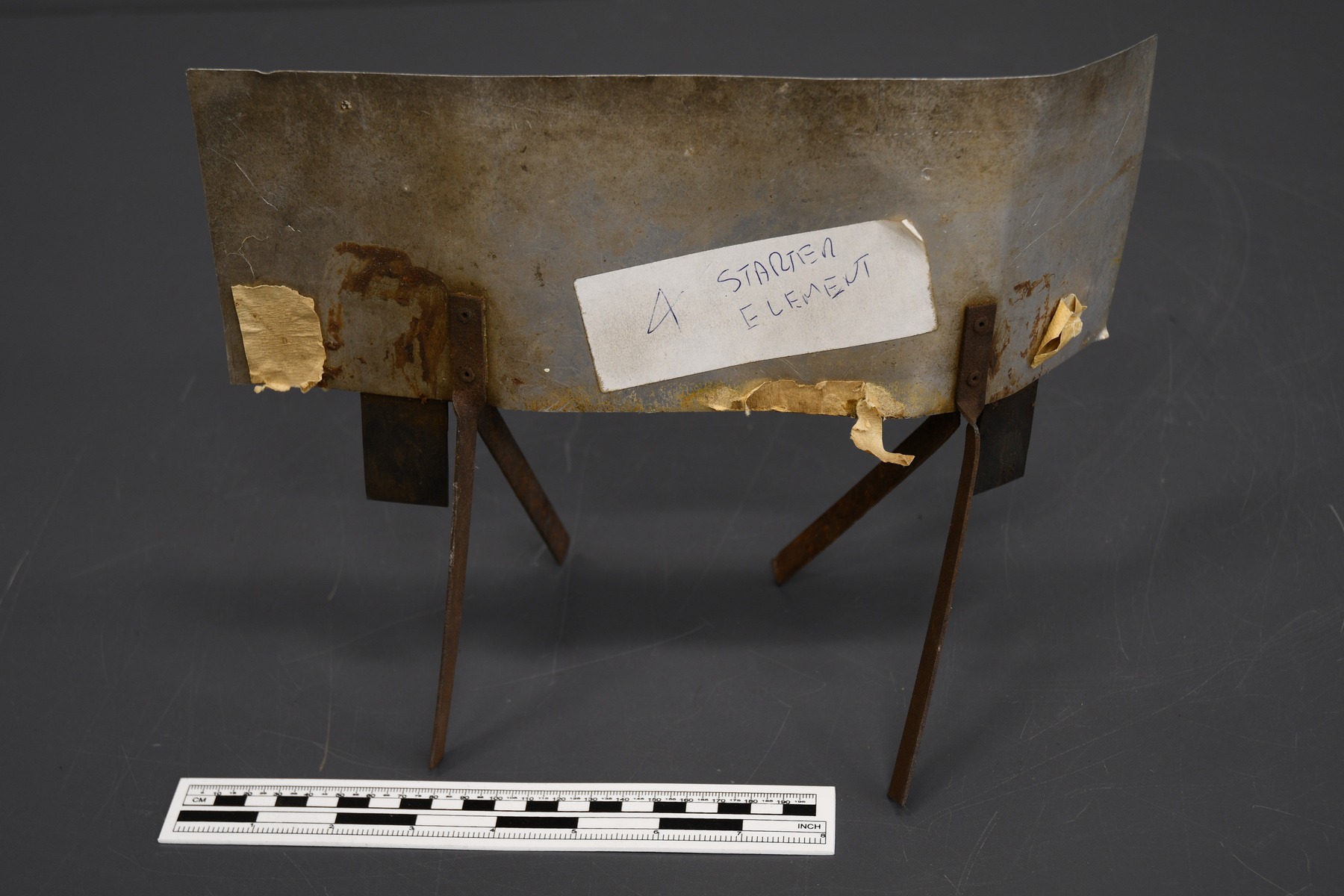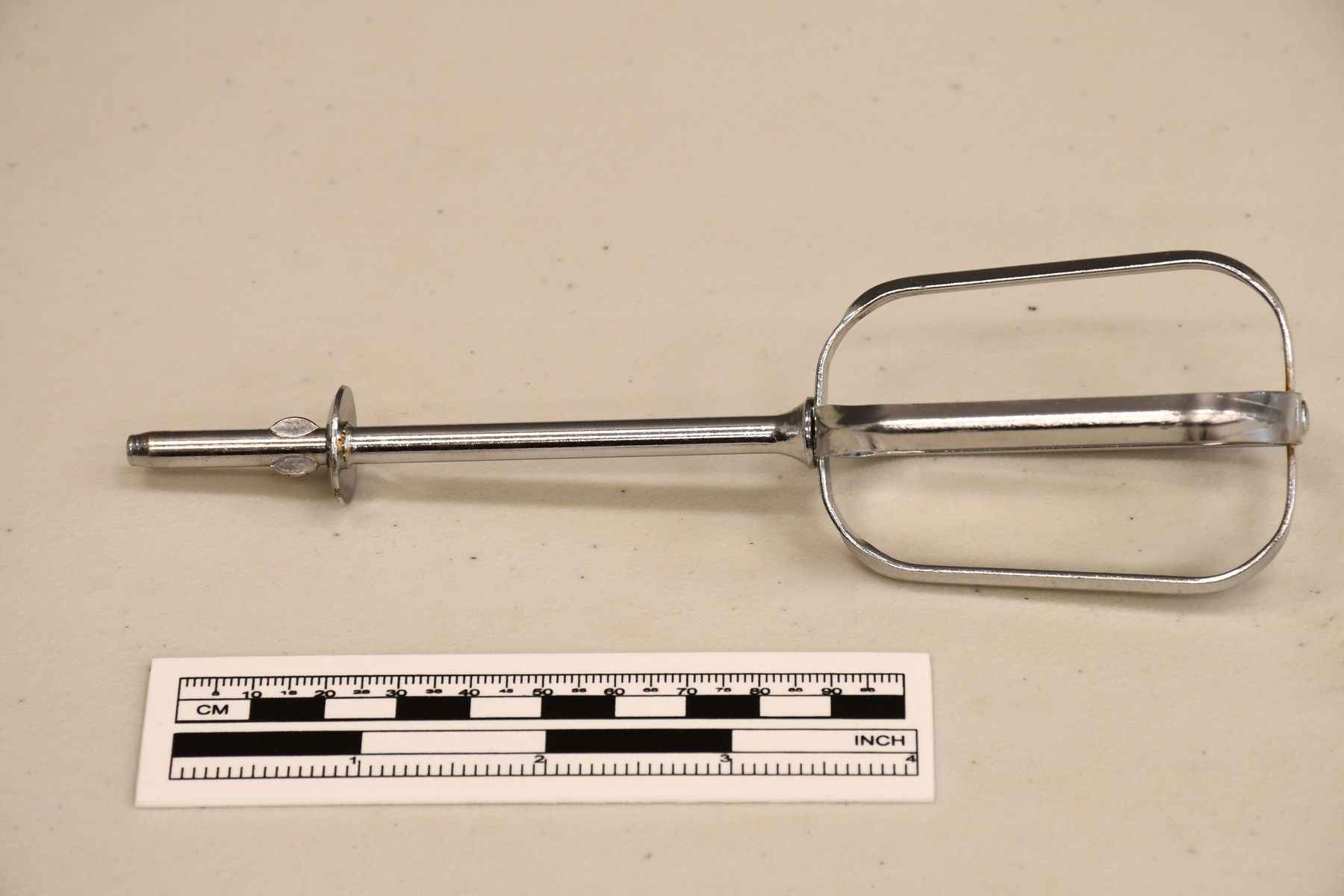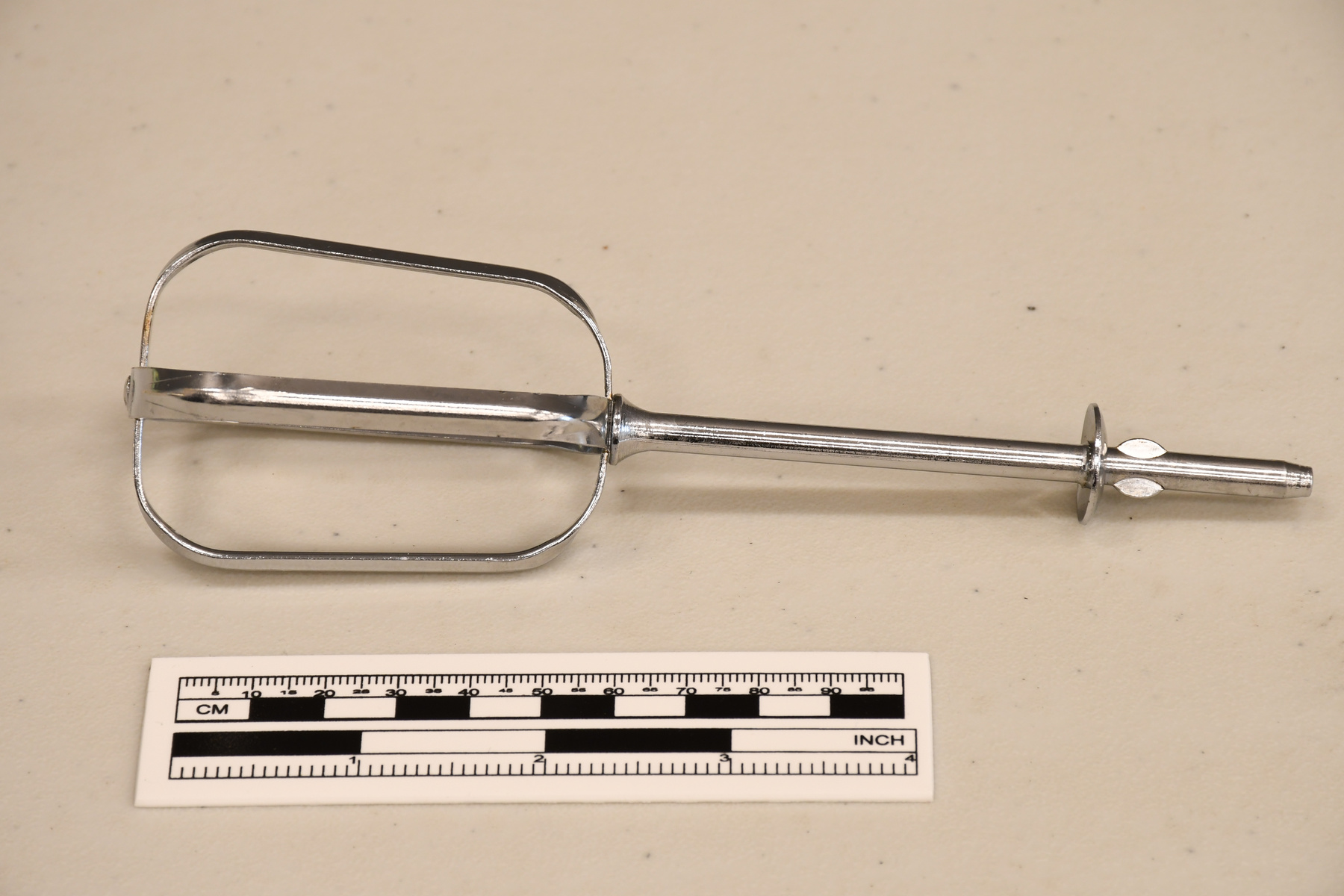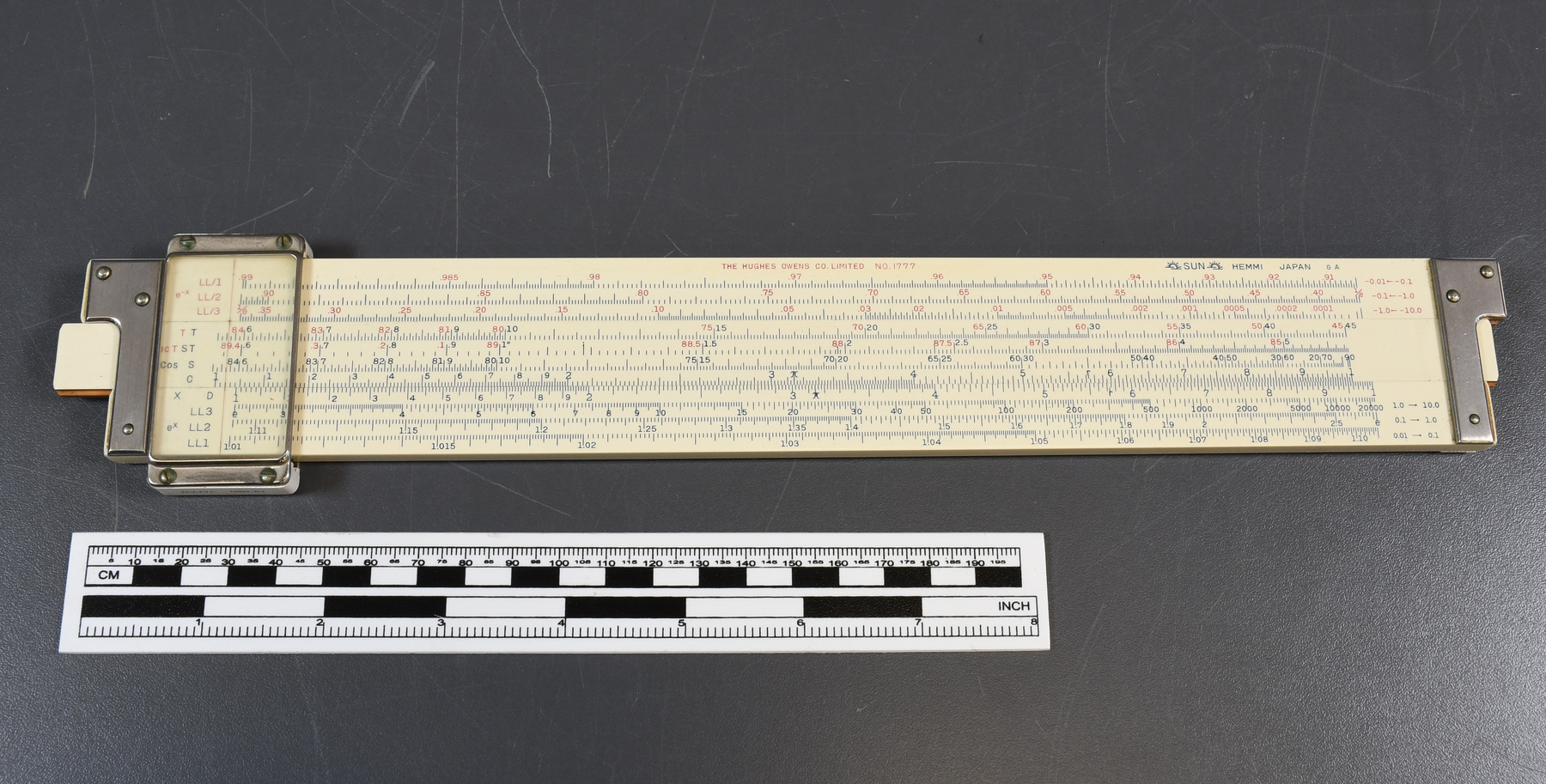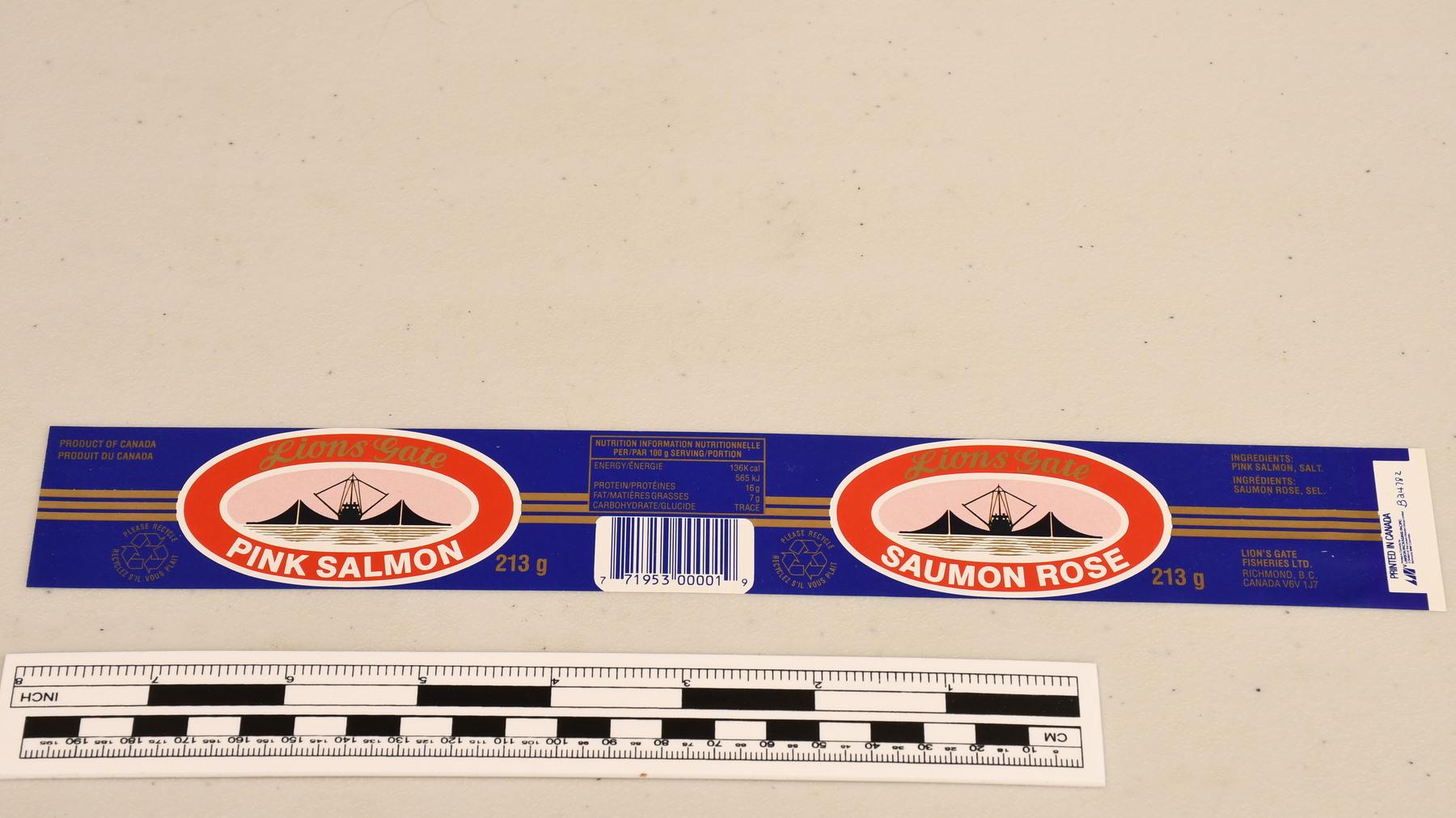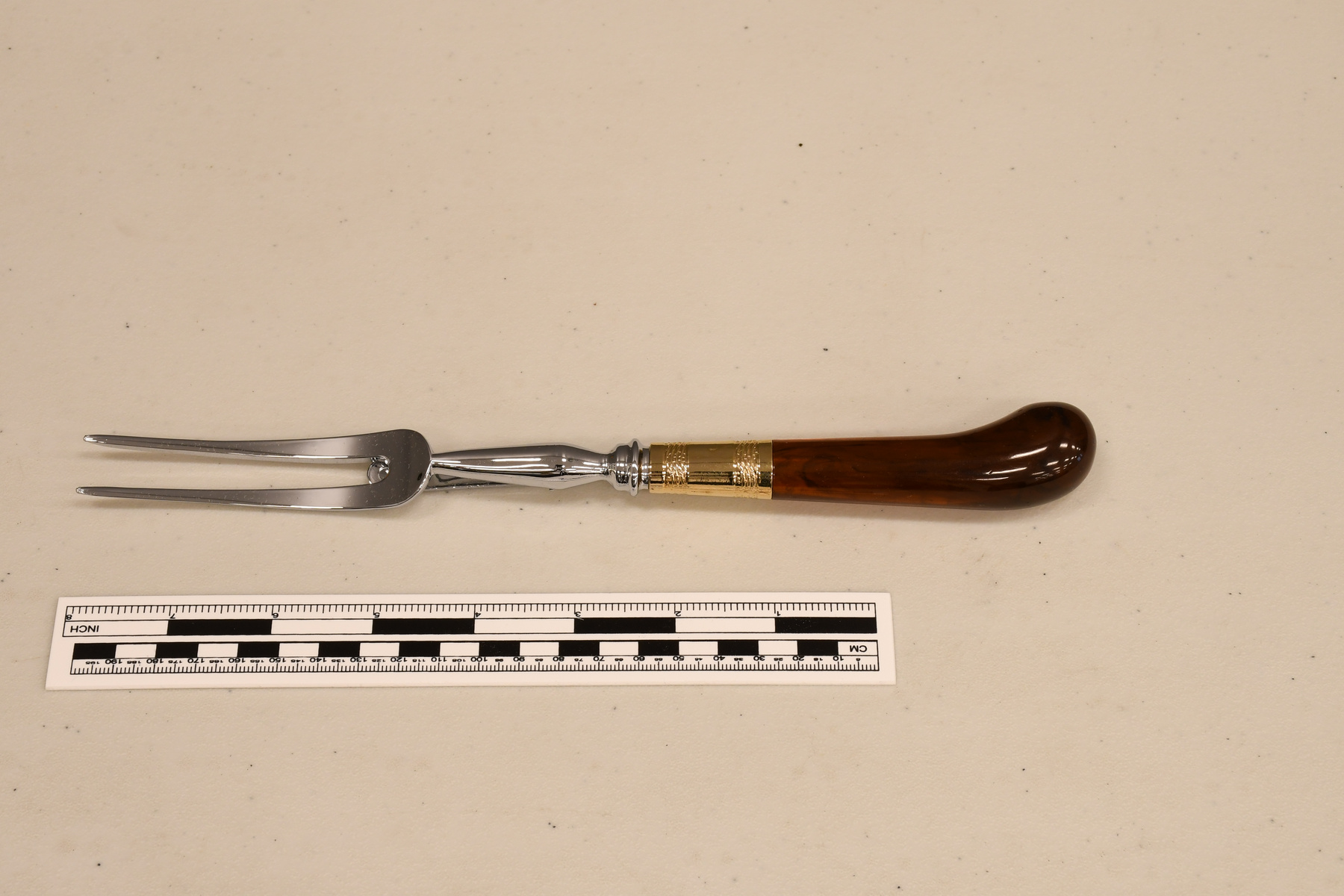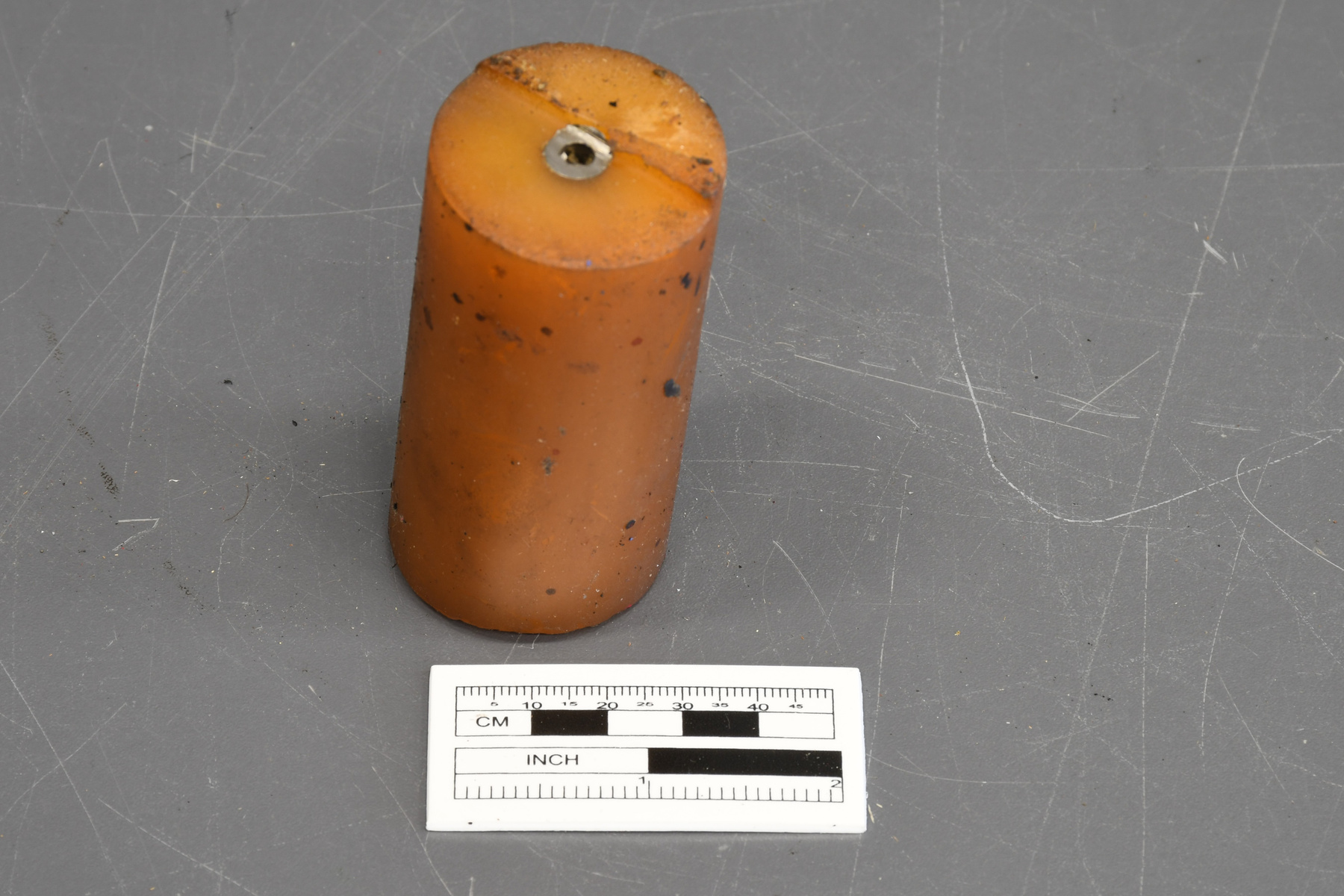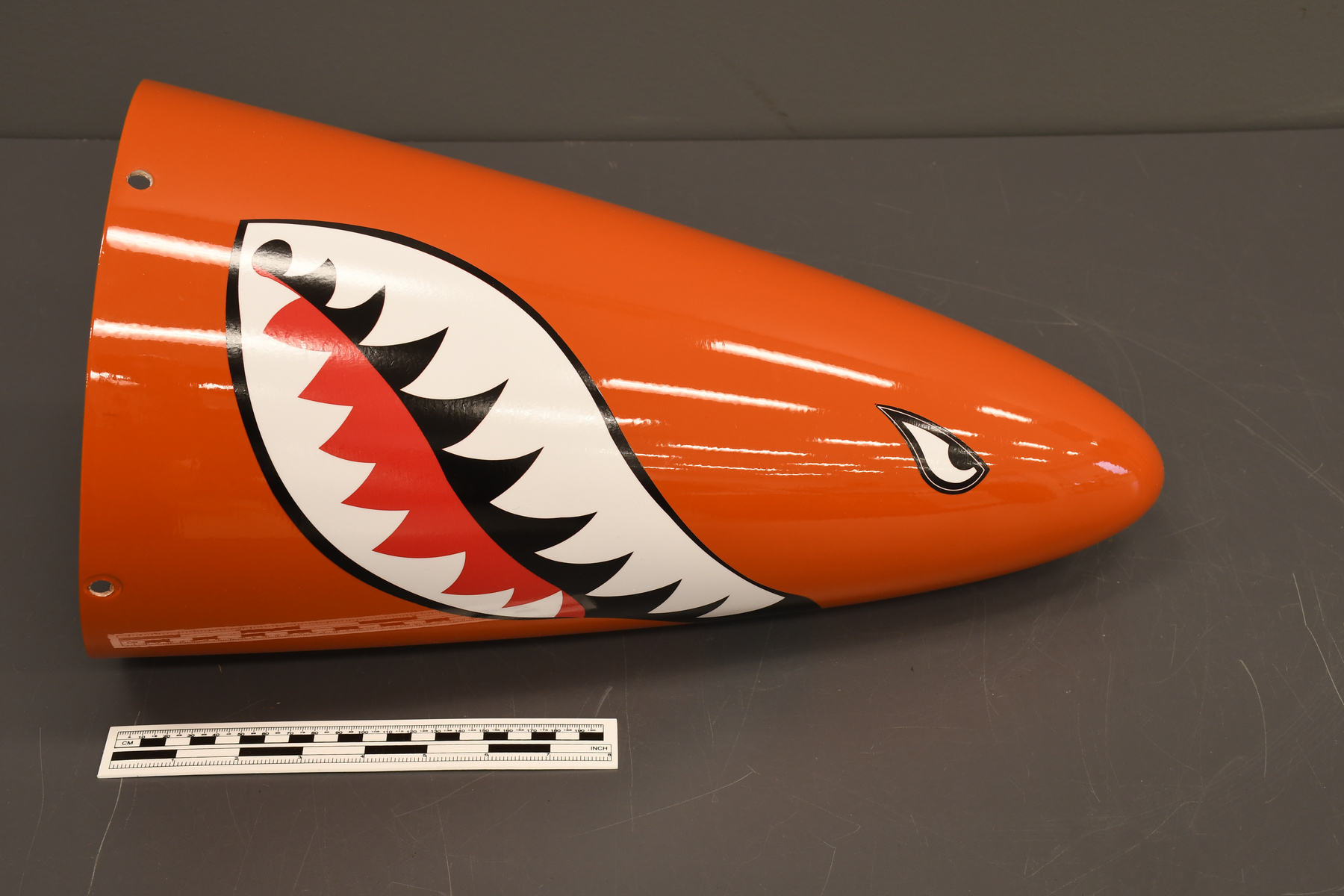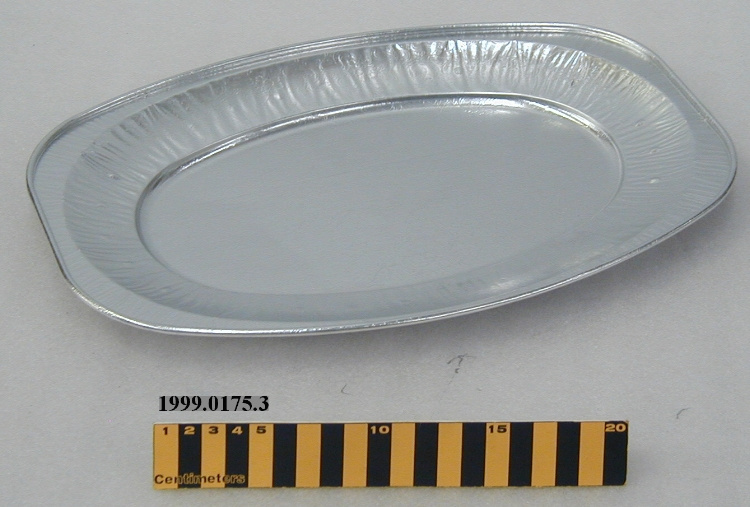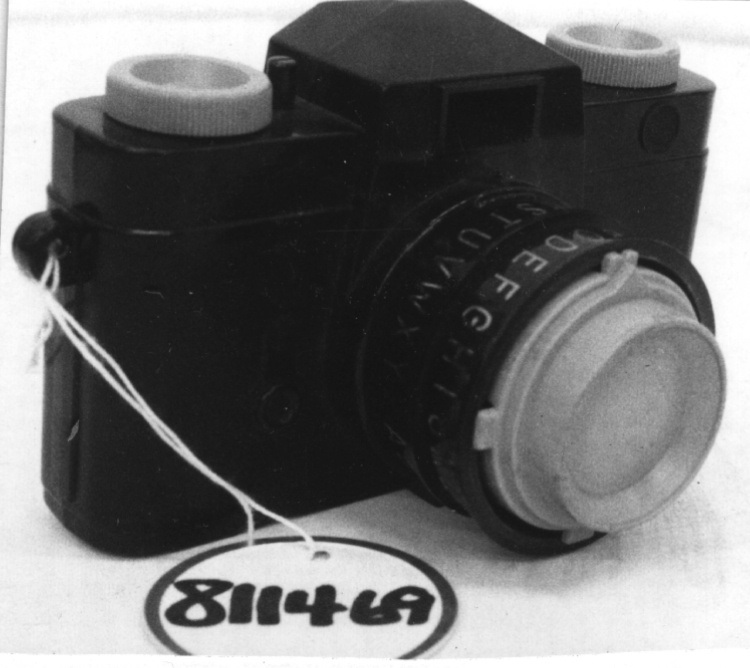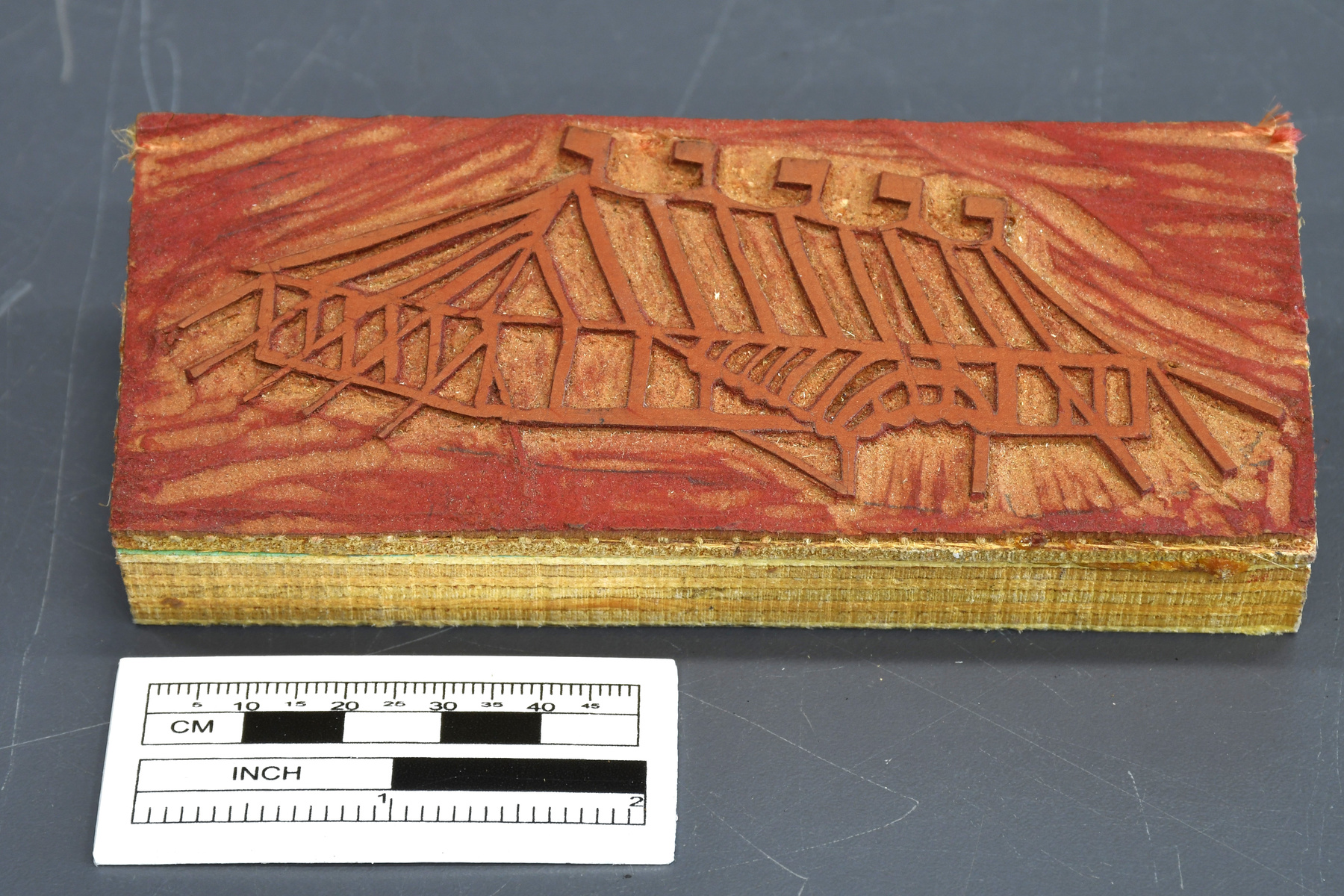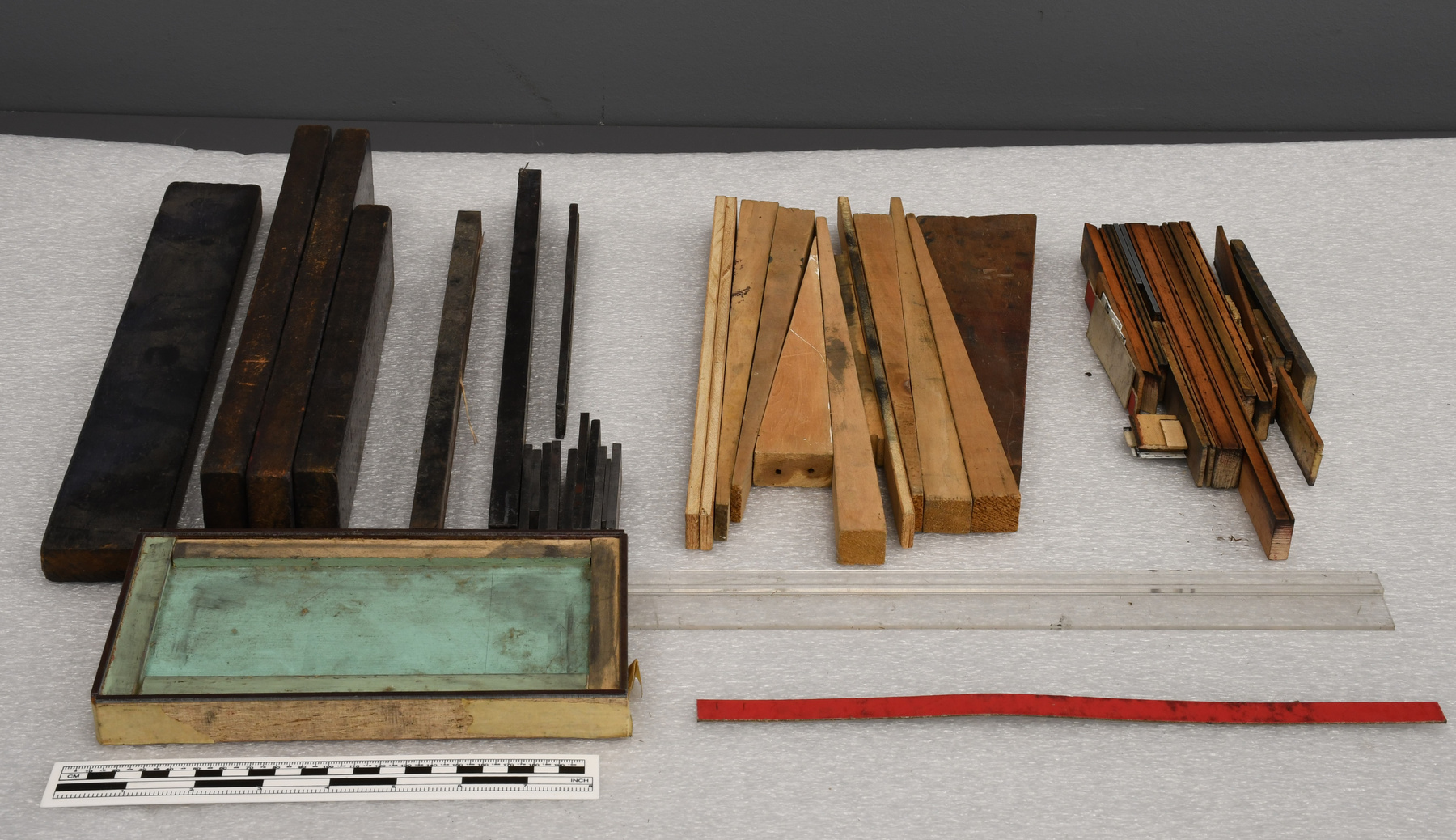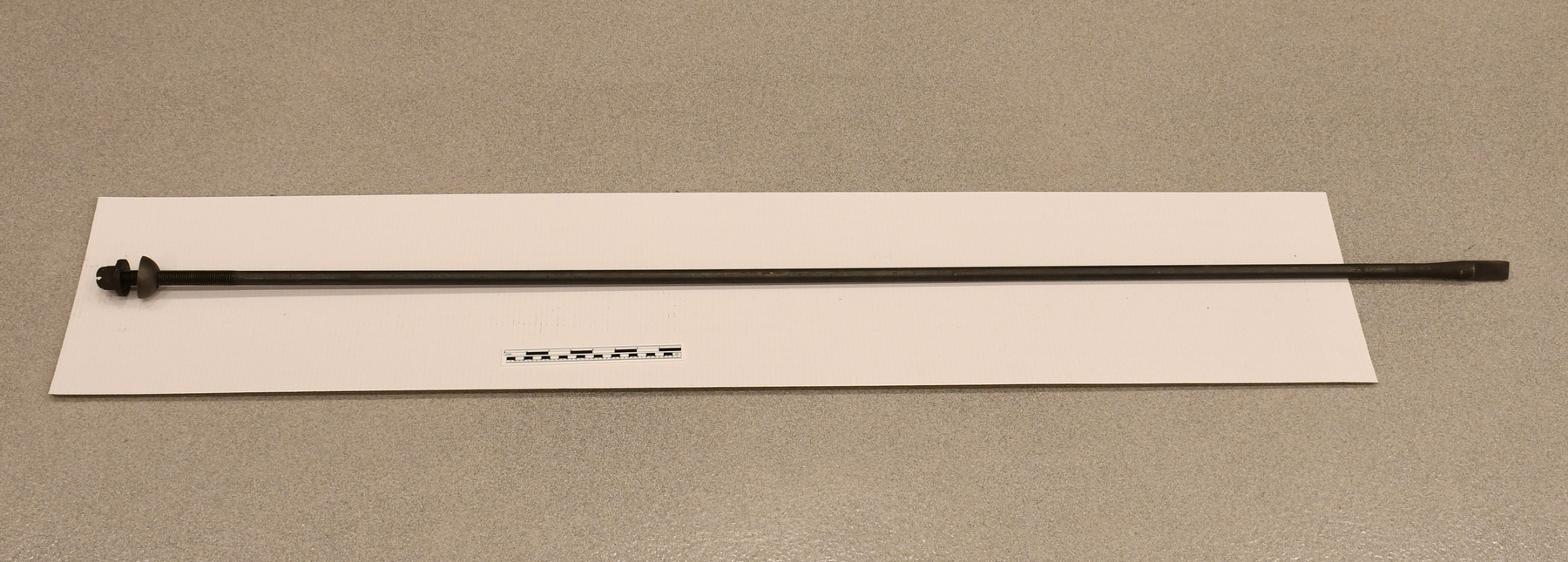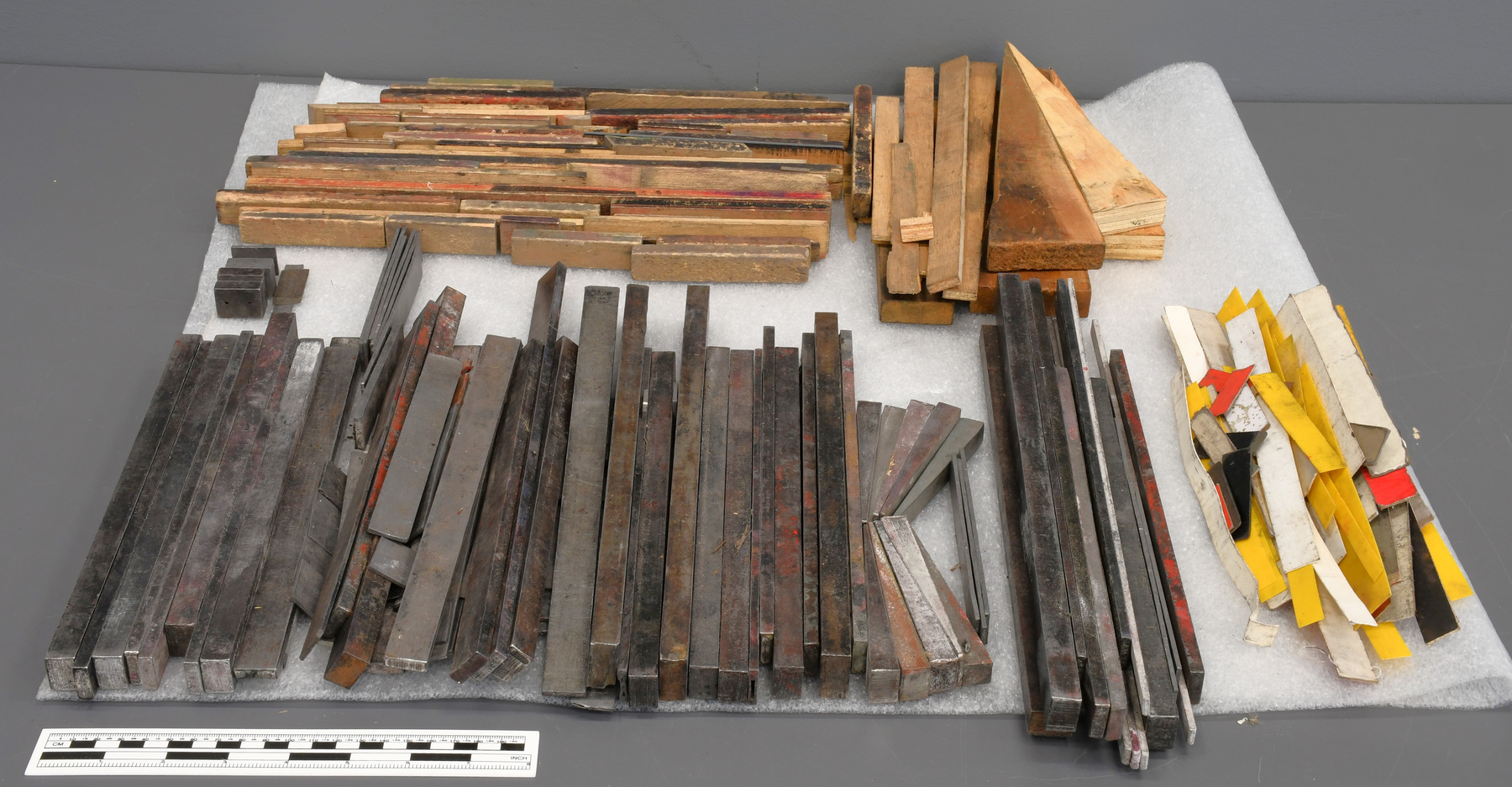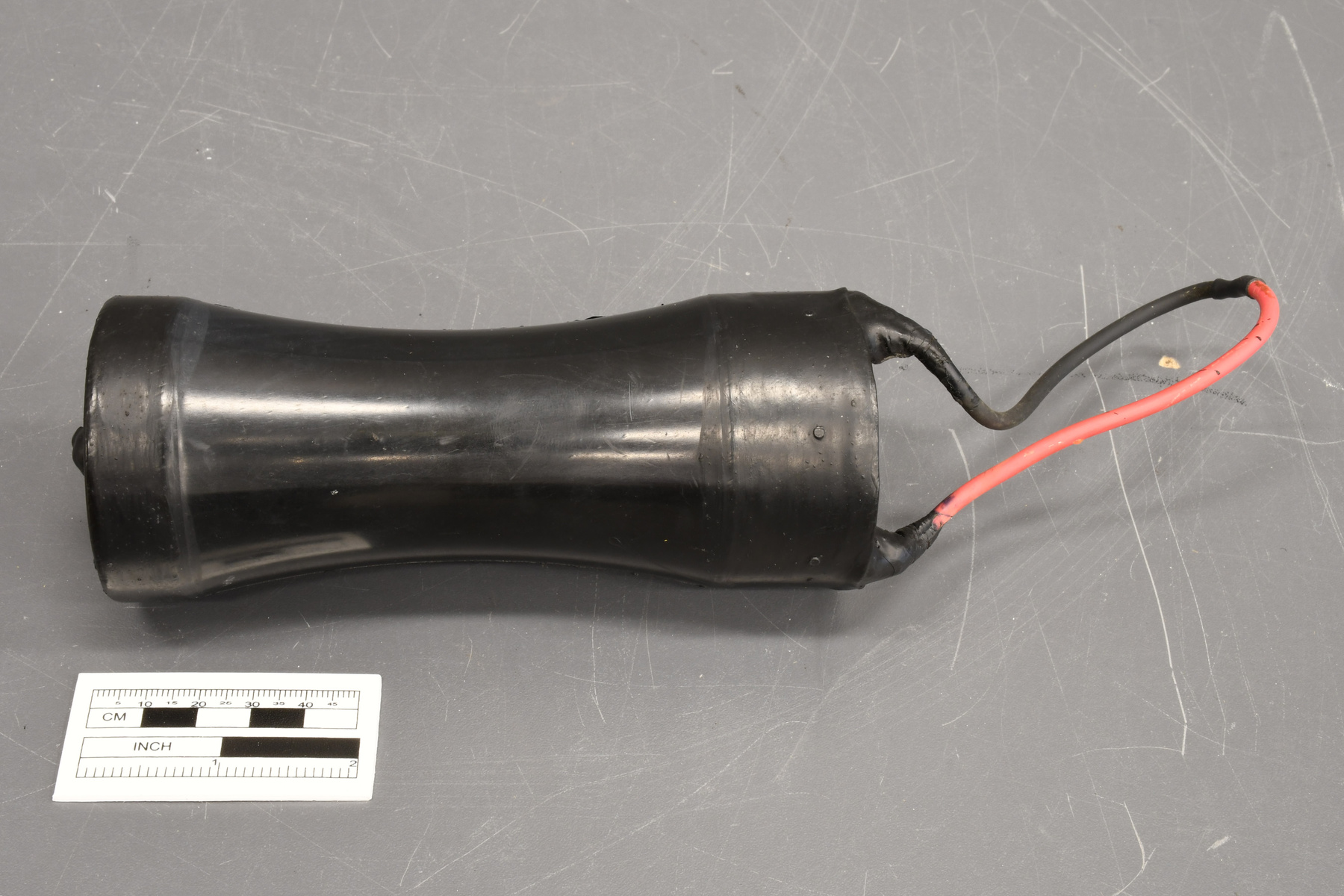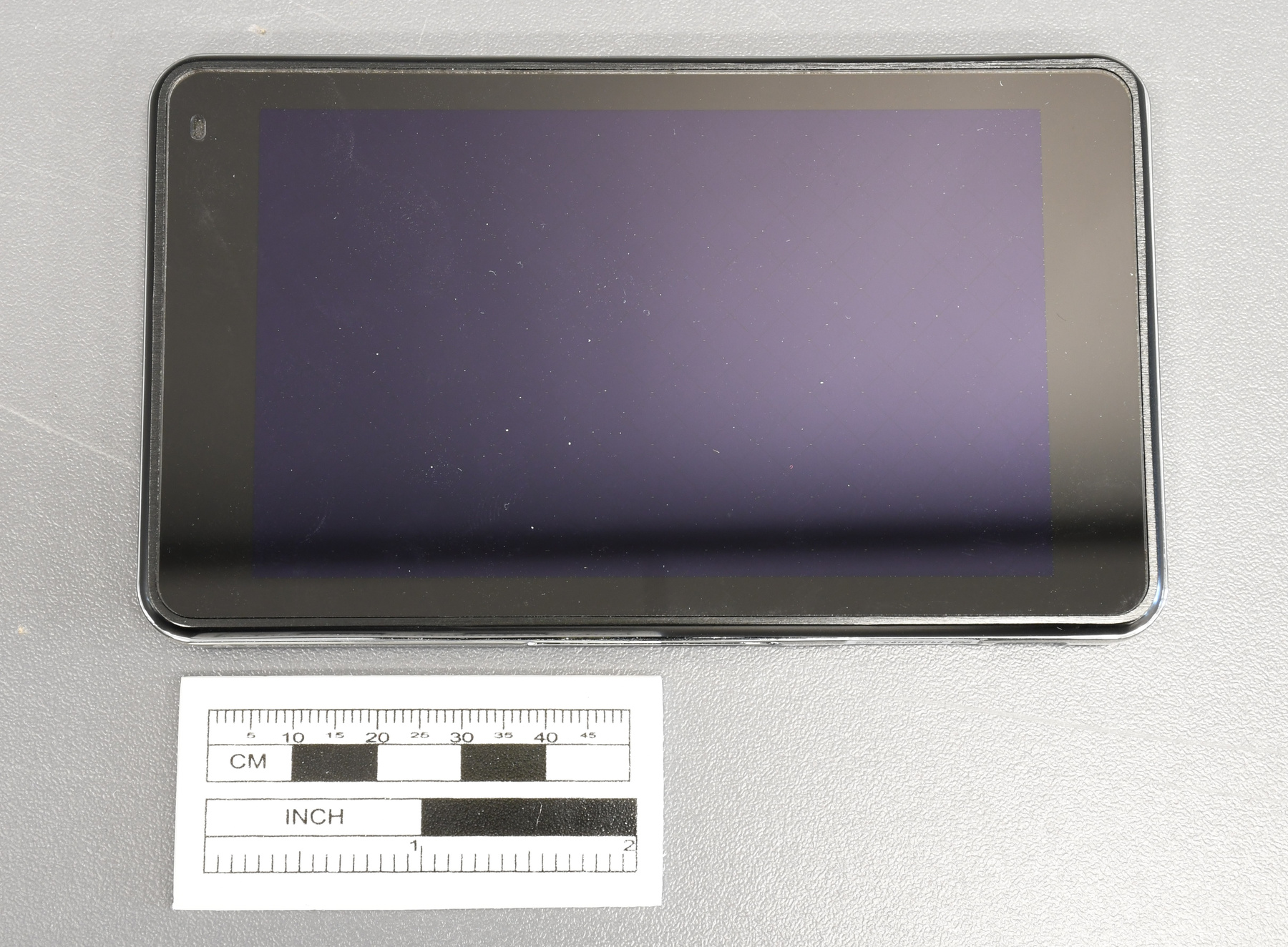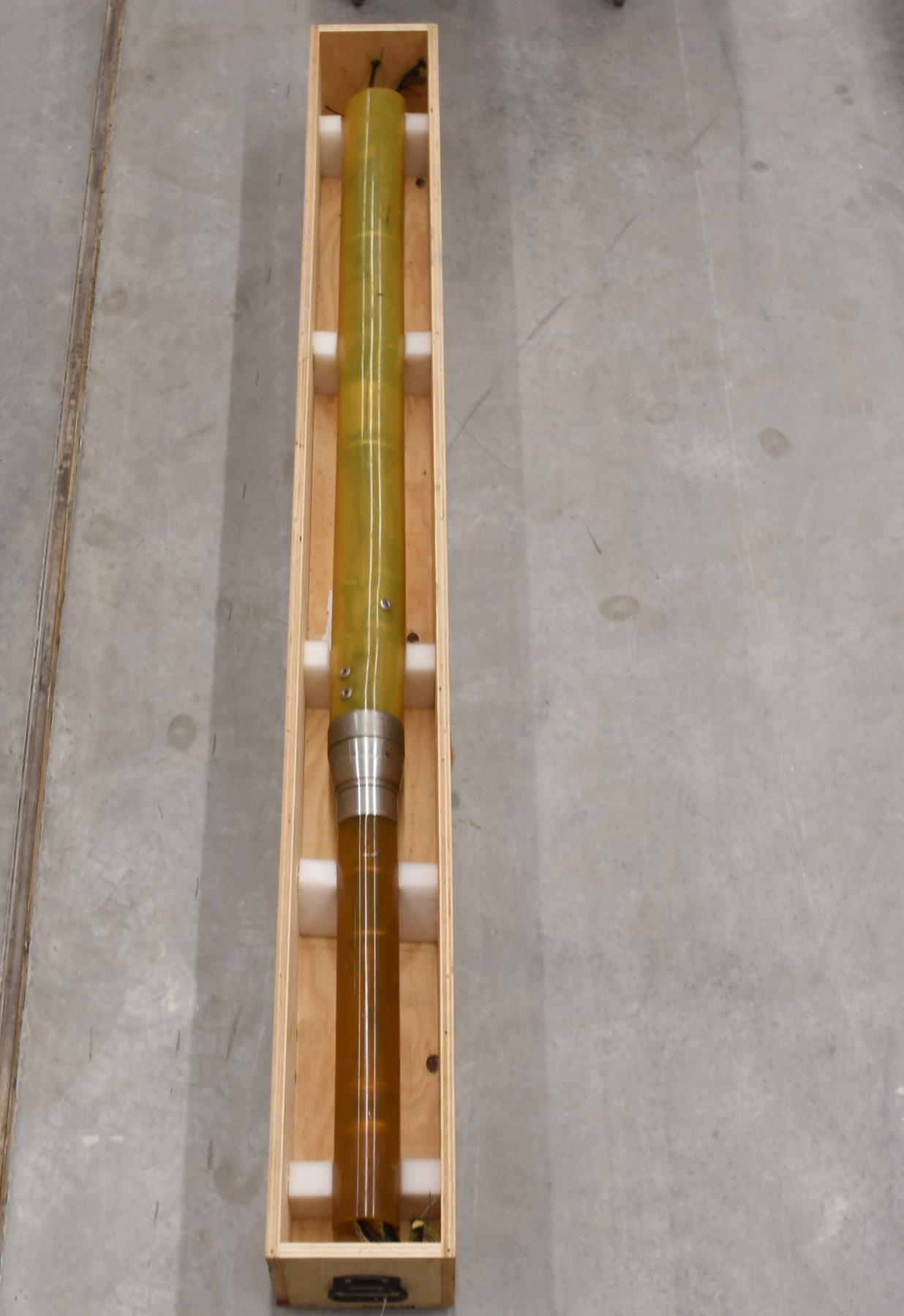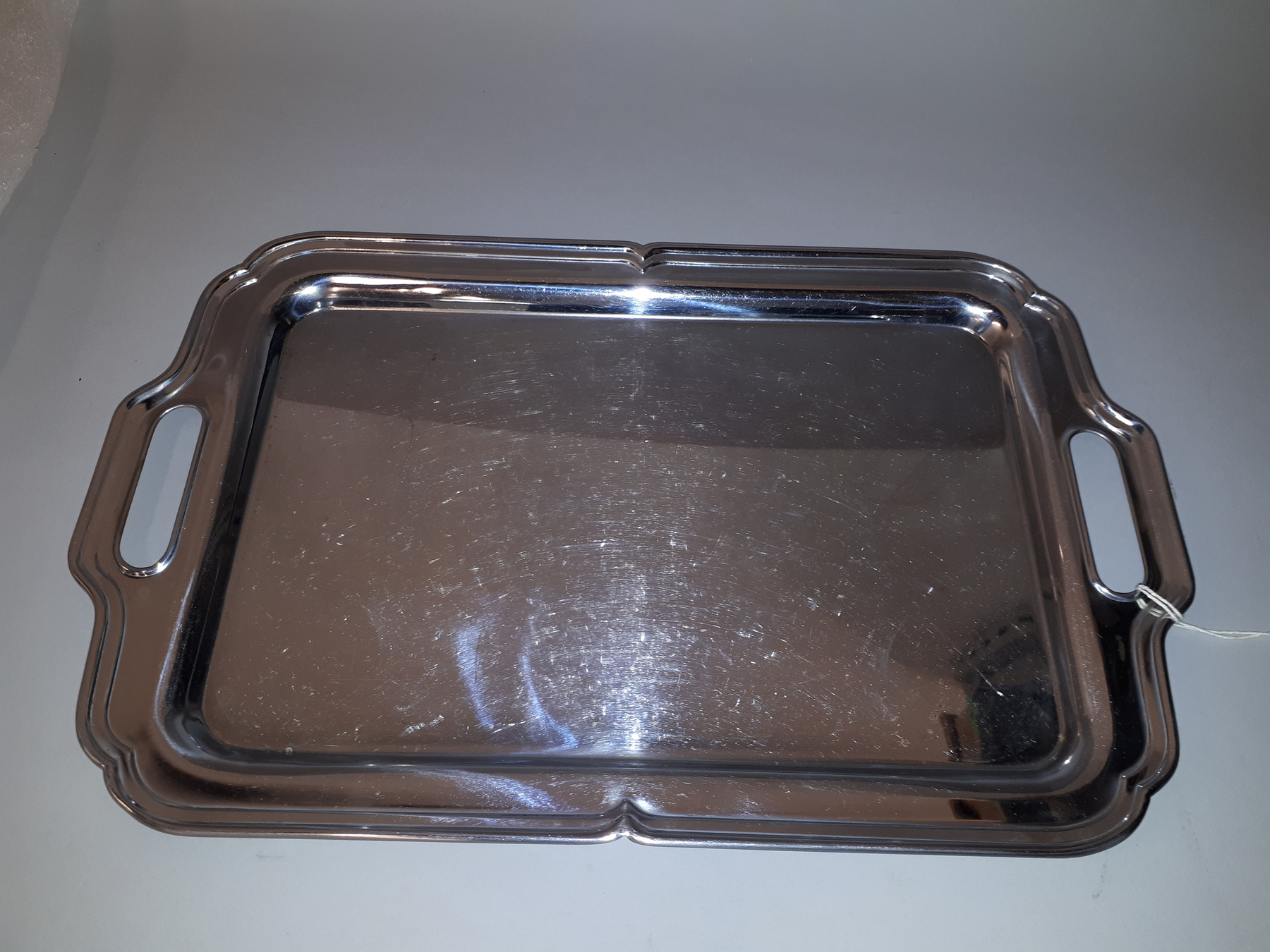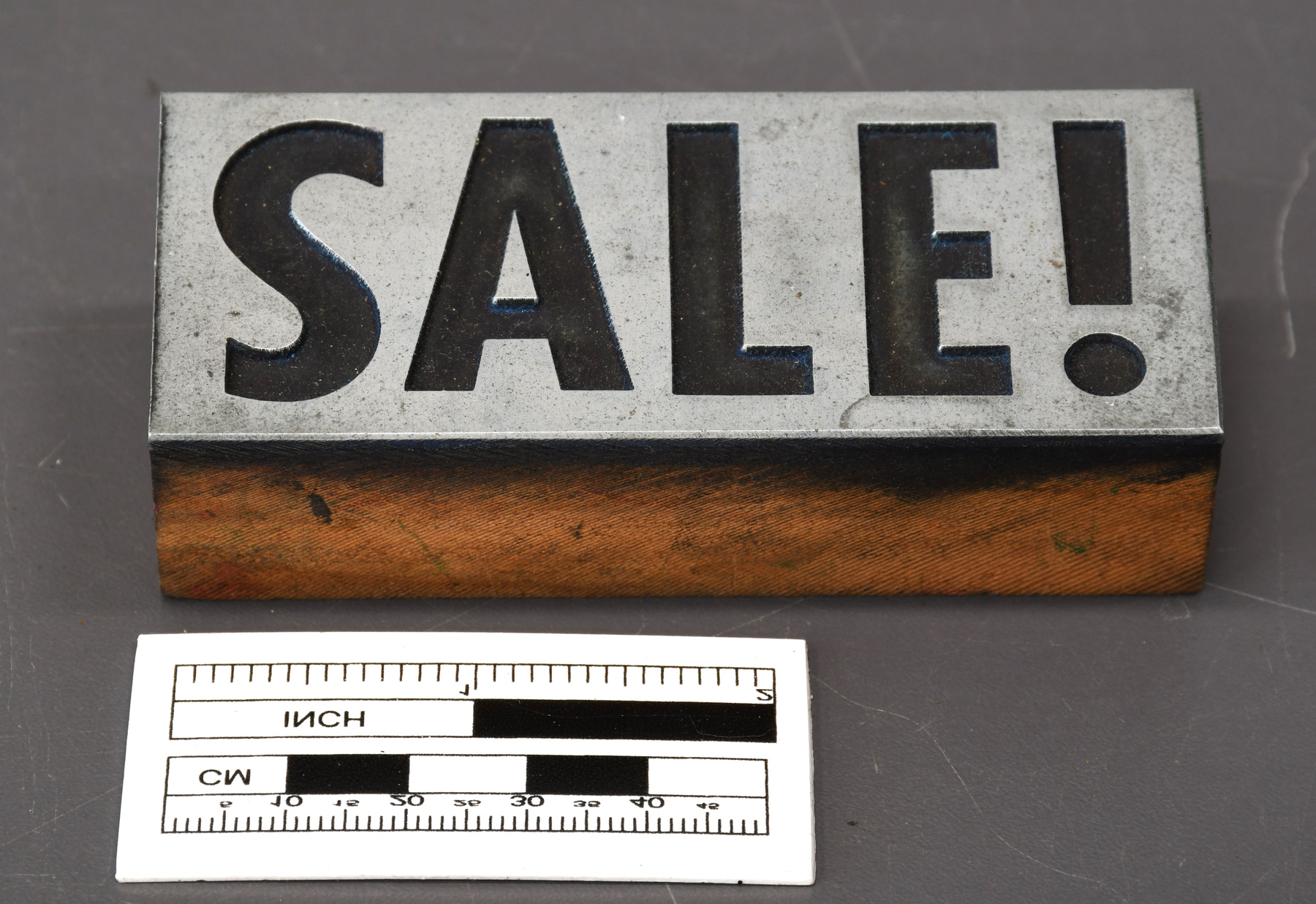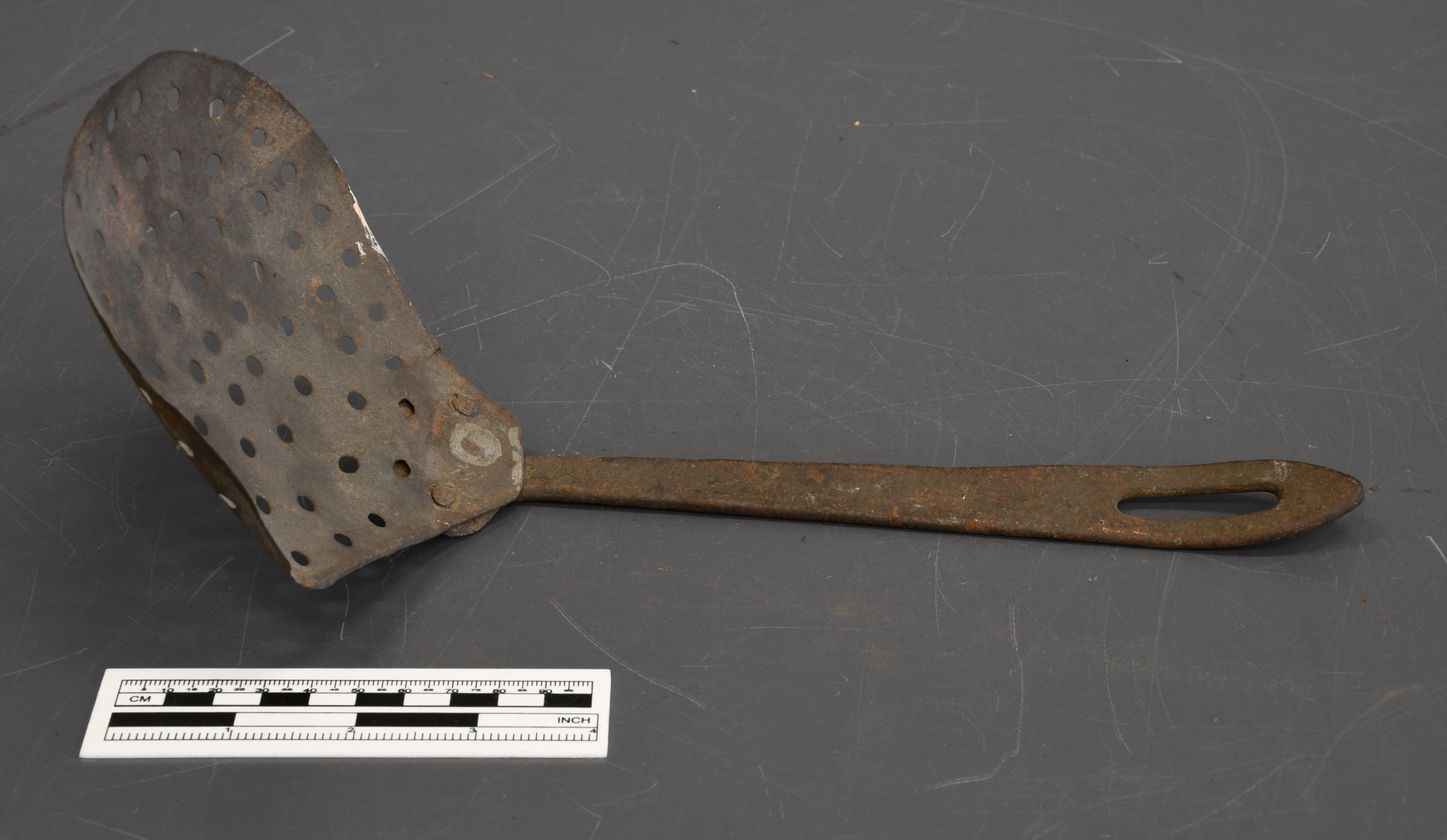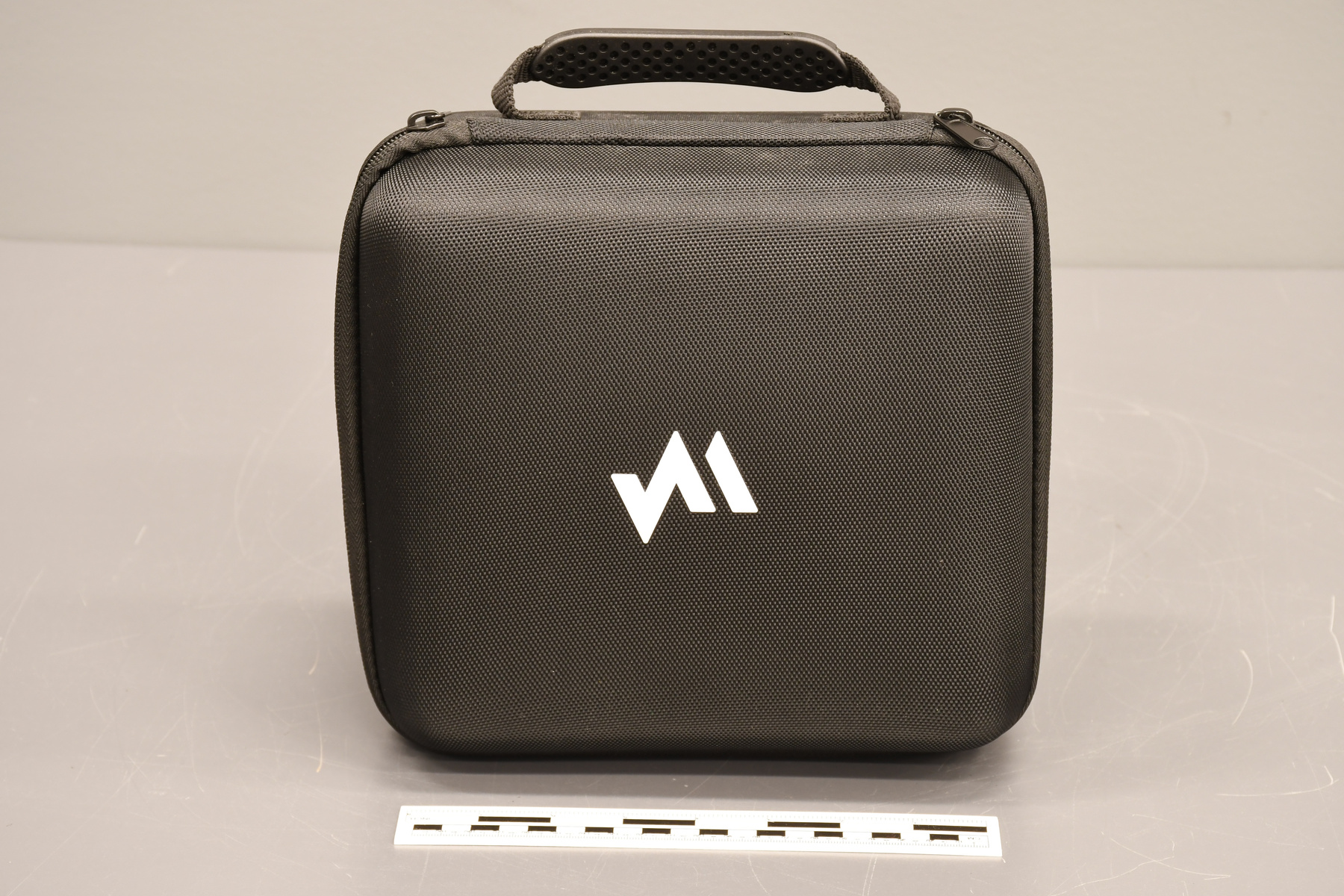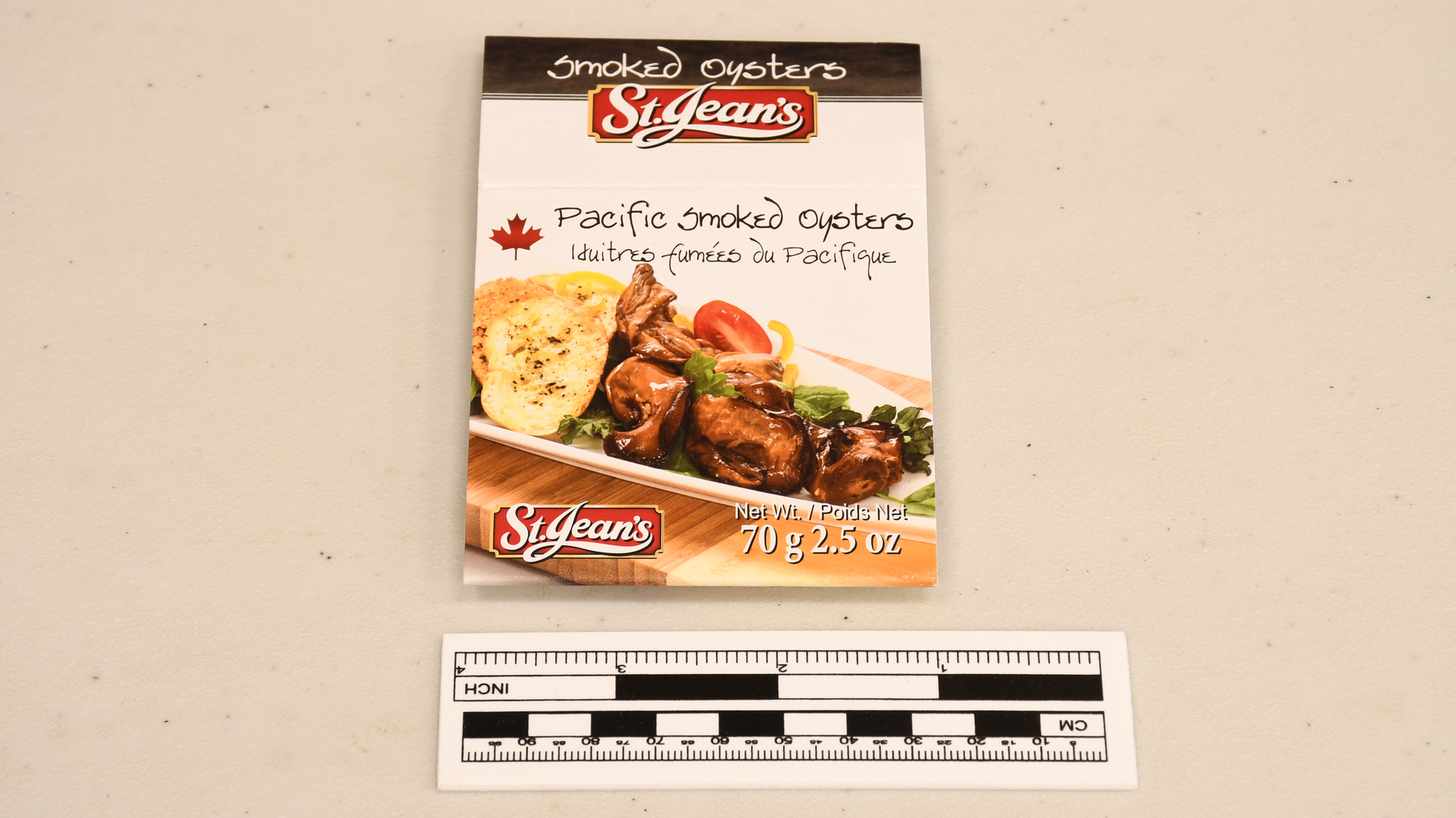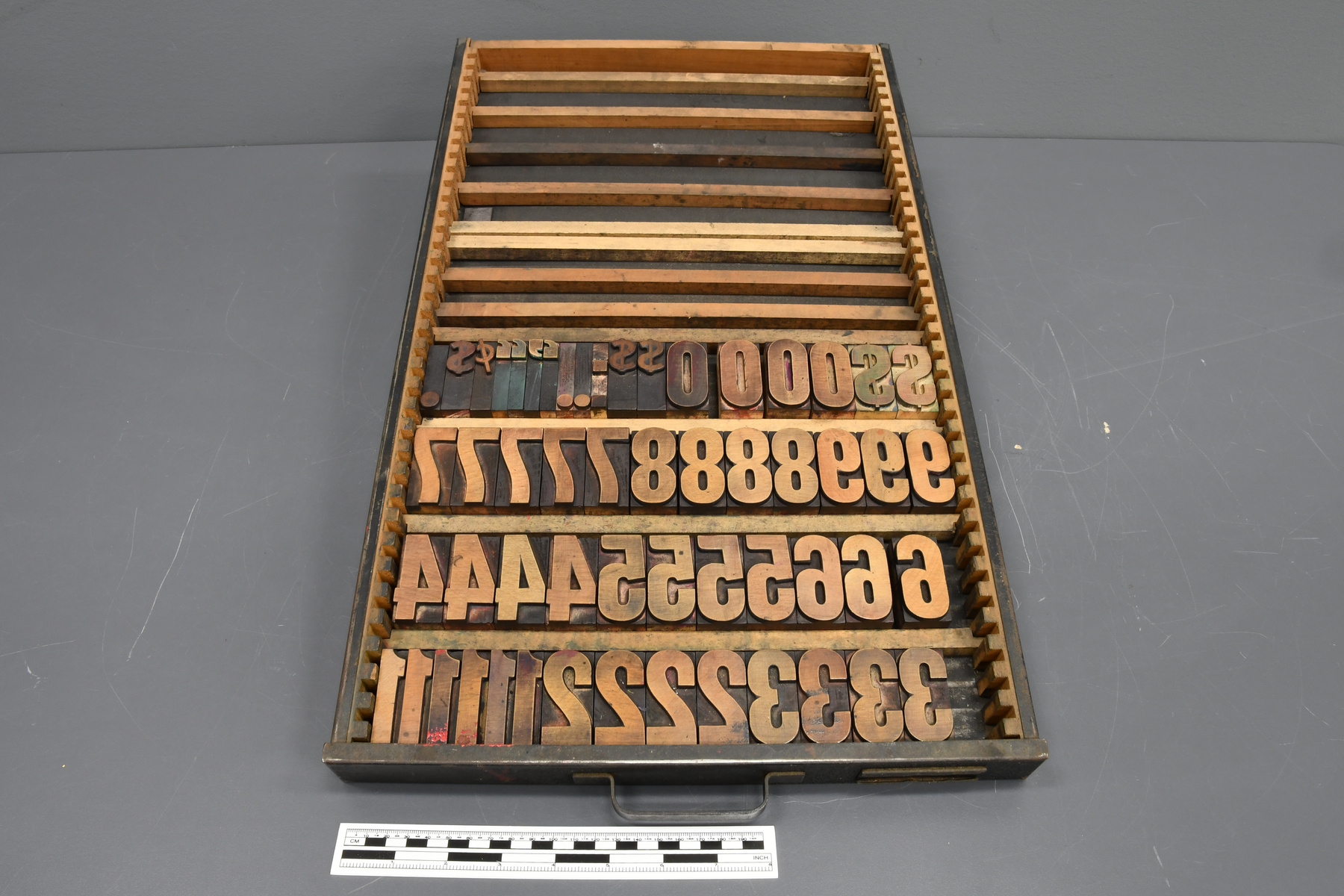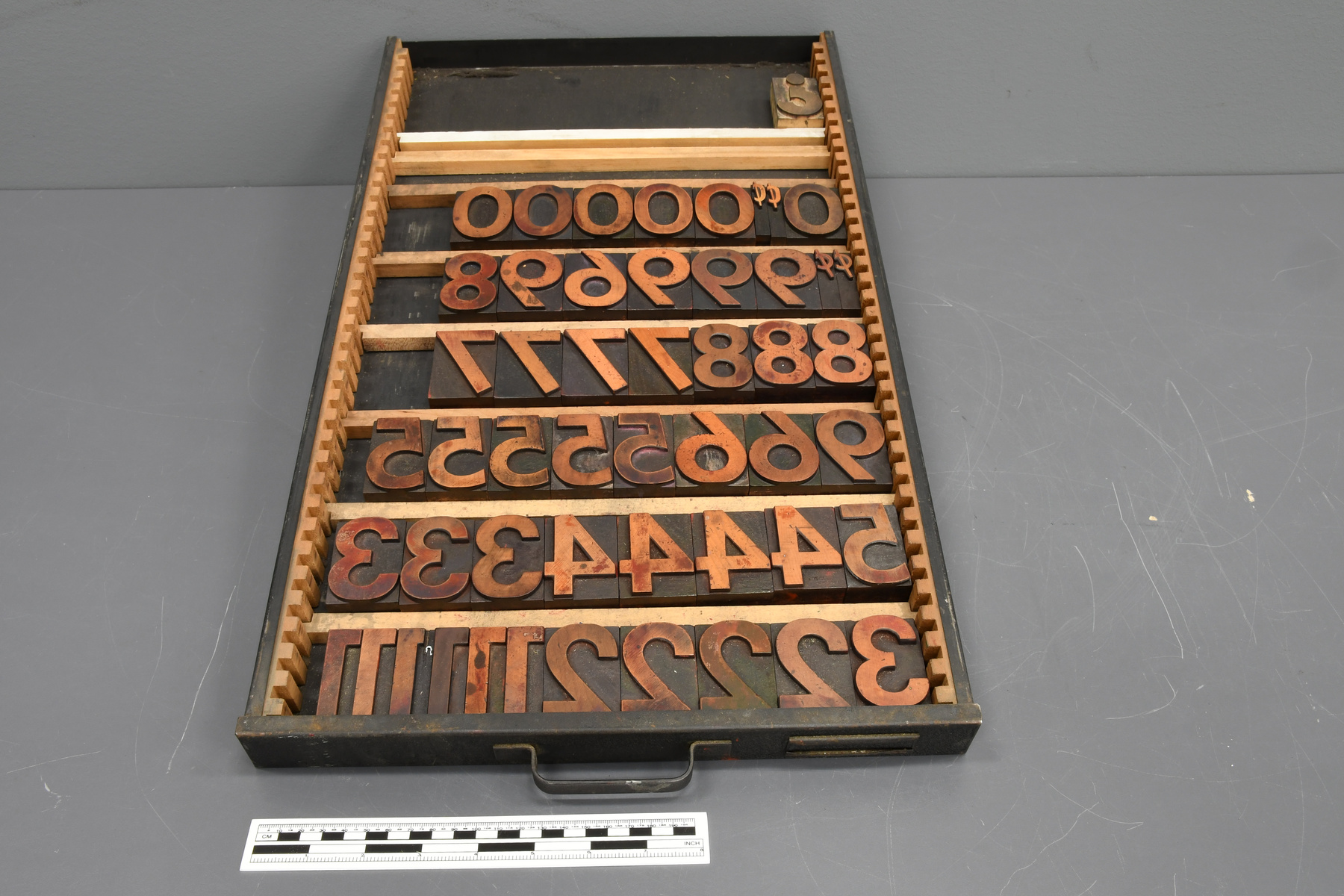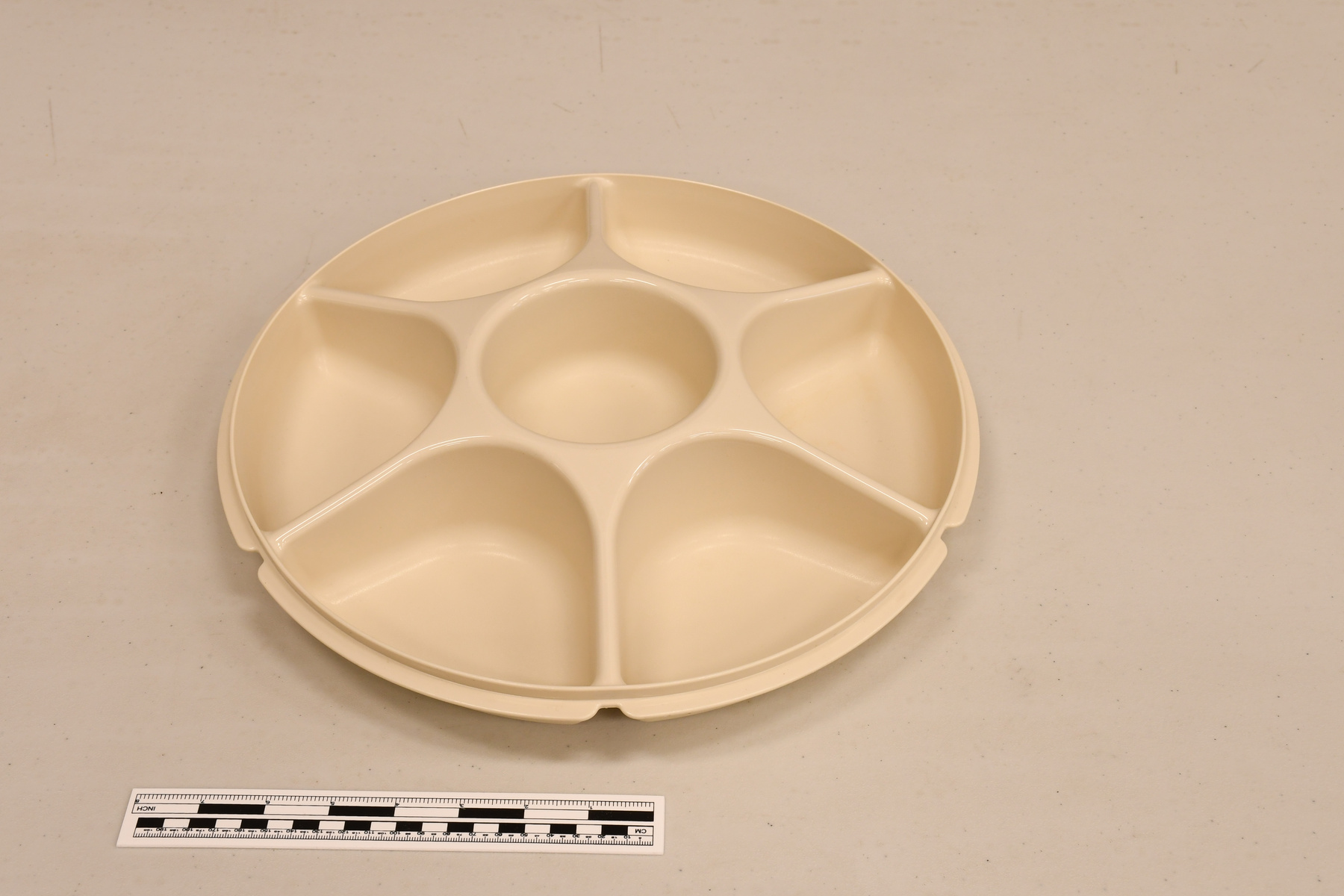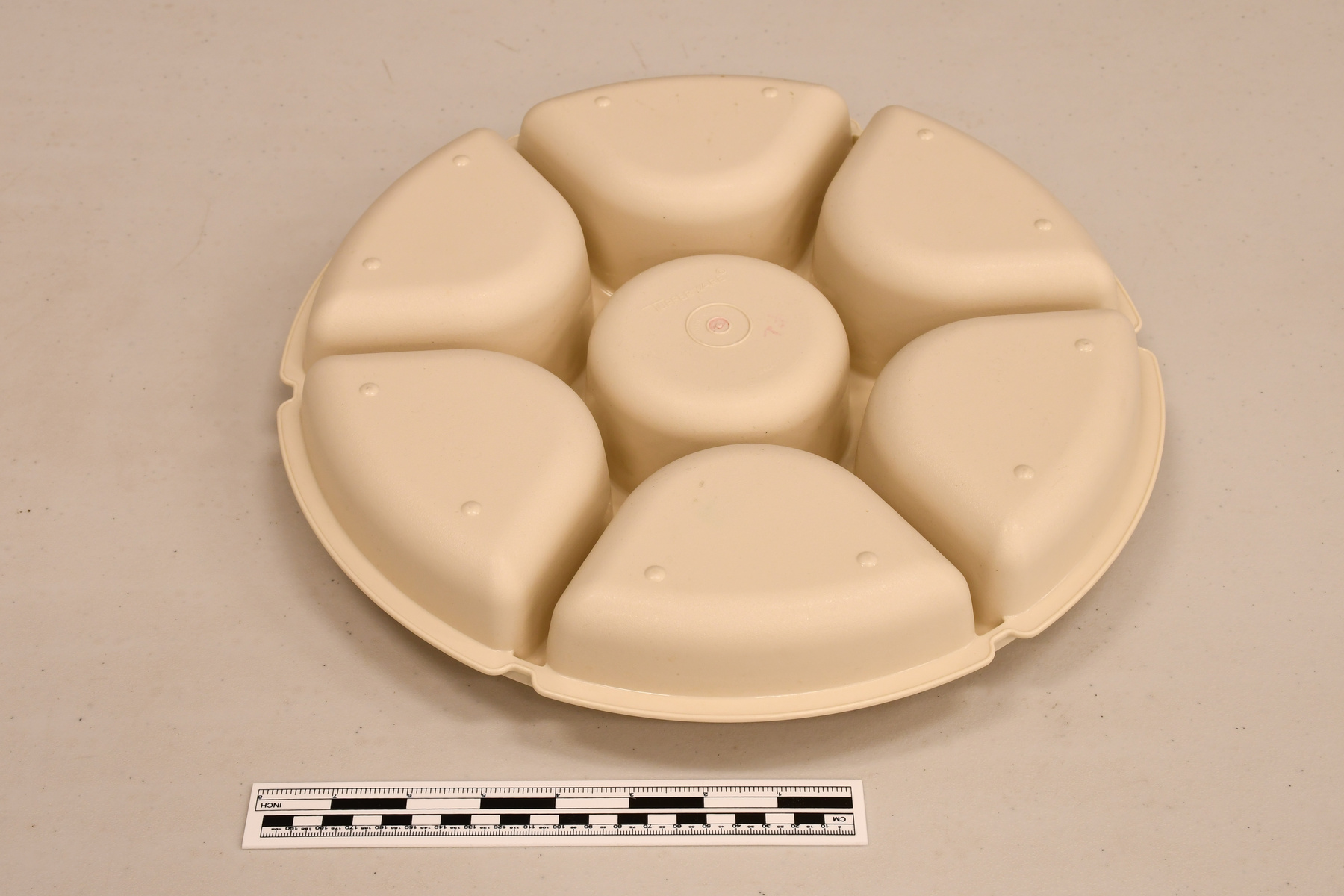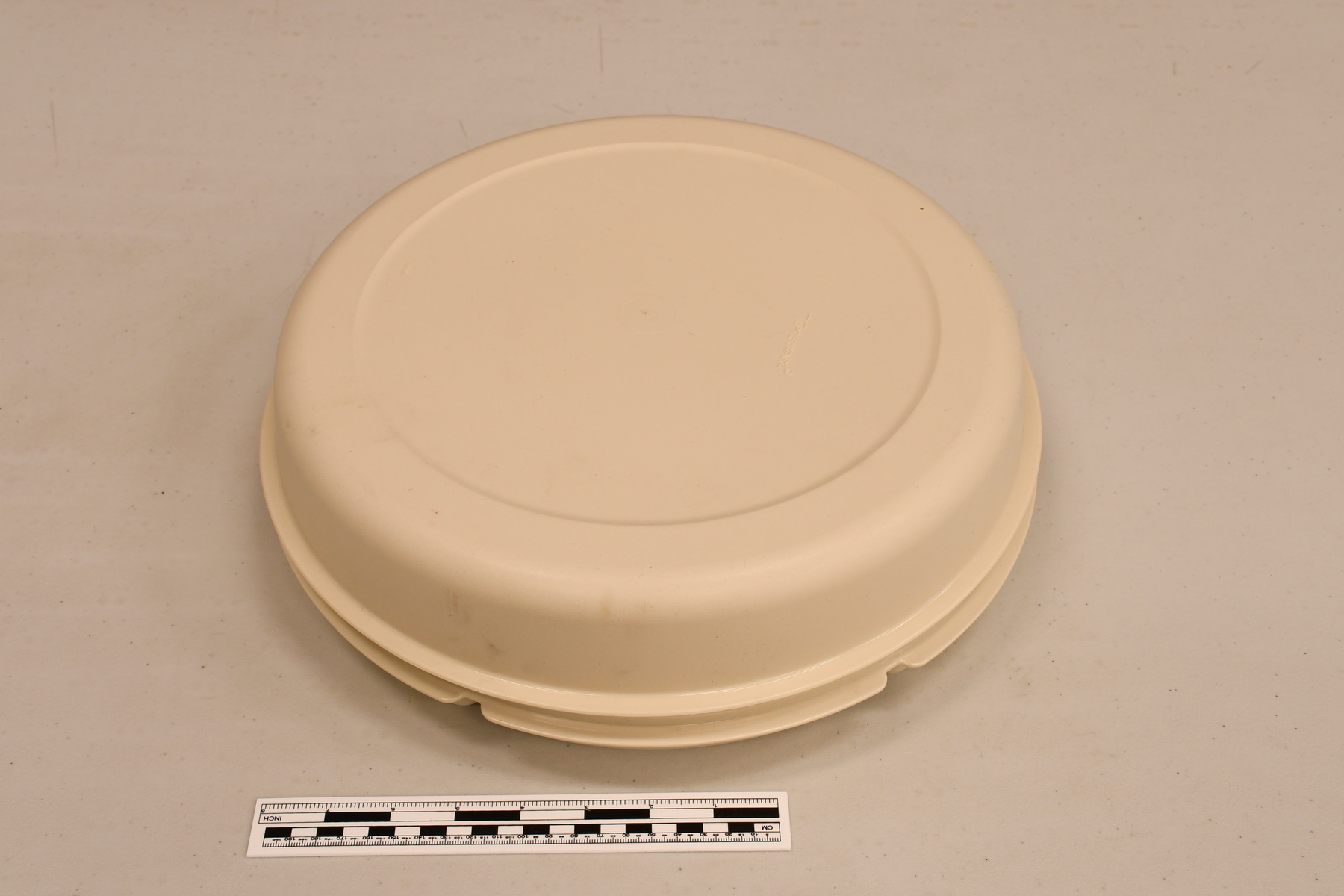Tray, serving
Use this image
Can I reuse this image without permission? Yes
Object images on the Ingenium Collection’s portal have the following Creative Commons license:
Copyright Ingenium / CC BY-NC-ND (Attribution-NonCommercial 4.0 International (CC BY-NC 4.0)
ATTRIBUTE THIS IMAGE
Ingenium,
2018.0192.001
Permalink:
Ingenium is releasing this image under the Creative Commons licensing framework, and encourages downloading and reuse for non-commercial purposes. Please acknowledge Ingenium and cite the artifact number.
DOWNLOAD IMAGEPURCHASE THIS IMAGE
This image is free for non-commercial use.
For commercial use, please consult our Reproduction Fees and contact us to purchase the image.
- OBJECT TYPE
- N/A
- DATE
- 1980–1992
- ARTIFACT NUMBER
- 2018.0192.001
- MANUFACTURER
- Unknown
- MODEL
- Unknown
- LOCATION
- Unknown
More Information
General Information
- Serial #
- 1665-1
- Part Number
- 1
- Total Parts
- 3
- AKA
- N/A
- Patents
- N/A
- General Description
- An object made with synthetic elements/ Un object construit avec du matériel synthétique.
Dimensions
Note: These reflect the general size for storage and are not necessarily representative of the object's true dimensions.
- Length
- 35.0 cm
- Width
- 35.0 cm
- Height
- 8.0 cm
- Thickness
- N/A
- Weight
- N/A
- Diameter
- N/A
- Volume
- N/A
Lexicon
- Group
- Domestic Technology
- Category
- Food processing
- Sub-Category
- N/A
Manufacturer
- AKA
- Unknown
- Country
- Unknown
- State/Province
- Unknown
- City
- Unknown
Context
- Country
- Canada
- State/Province
- Ontario
- Period
- Unknown
- Canada
-
The Tupperware company was founded in 1946 by Earl Tupper in the United states. The first manufacturing plant in Canada was founded in 1963 in Cowansville Québec. A second plant was later created in Morden Manitoba in 1979. Both plants would serve the east and west of Canada respectively. On February 6, 1985 the entire production was transferred to the Morden factory and the Cowansville one was shut down. Tupperware produces were extremely popular in Canadian households because of direct selling methods. Mrs. Brownie Wise first initiated Tupperware “parties” and that idea led to the Tupperware products becoming an icon in the consumer industry throughout North America and the world in the 20th century. La compagnie Tupperware a été fondée en 1946 par Earl Tupper aux États-Unis. La première filiale fut établie au Canada, à Cowansville, au Québec en 1963. La deuxième usine fut établie à Morden au Manitoba en 1979. L'usine québécoise desservait l'est du Canada et la nouvelle, l'ouest du Canada. Le 6 février 1985 la production est transférée à l'usine de Morden, au Manitoba. Les produits Tupperware furent très populaires dans les foyers canadiens. La technique de vente était la vente directe, méthode initiée par Mme Brownie Wise. Les représentantes organisaient des ``party`` Tupperware. Les articles Tupperware sont devenus une icône de la société de consommation de la deuxième moitié du 20e siècle en Amérique du Nord et ailleurs dans le monde. - Function
-
This tray is used to transport food as well as display it for service at parties or events. It includes divided sections with rigid walls in order to keep food separate while also being incredibly light weight to facilitate transport. Ce plateau est utilisé pour transporter a mangé ainsi que pour le service à des événements. Il inclut des sections divisées avec des murs rigide pour s'assurer de garder les aliments séparés. Il est aussi très léger qui facilite le transport de l'objet quand il est rempli. - Technical
-
Divided serving trays are used to keep different food apart from one another to avoid the mixing of spices, flavors and textures. It is also used to help separate food with different temperatures while offering portion control. Des plateaux de service en forme de division sont utilisés pour garder à manger séparé un de l'autre pour s'assurer de ne pas mélanger les épices, les goûts et les textures. Ces genres de plateau de service sont aussi utilisés pour séparer la manger et offrir un contrôle des portions servies et tenir des aliments avec des températures différentes loin un de l'autre. - Area Notes
-
Unknown
Details
- Markings
- On the bottom of the tray/En dessous du plateau: "TUPPERWARE/ MADE IN CANADA".
- Missing
- None apparent/L'objet a toutes ces pièces.
- Finish
- A beige coloured circular serving tray made of synthetic material that is divided into six portions that run around its edges as well as one small hole in its center. A maker’s mark is visible on the bottom of the tray in the middle of the object. Un plateau de service en matériel synthétique de couleur beige en forme circulaire qui est divisé en six portions ainsi qu'un septième aux milieux du plateau. Une marque du fabricateur est visible sur le dessous de l'objet au milieu.
- Decoration
- N/A
CITE THIS OBJECT
If you choose to share our information about this collection object, please cite:
Unknown Manufacturer, Tray, serving, circa 1980–1992, Artifact no. 2018.0192, Ingenium – Canada’s Museums of Science and Innovation, http://collection.ingeniumcanada.org/en/item/2018.0192.001/
FEEDBACK
Submit a question or comment about this artifact.
More Like This
